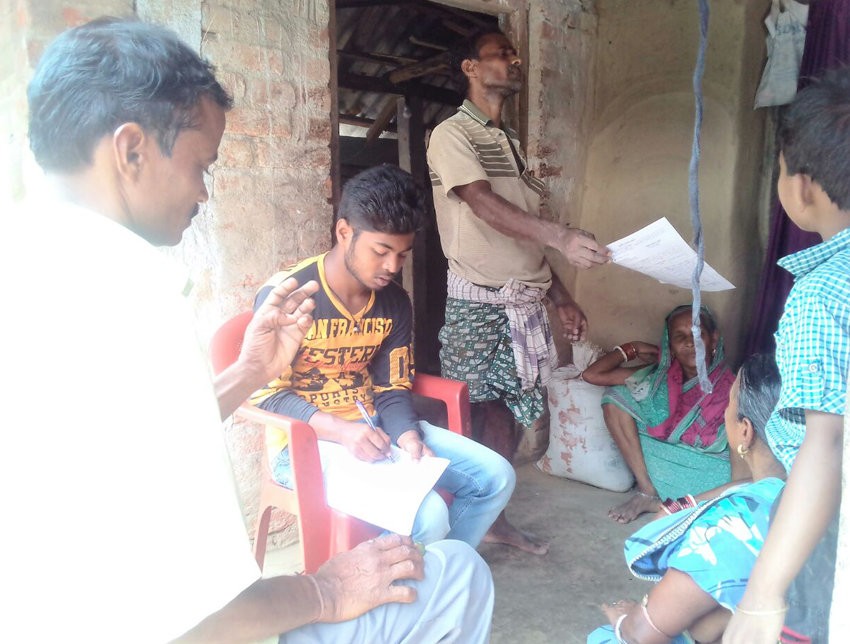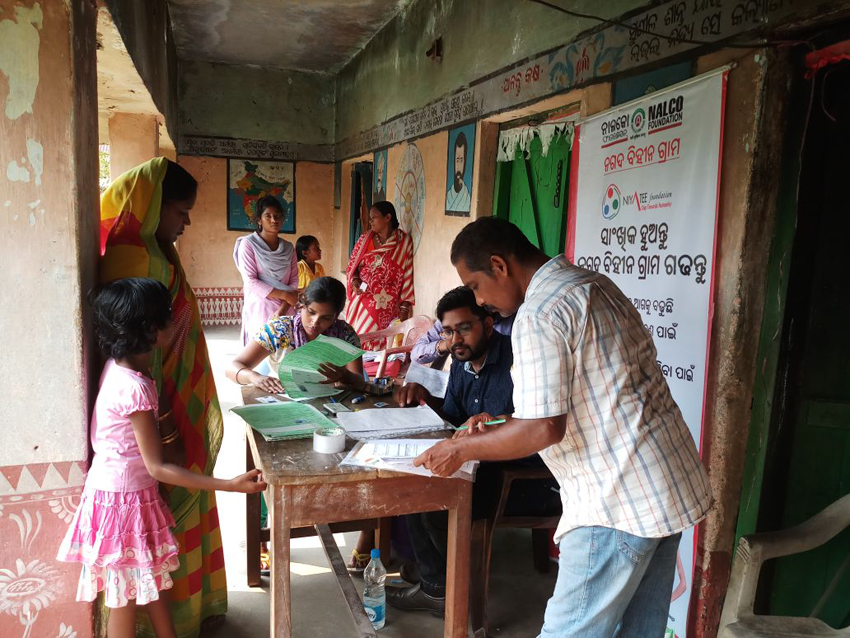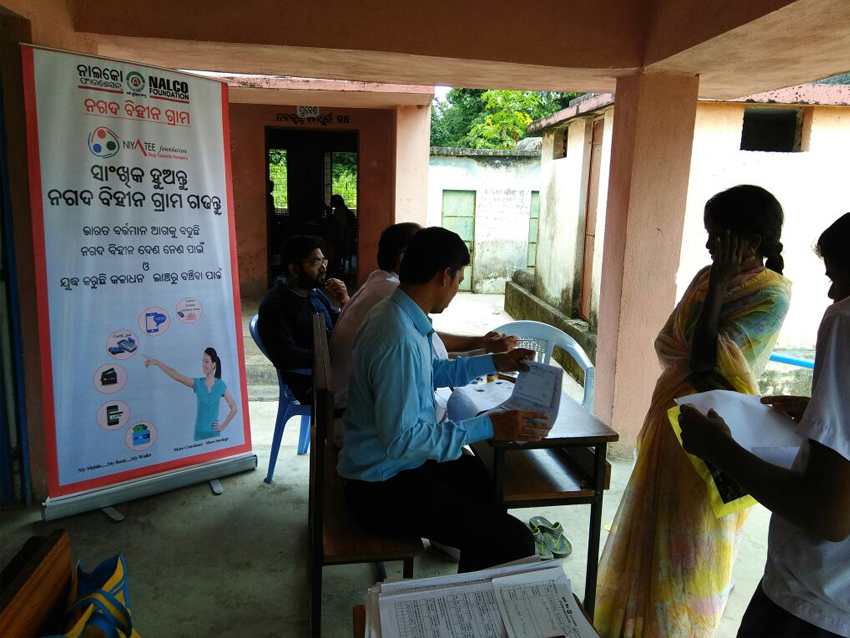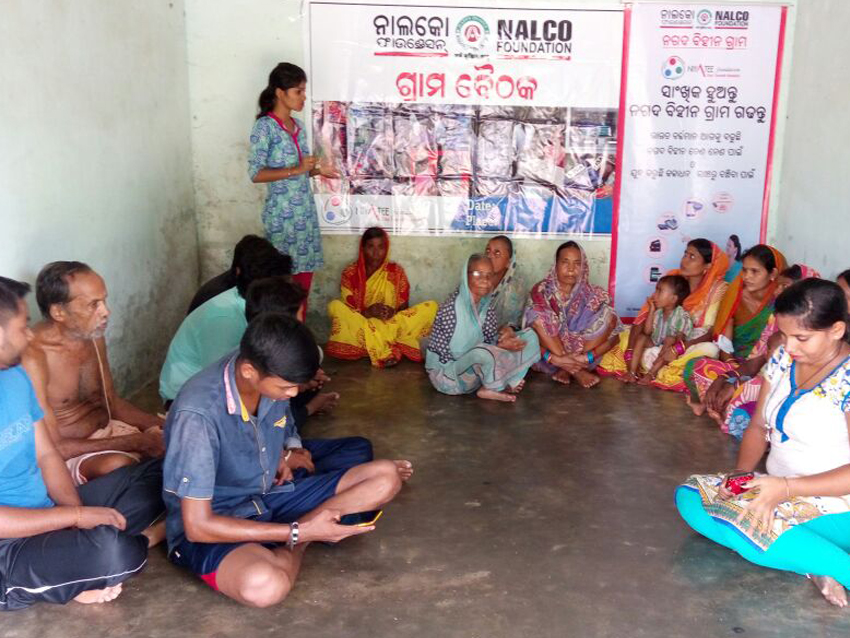Early Childhood Care and Nutrition are crucial for children's physical and mental development. Children aged between 6 months to 3 years require adequate care and nutrition interventions to fight Malnutrition and implant seeds of early childhood learning. In the absence of primary caregivers, especially in the underprivileged regions, where the maximum population is dependent on daily waged jobs, the institutionalization of Early childhood care has become inevitable to facilitate the development of children and women's workforce participation. The program shall also relieve the elder siblings from the burden of Child care, promoting their education and fewer dropouts from schools.
The project aims at extending community-based Creches in close vicinity of the dwelling or workplace of the mother to ensure an accessible day-care facility to the children, with adequate focus on their nutritional development and Early Childhood Cognitive Development, promoting their financial empowerment.
Presently, we are working as the Implementation Agency to establish and manage 50 Crèches in the Kuarmunda Block of Sundarhgarh District. The creche extends daycare facilities to children aged 6 months to 3 years to ensure their Early Childhood Care and Development and eradication of Malnutrition. The program envisioned to ensure healthy physical, mental and social development of the children, whose both parents are employed on daily wage labours and the child is at the risk of having a ignored childhood, with poor nutritional, physical and mental development.
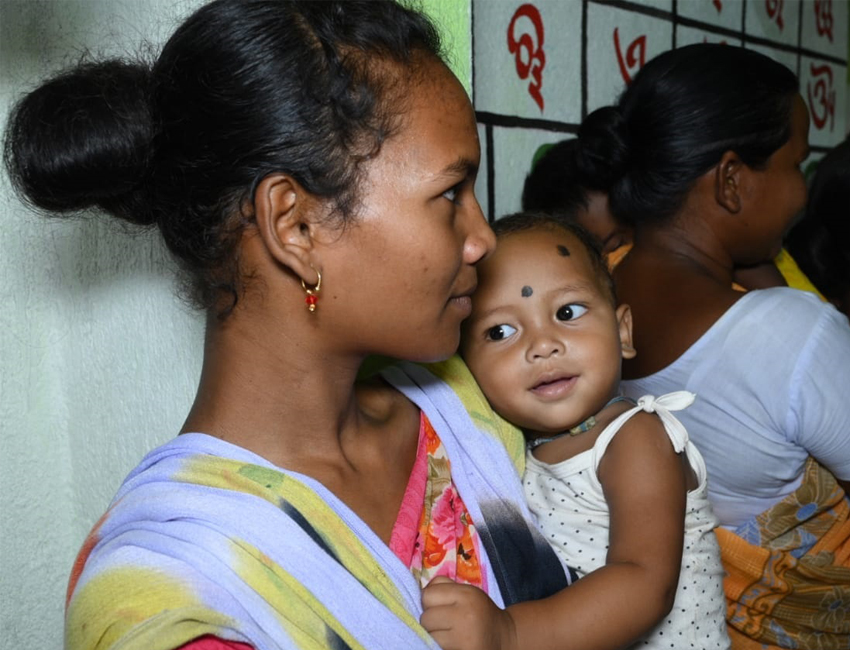
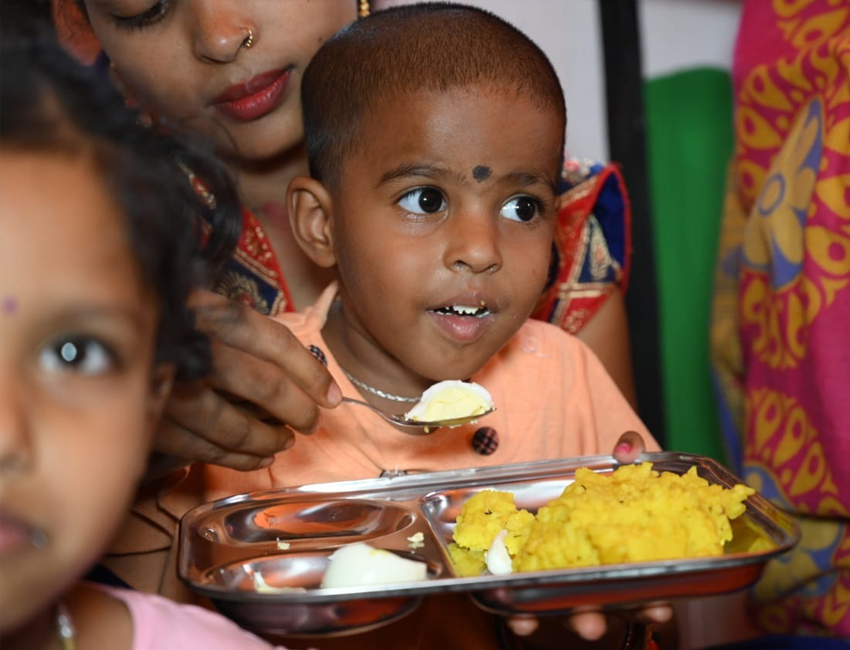
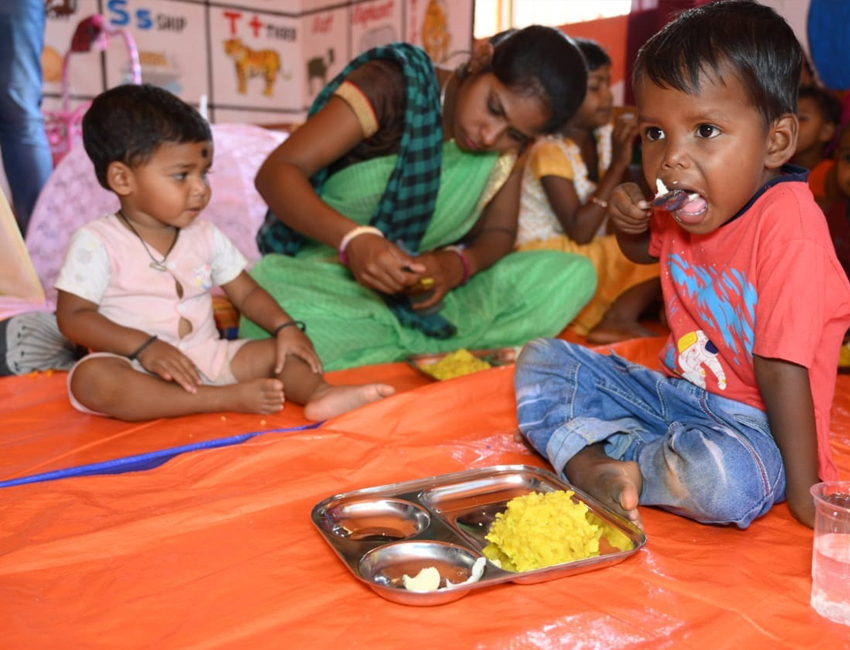
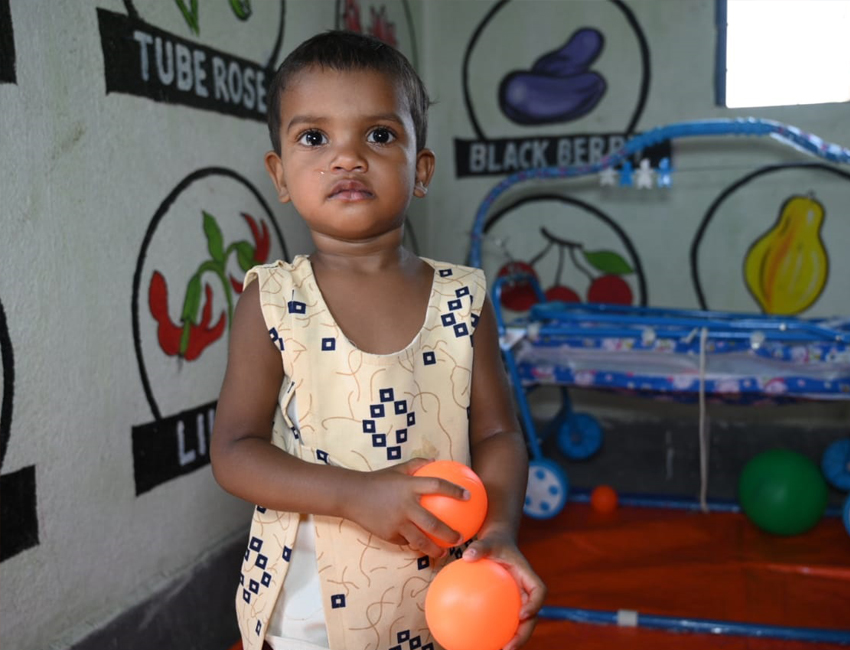
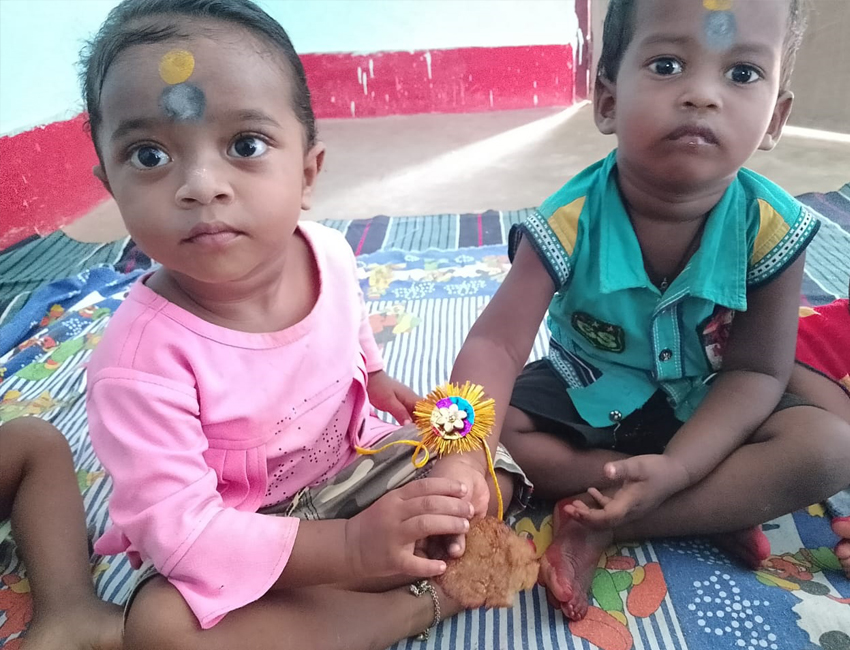
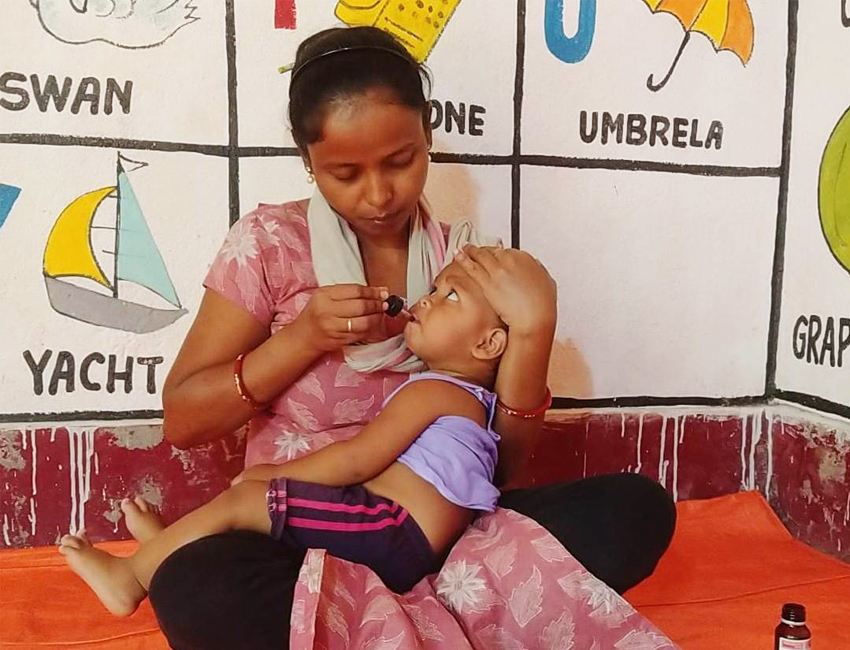
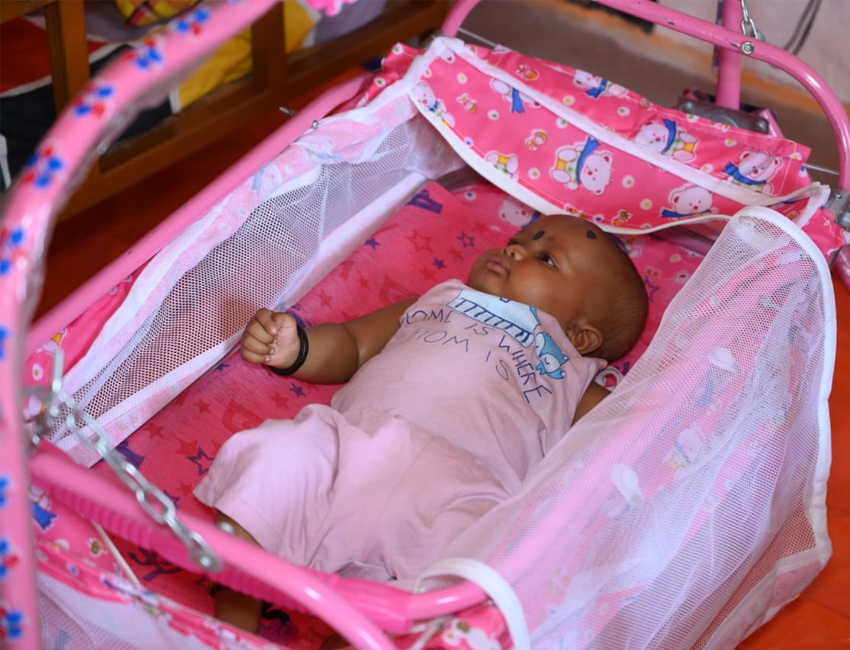
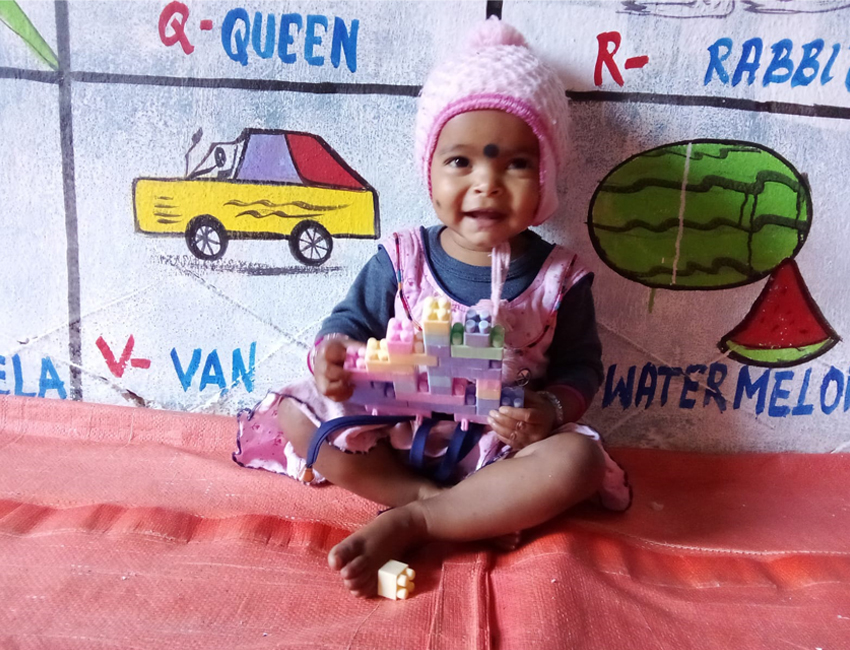
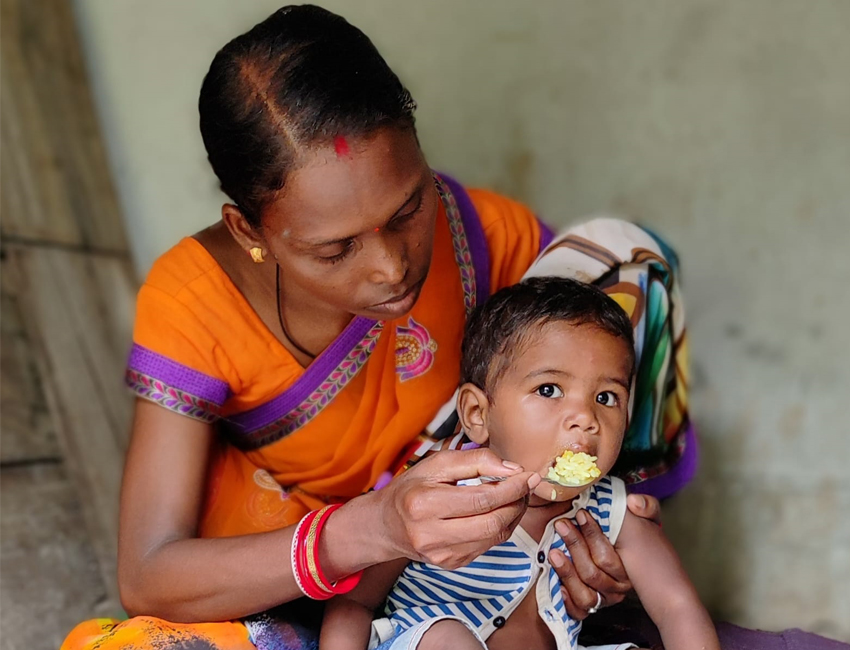
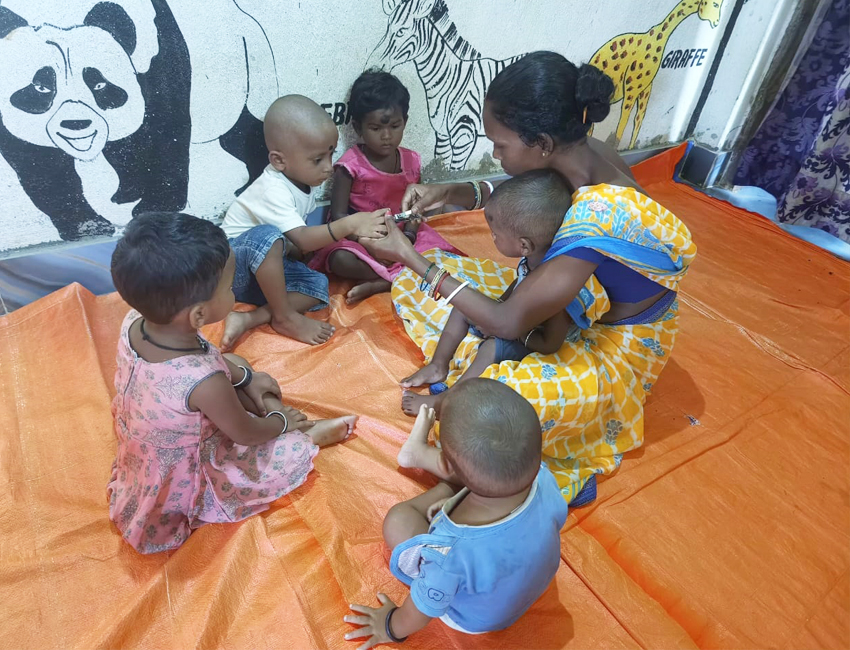
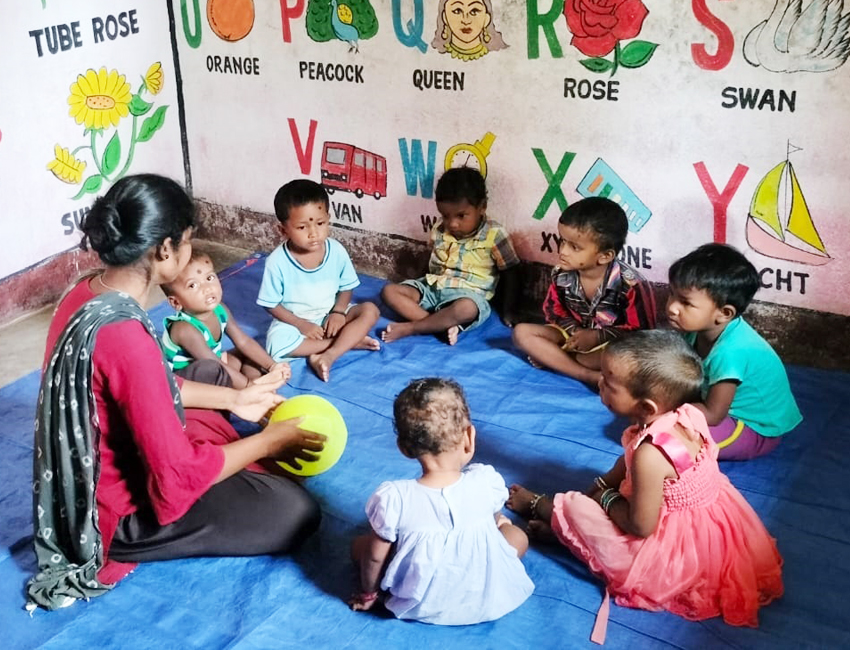
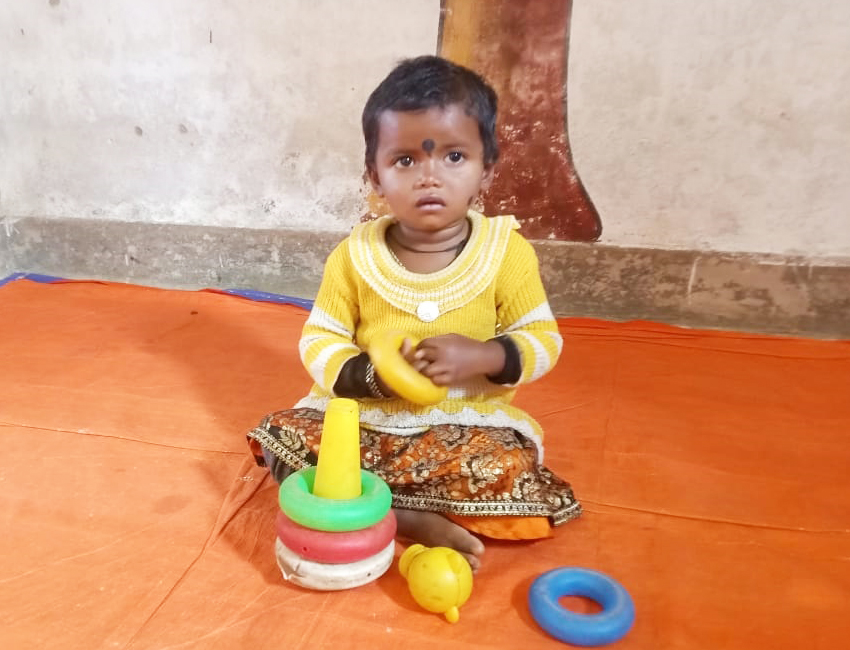
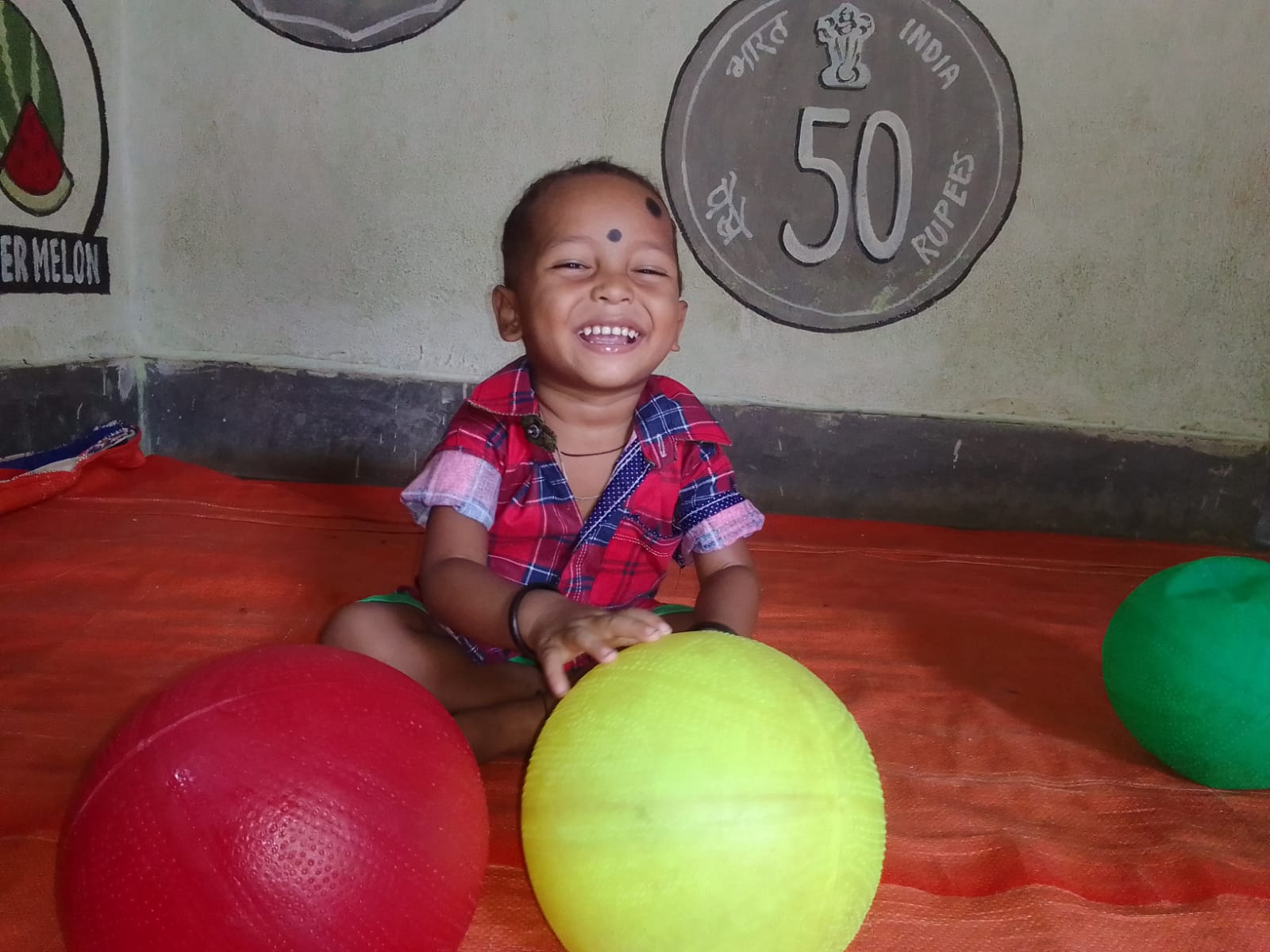
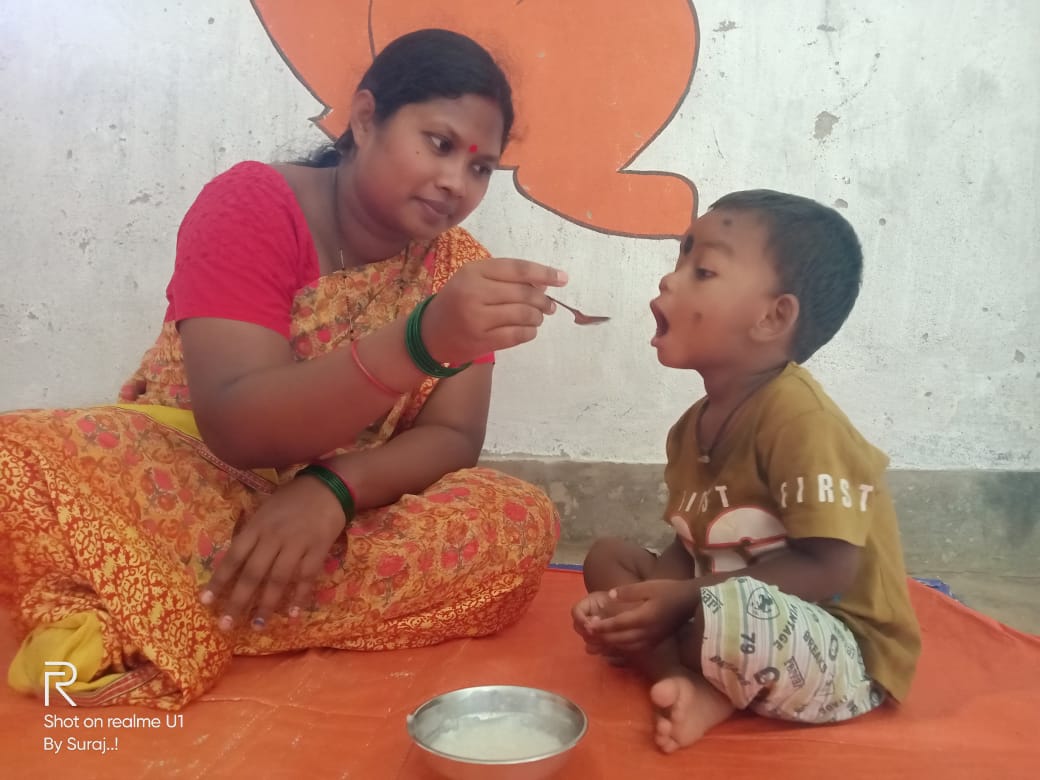
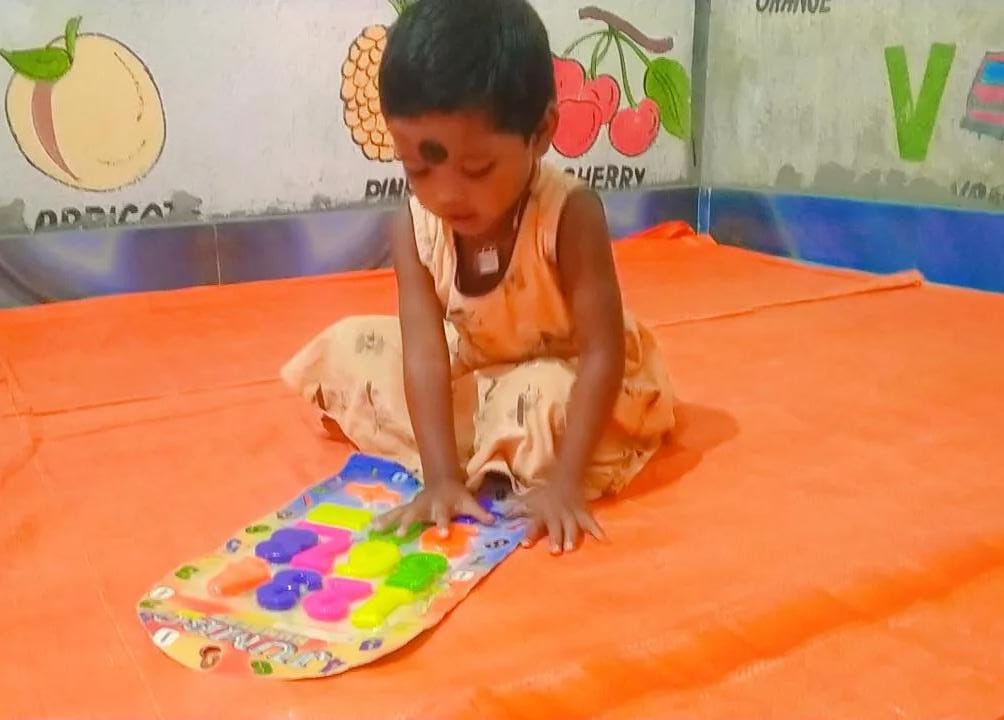
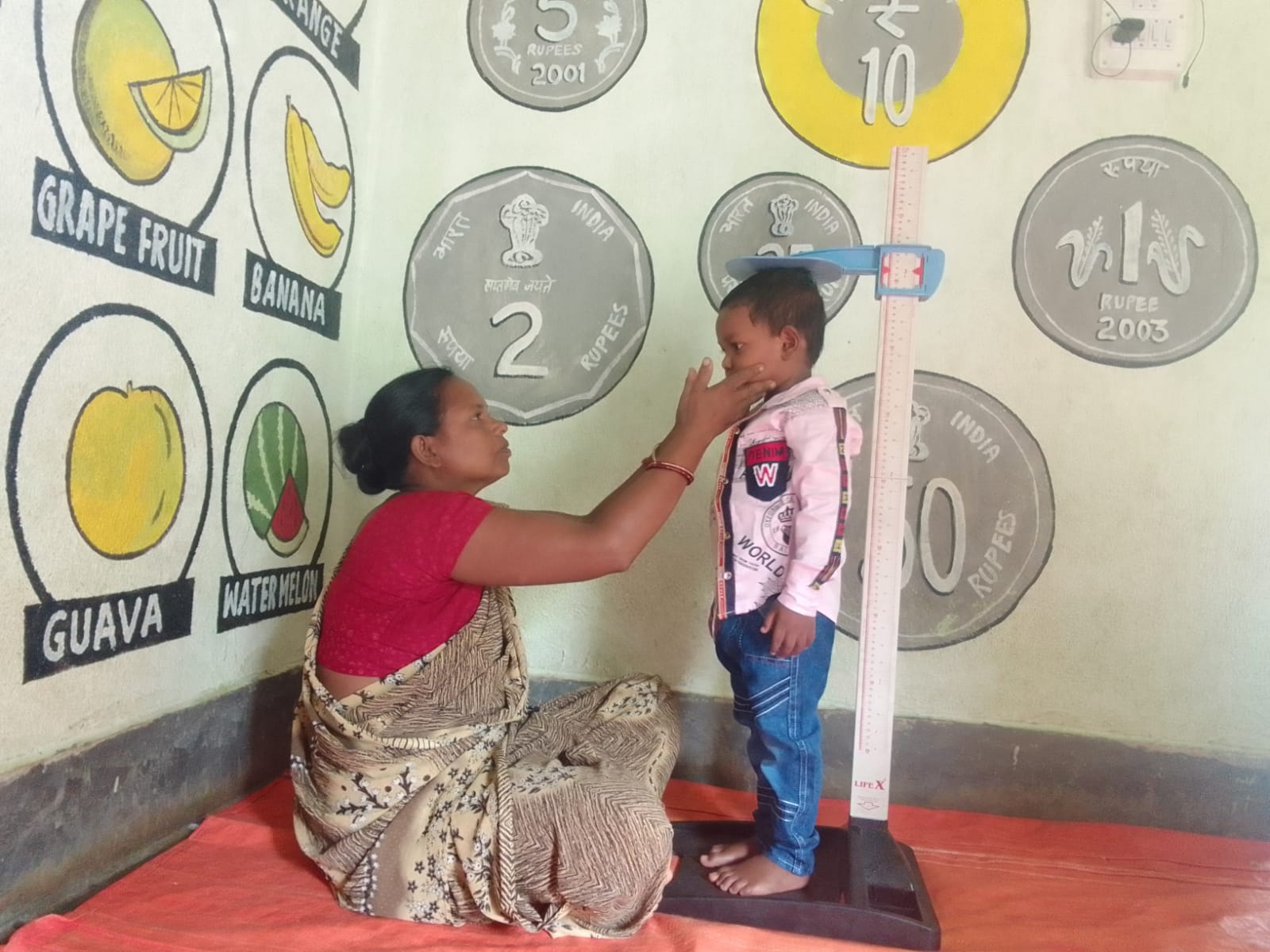
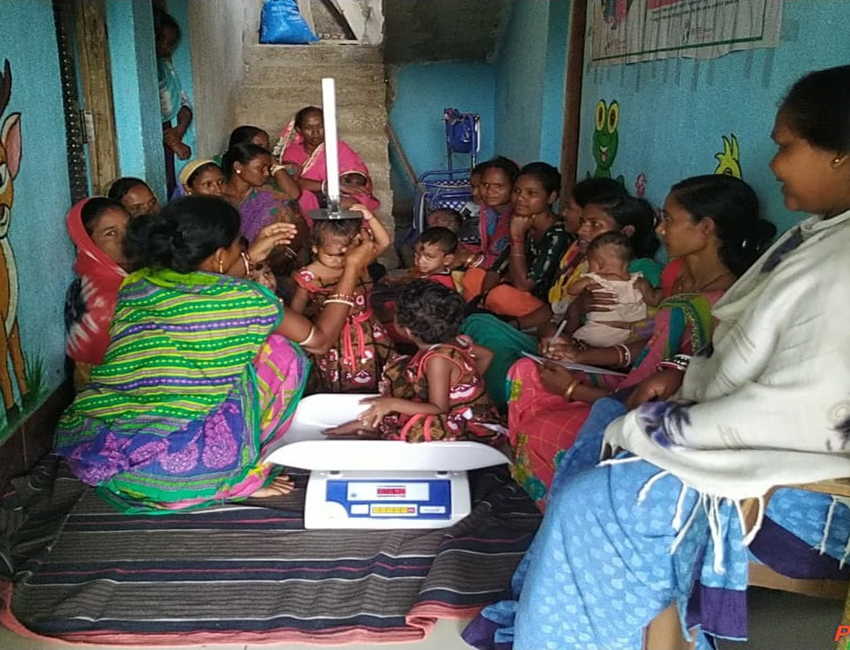
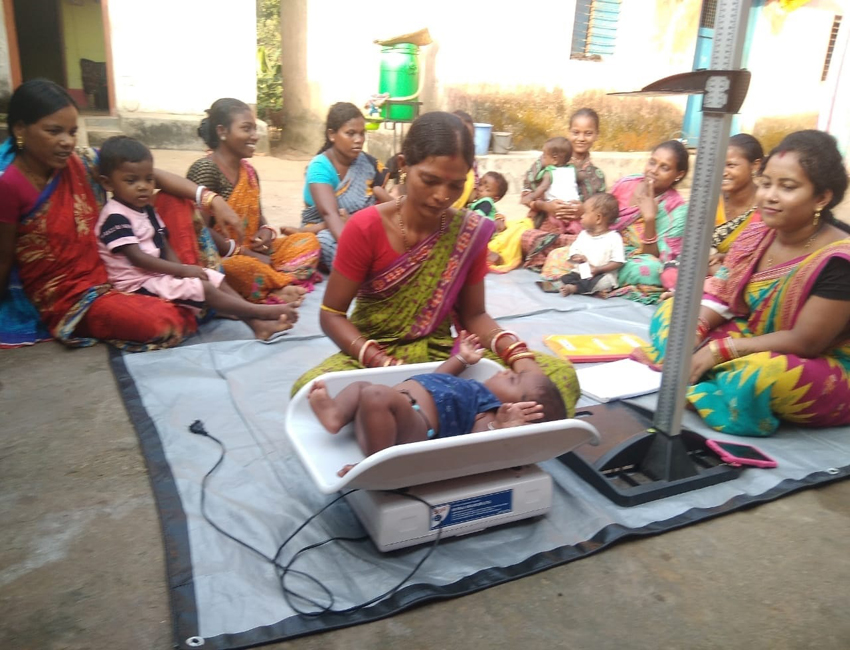
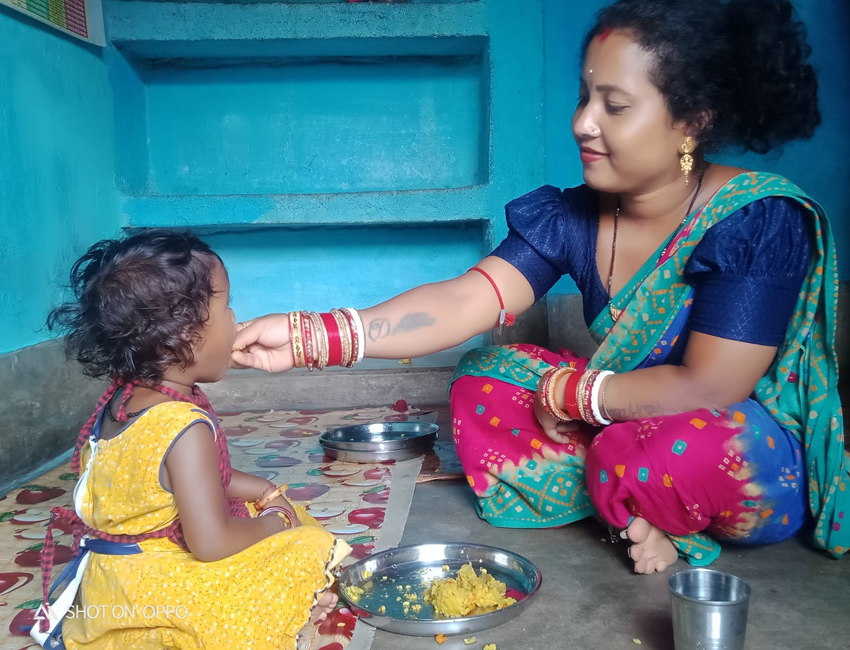
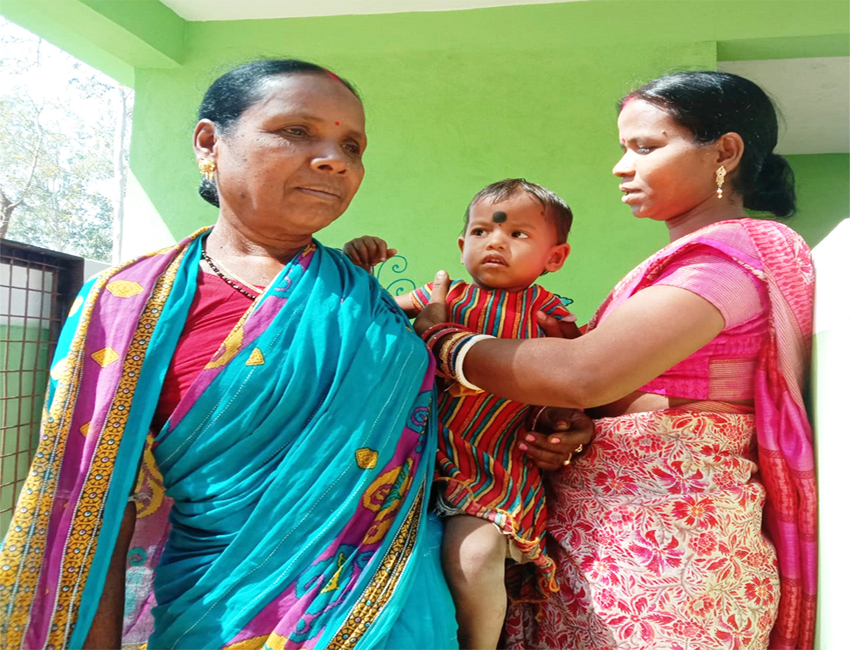
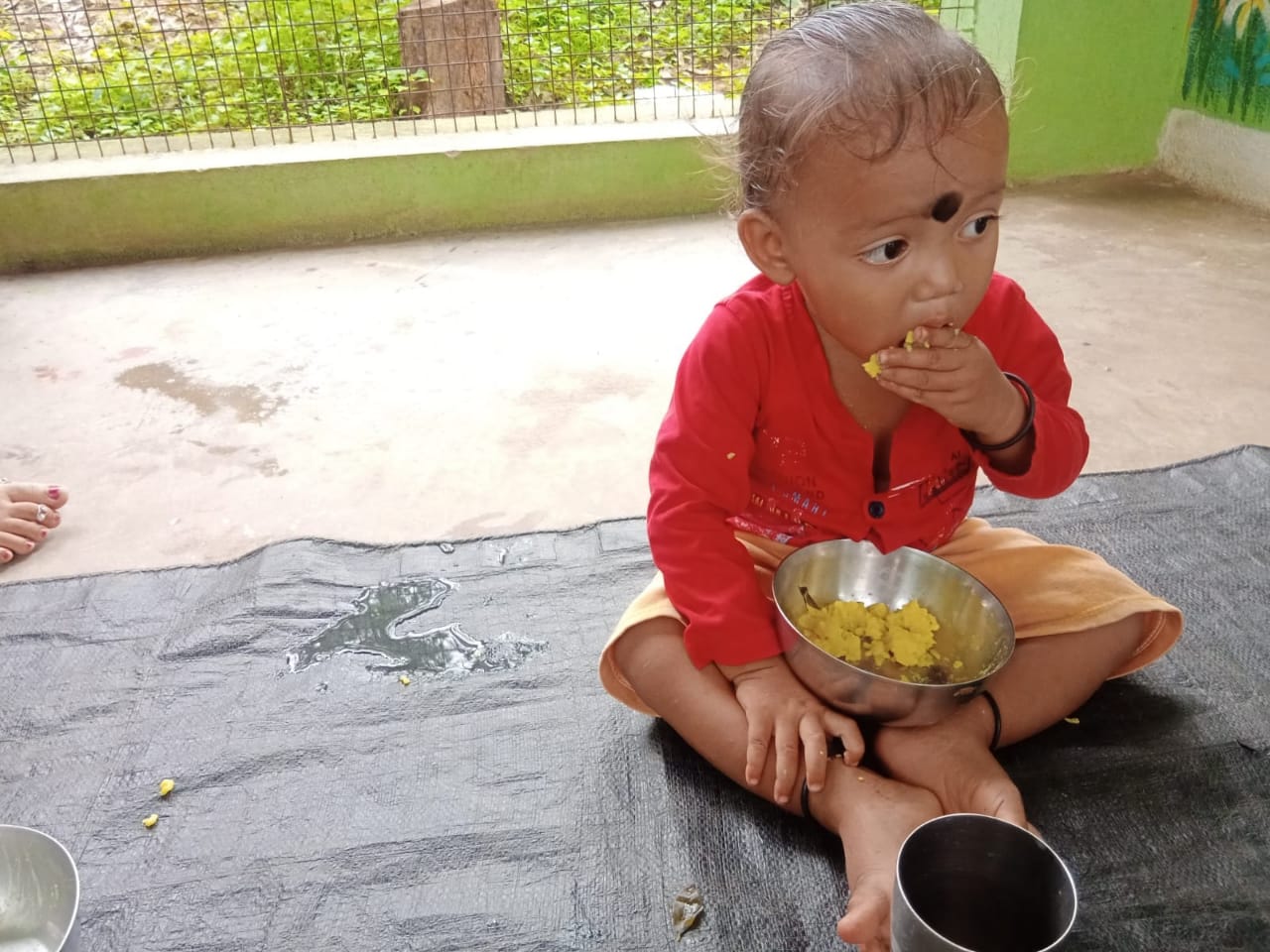
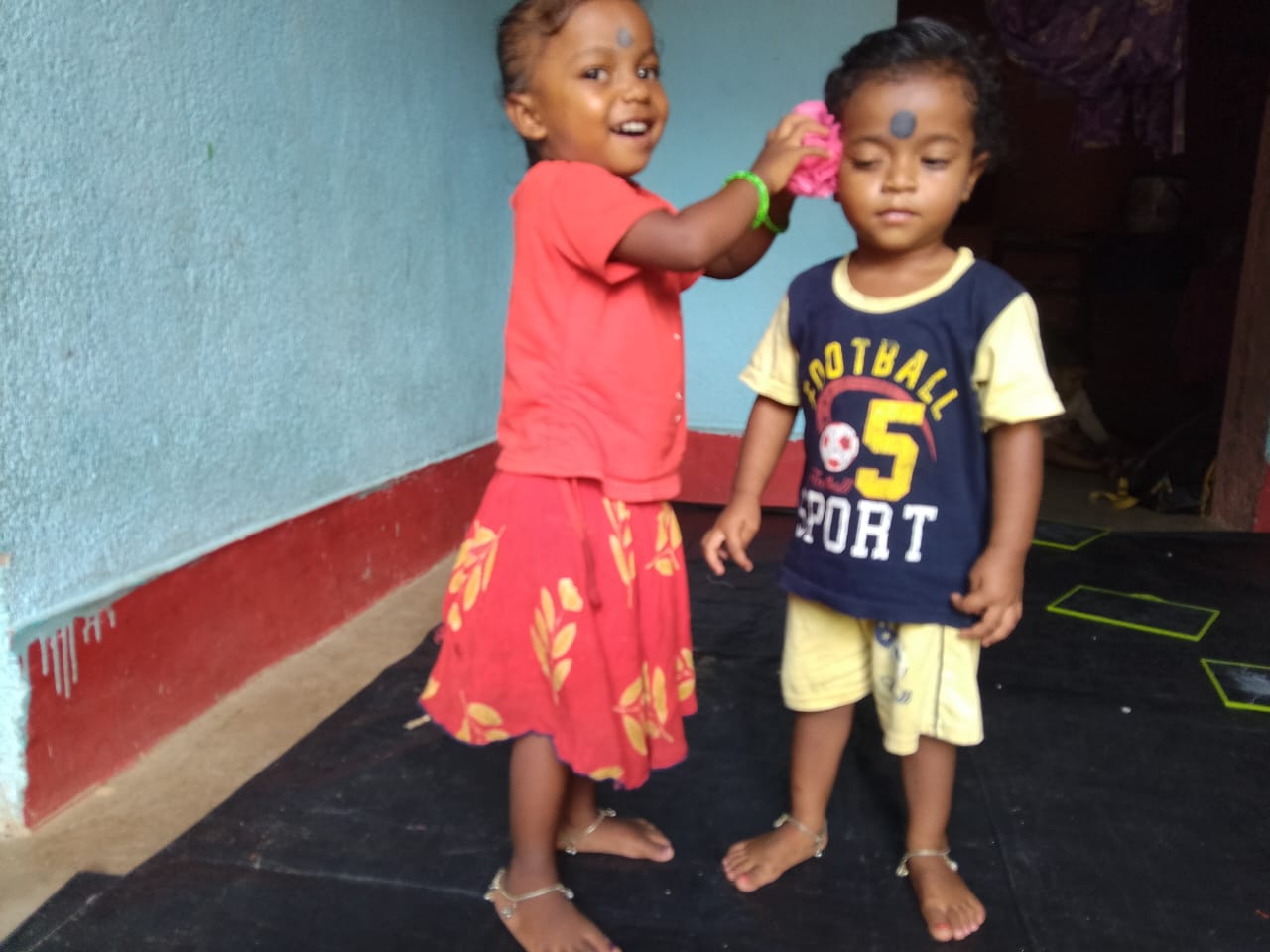
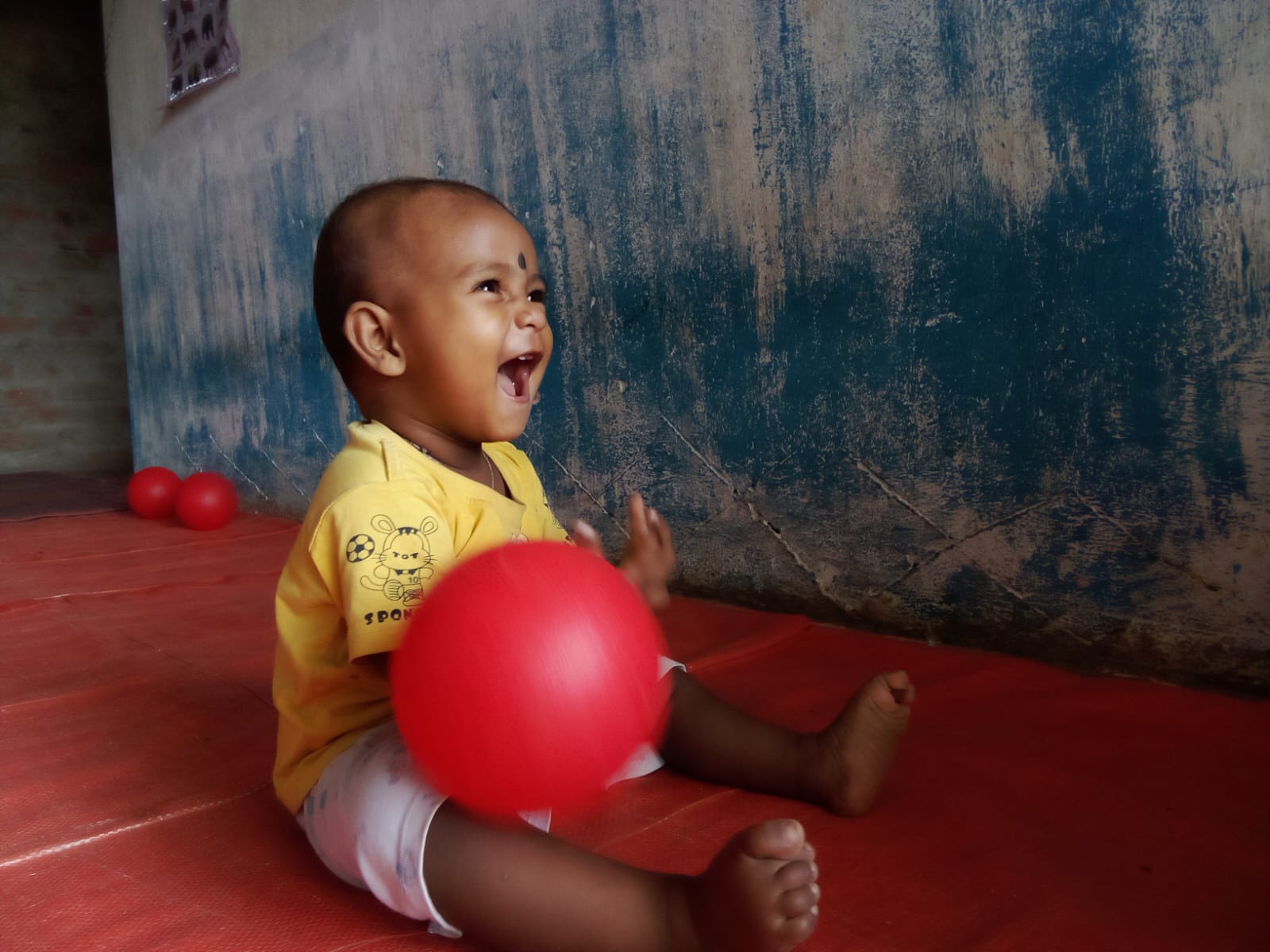
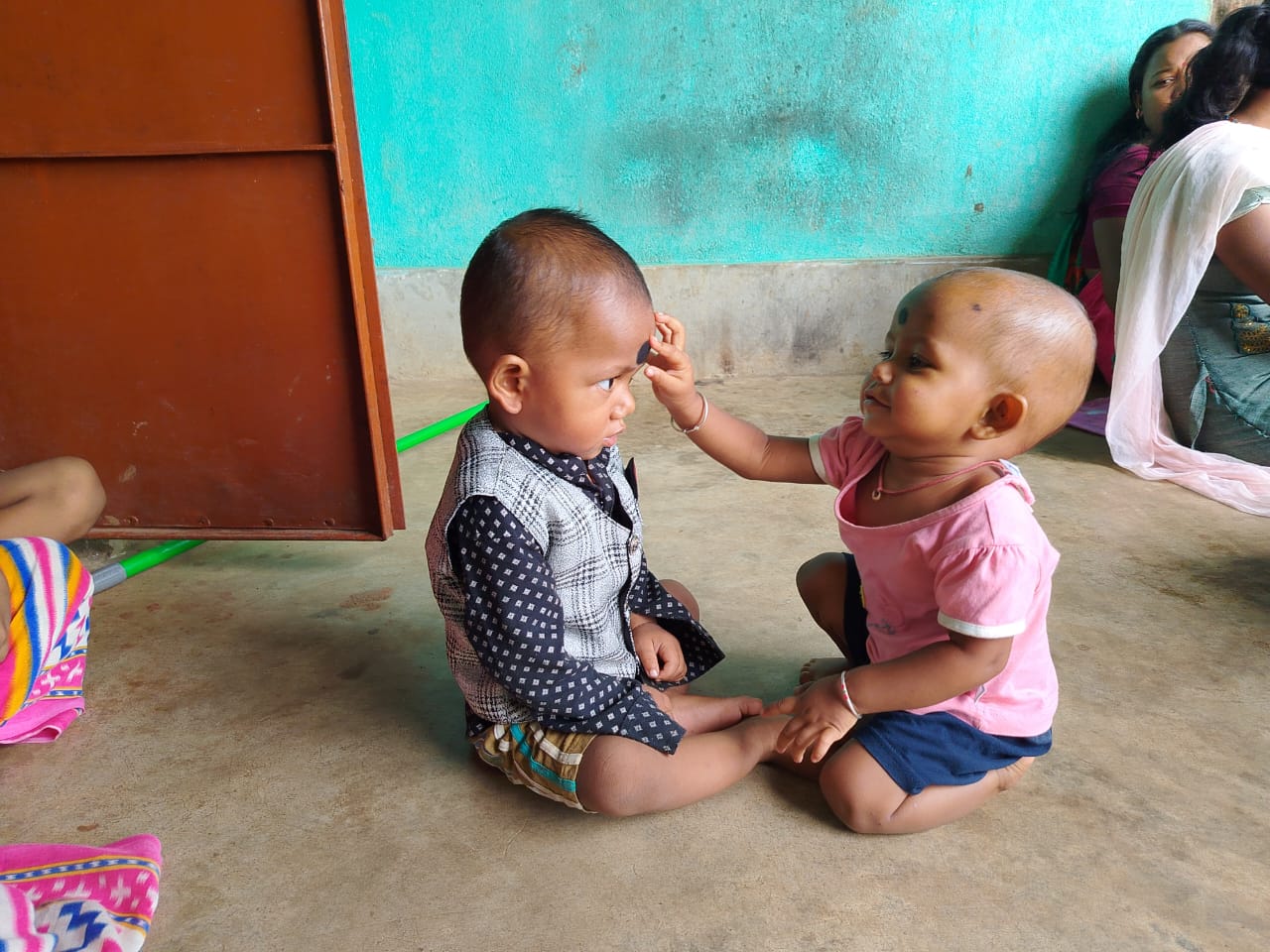
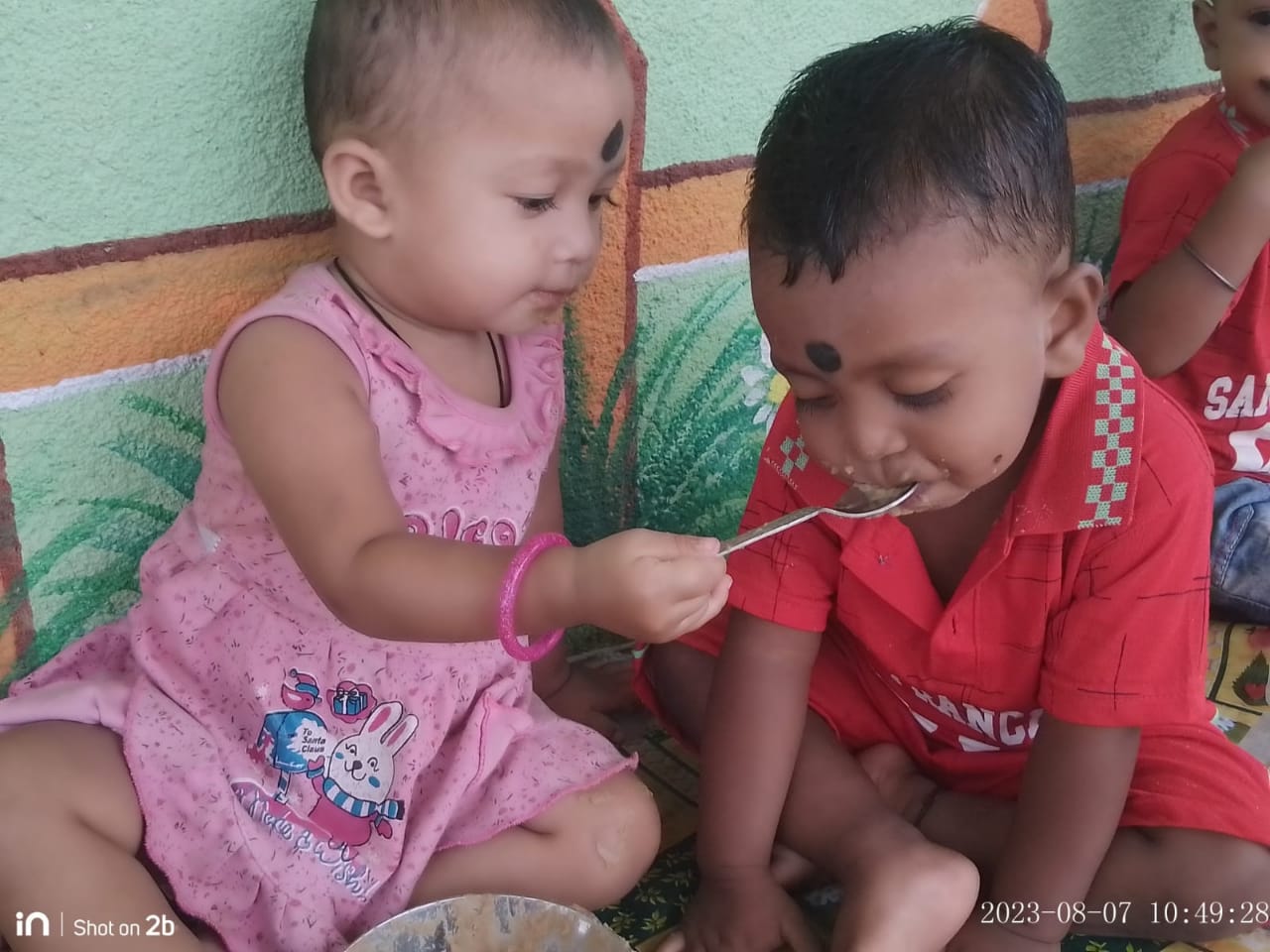
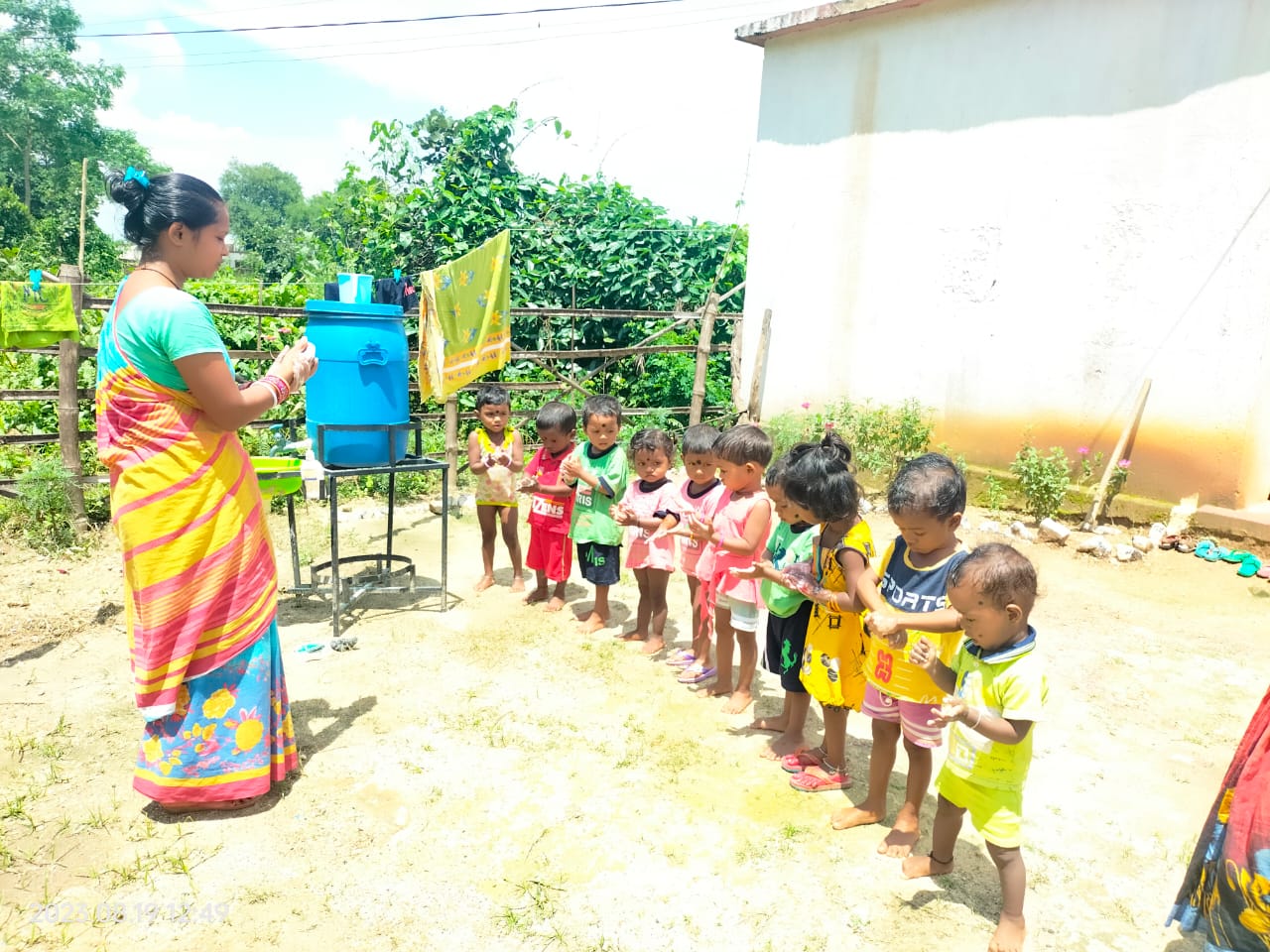
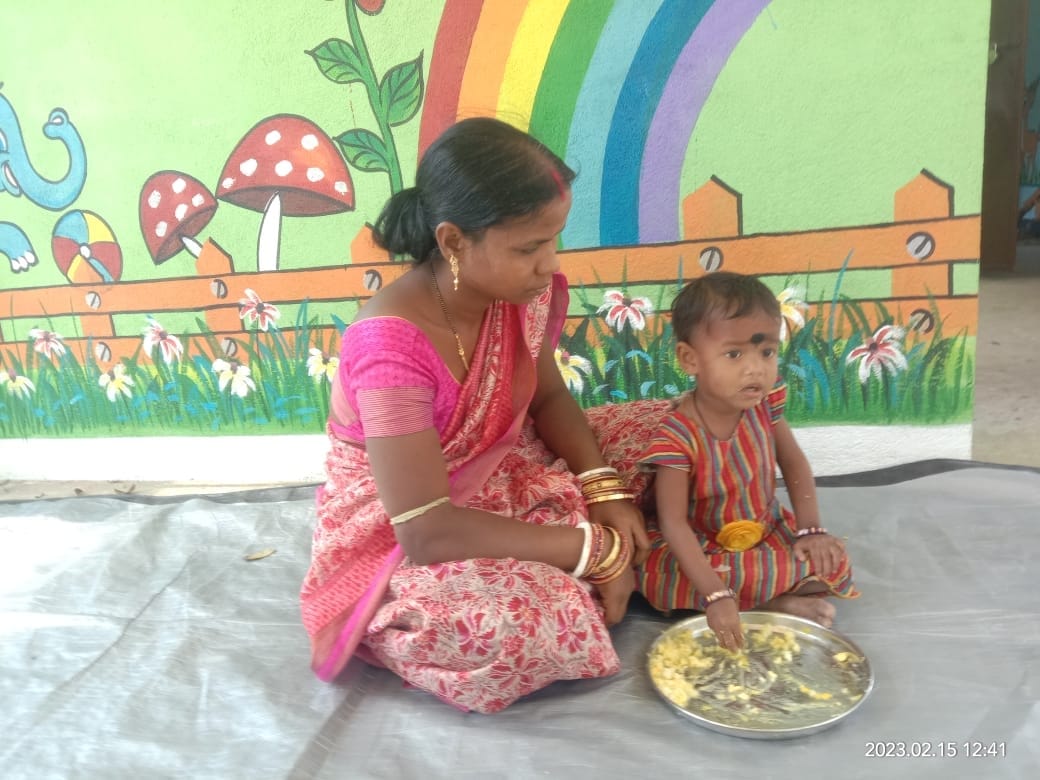
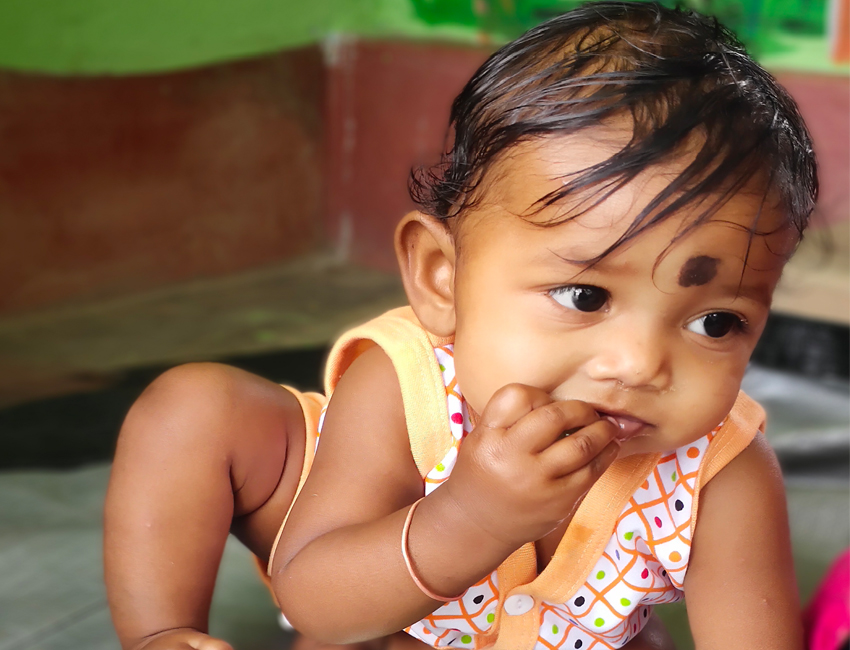
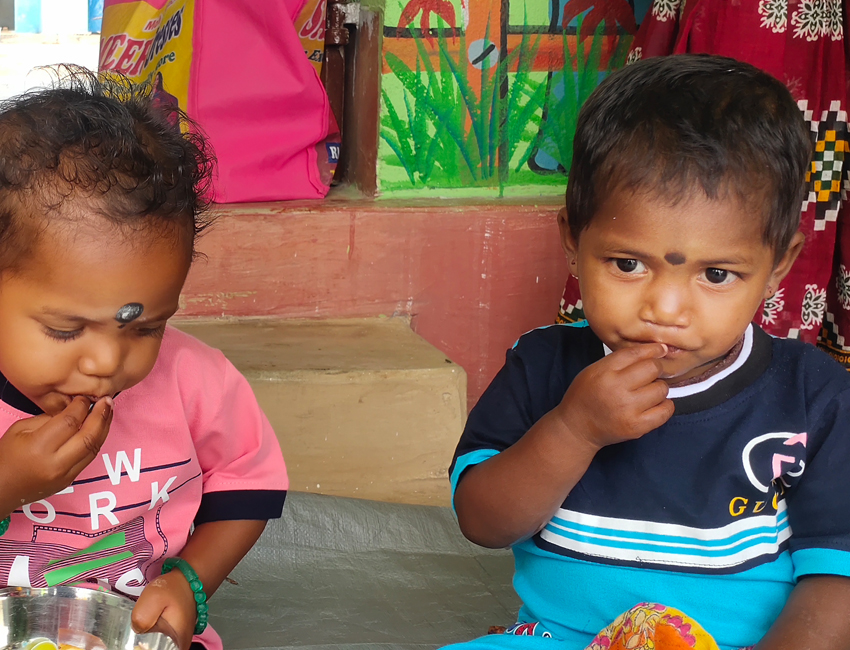
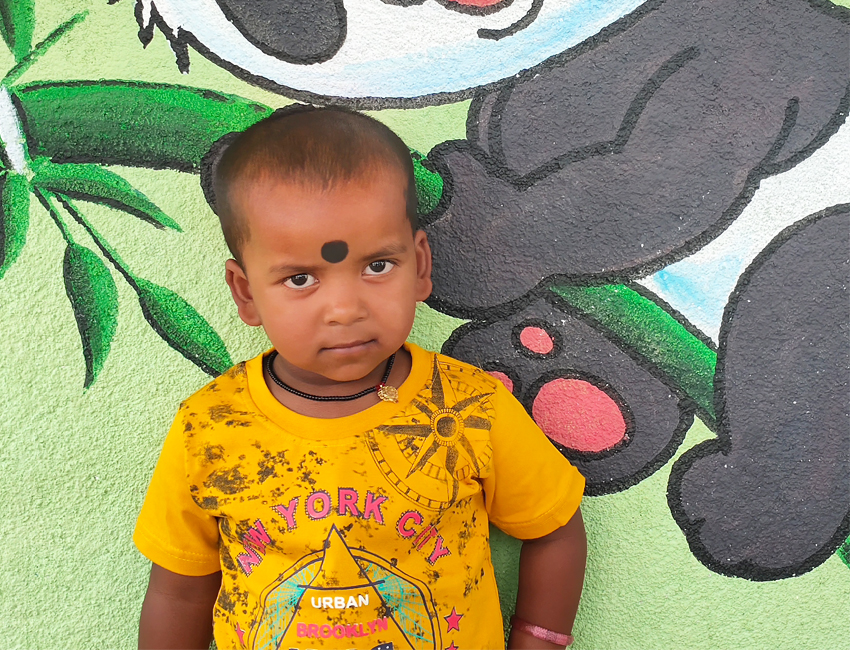
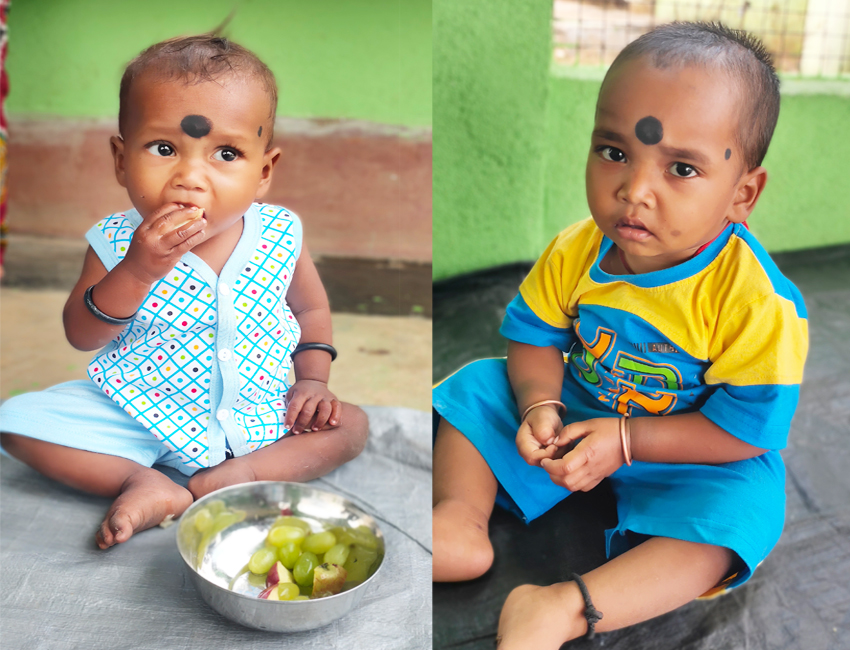
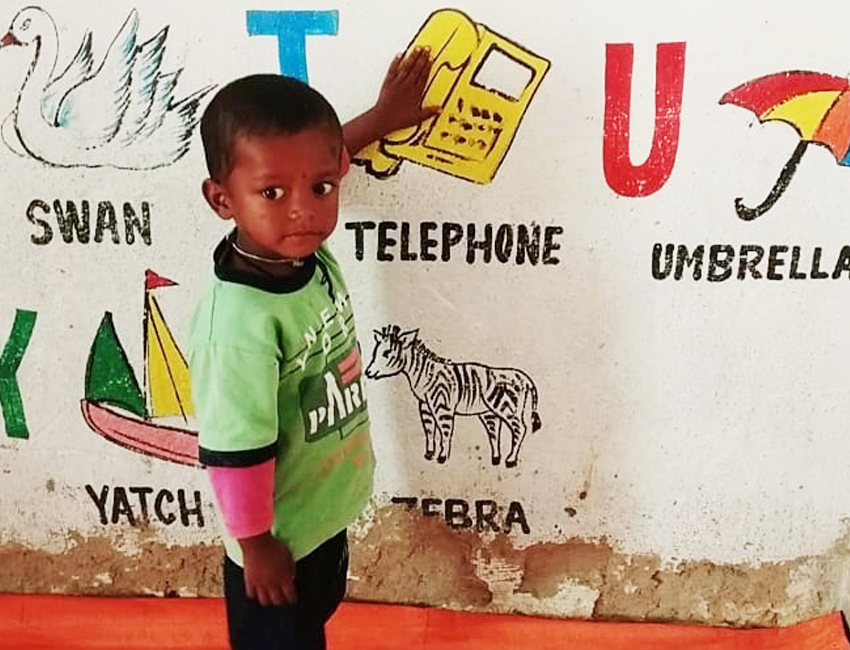
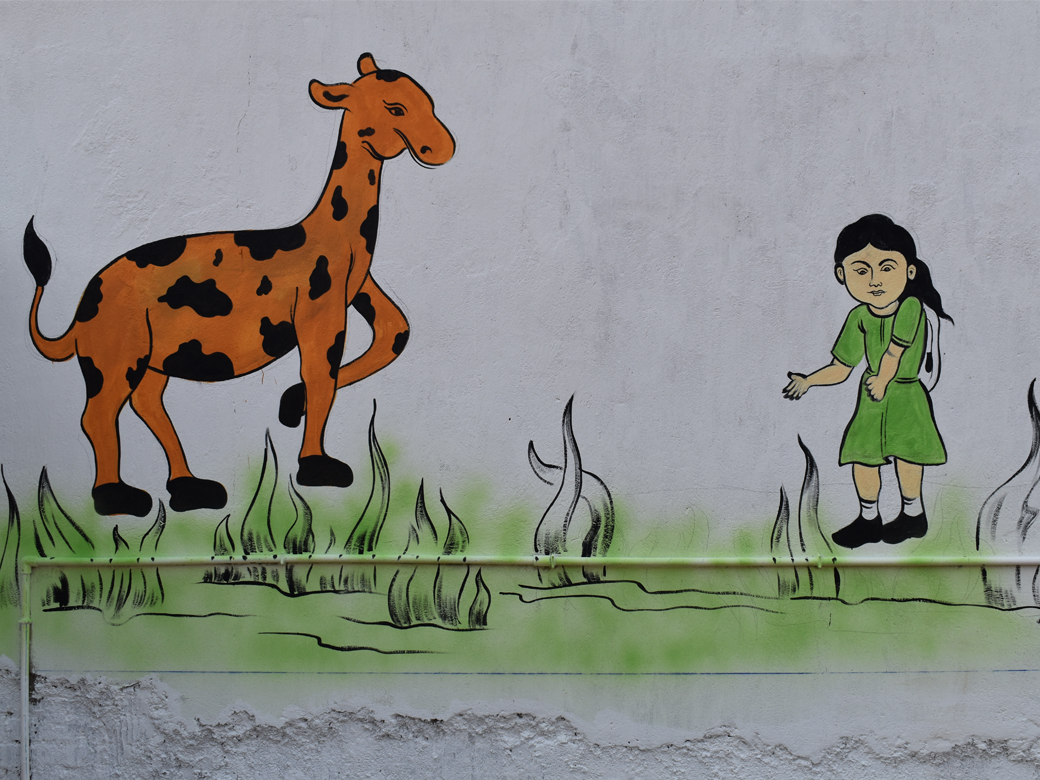
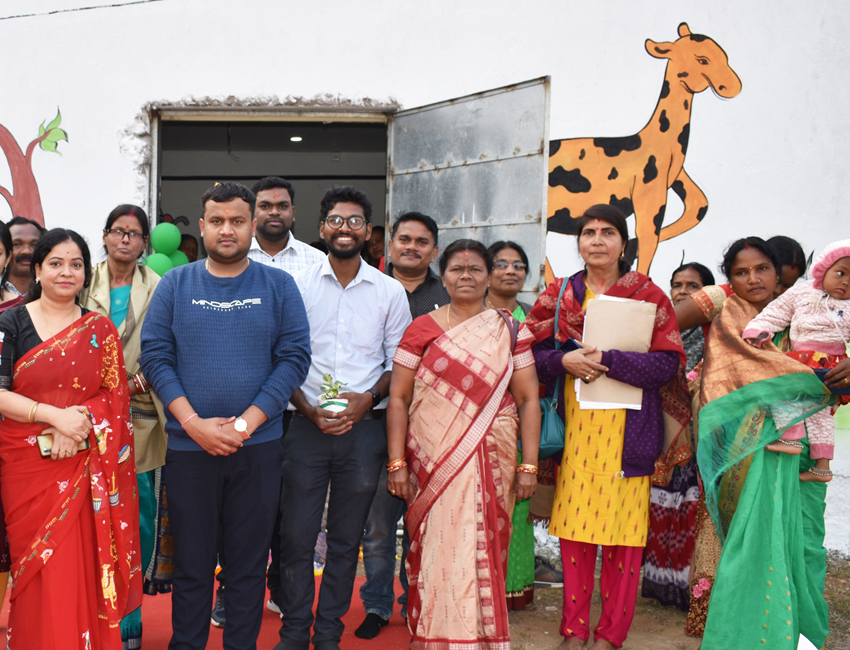
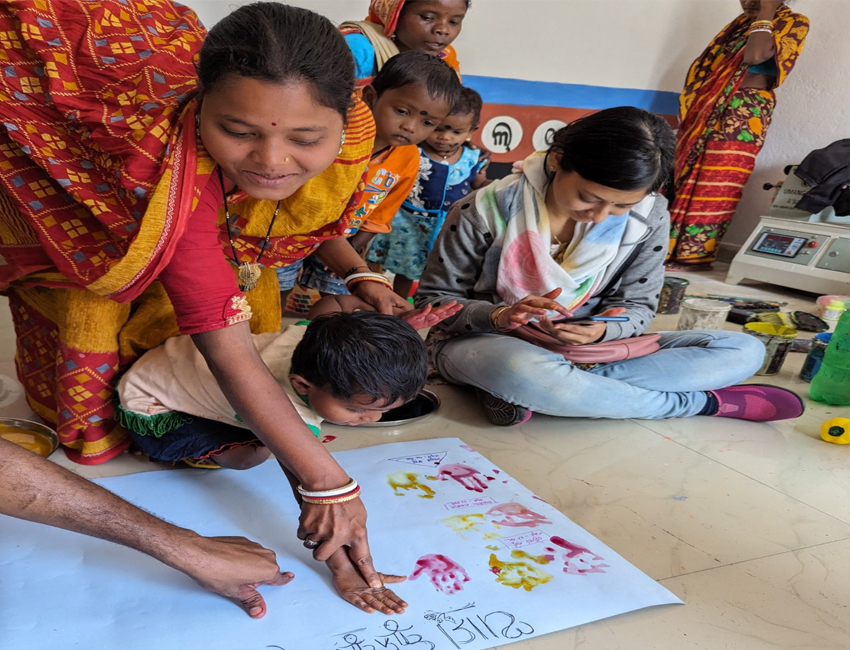
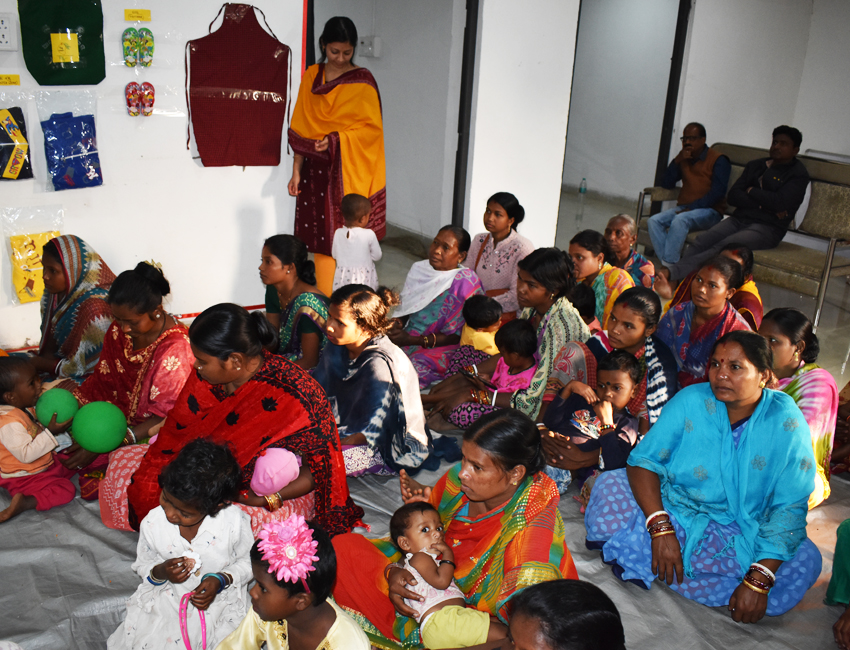
Skill development is vital in driving economic growth and fostering social development. The International Labour Organisation notes that education, vocational training, and lifelong learning are the cornerstone of employability, workforce integration, and sustainable enterprise growth. As our country progresses rapidly, it grapples with a dual challenge: a significant shortage of highly skilled, quality labour and the unemployability of a large portion of the educated workforce who need more essential job skills. At Niyatee Foundation, we are dedicated to addressing these challenges by providing skill training to youth and empowering them to secure wage employment or become self-employed. Our focus is on uplifting disadvantaged groups, including ST, SC, women, and individuals with disabilities. We offer regular training programs in IT/ITES, BFSI, beauty and hair care, among other trades. Additionally, our skill development initiatives extend to preparing eligible youth with the mental and physical skills necessary for government, banking, and armed forces careers. For educational development, we identify school dropouts among street and slum children and help them resume their education.
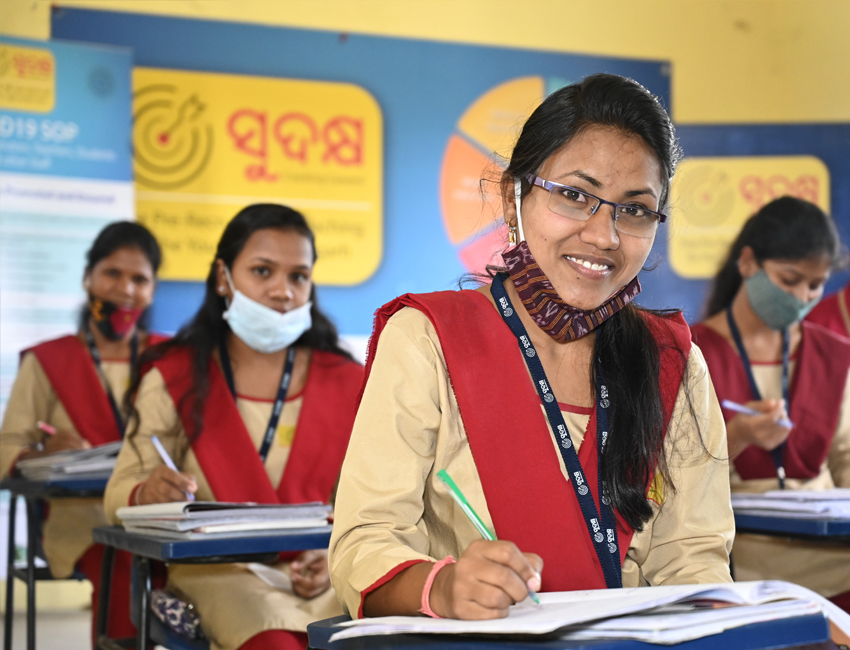
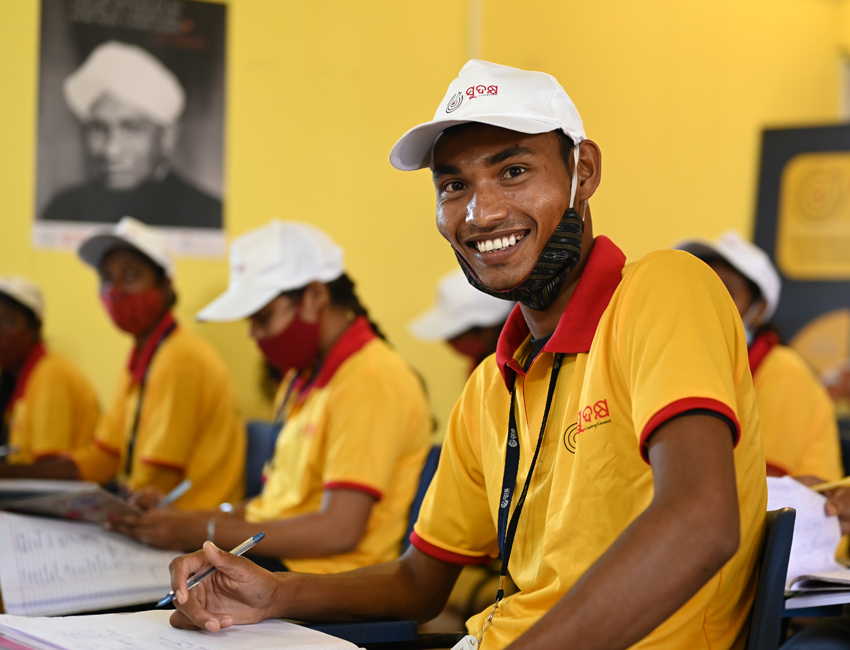
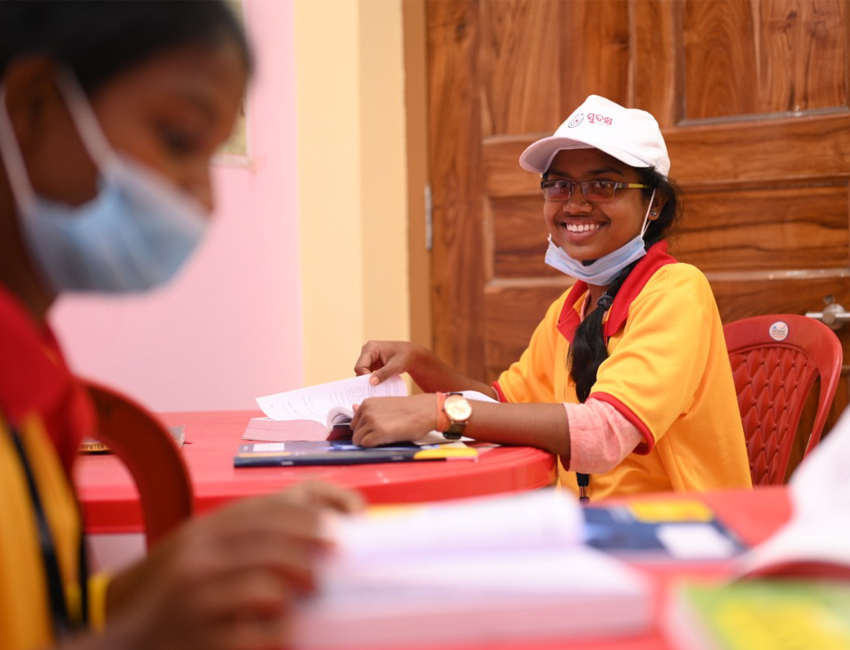
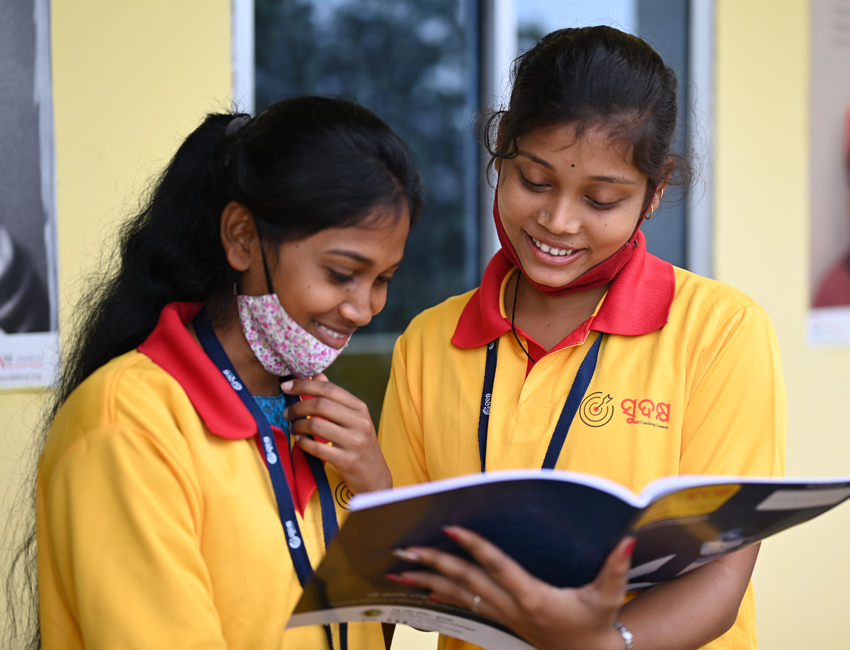
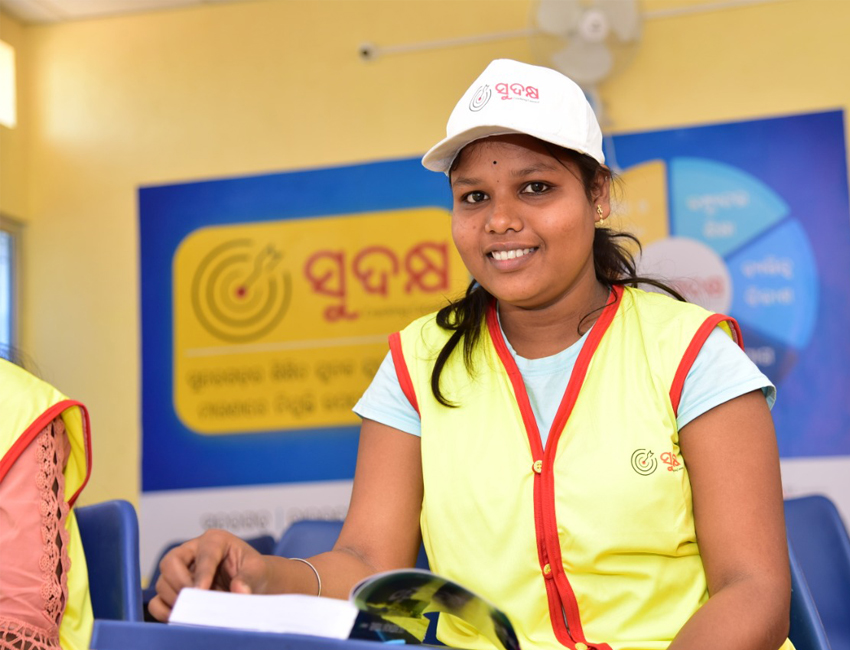
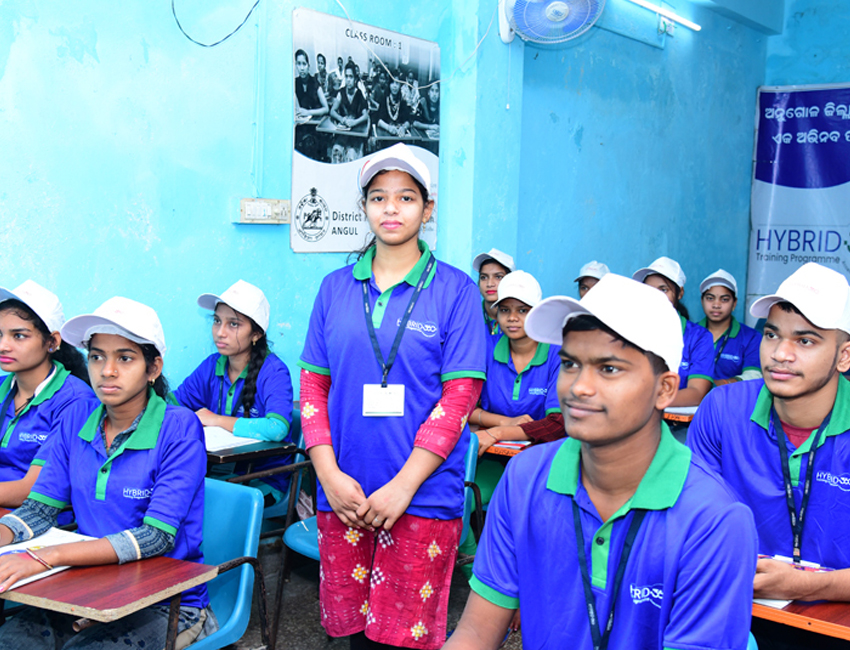
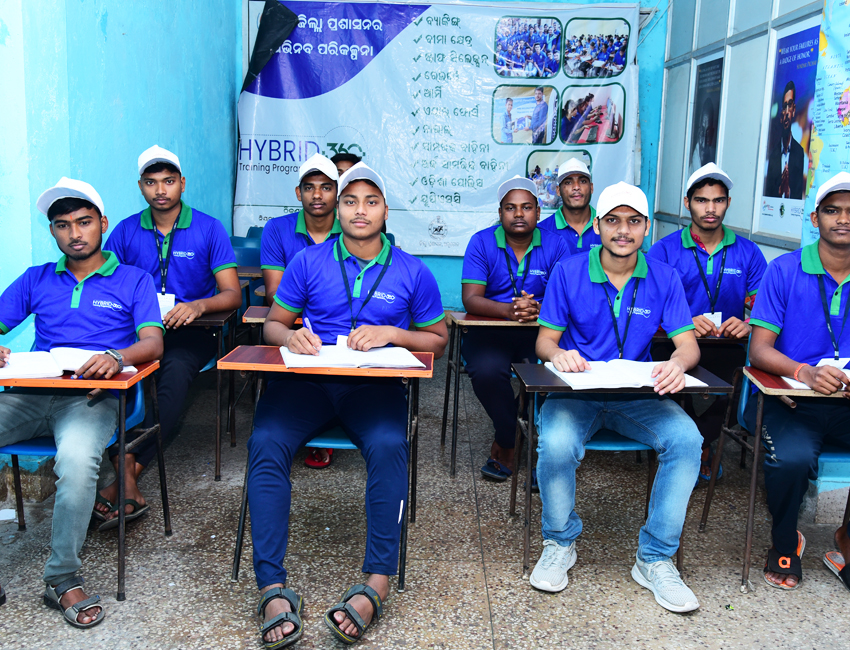
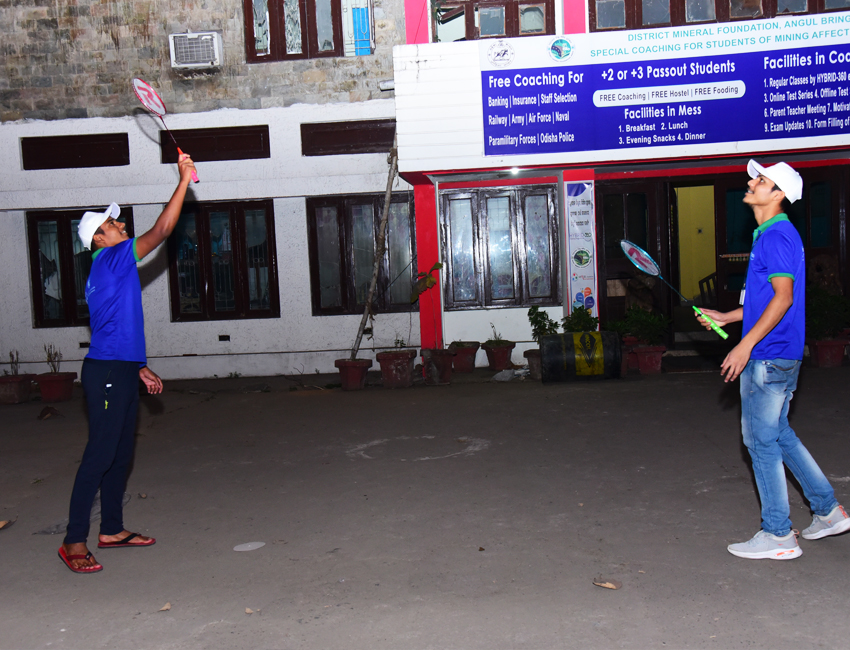
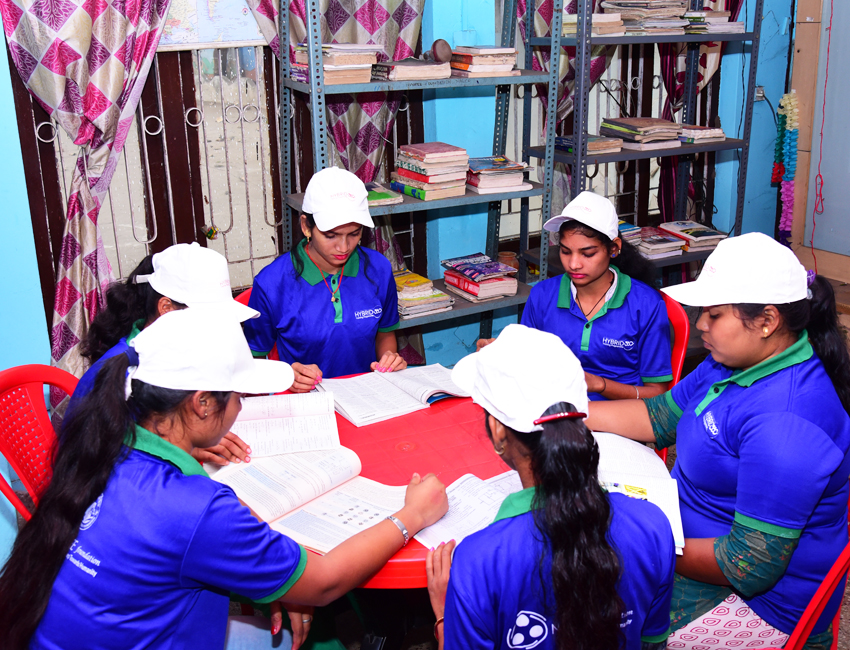
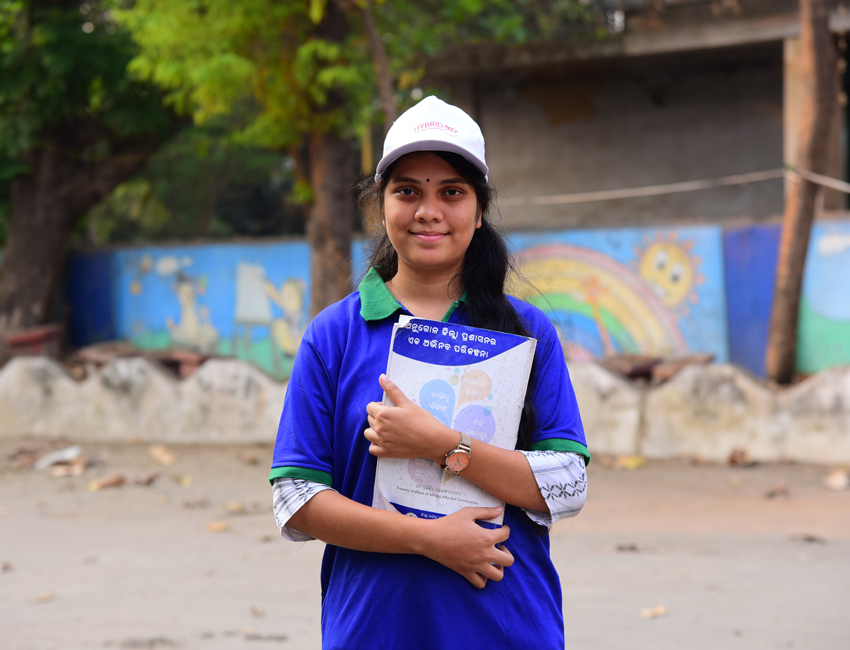
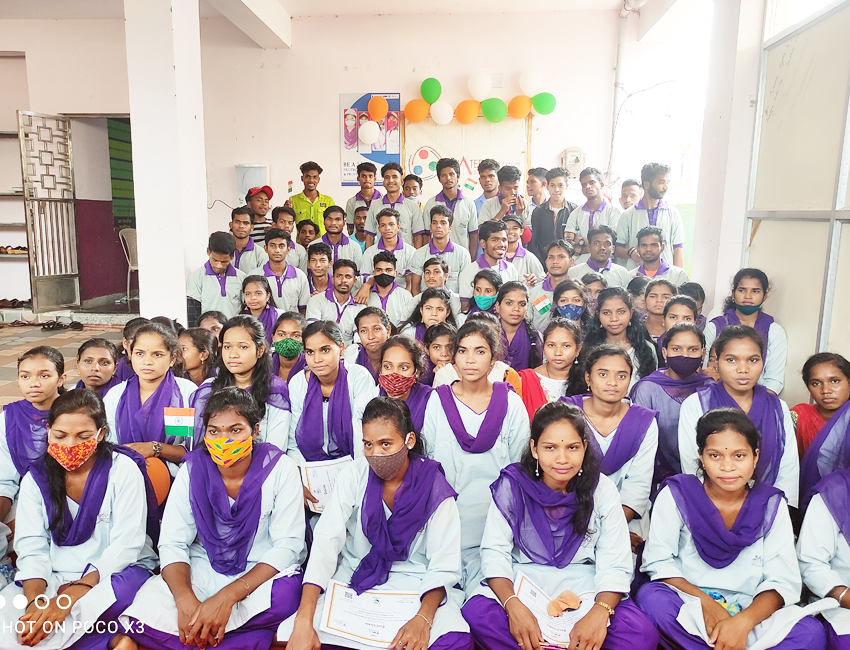
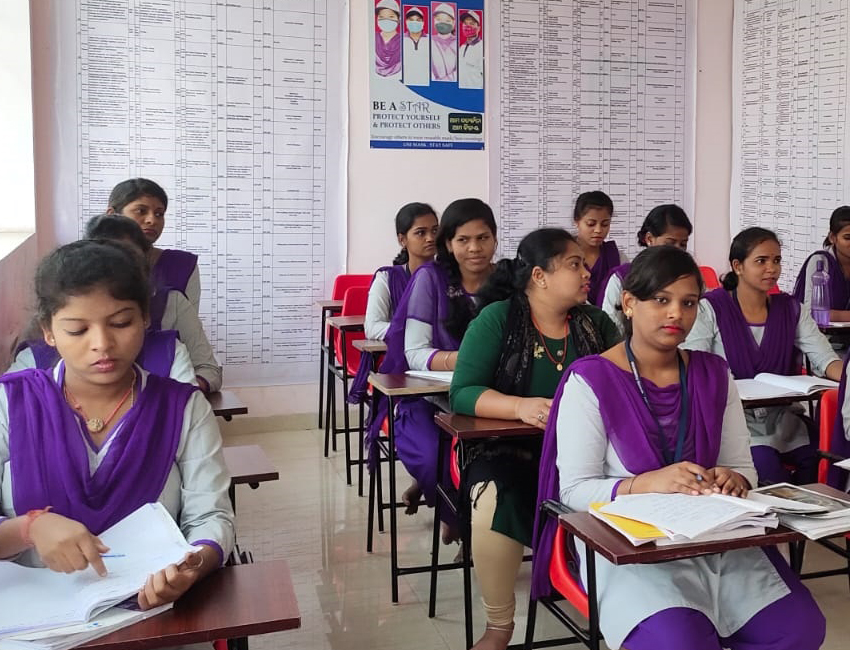
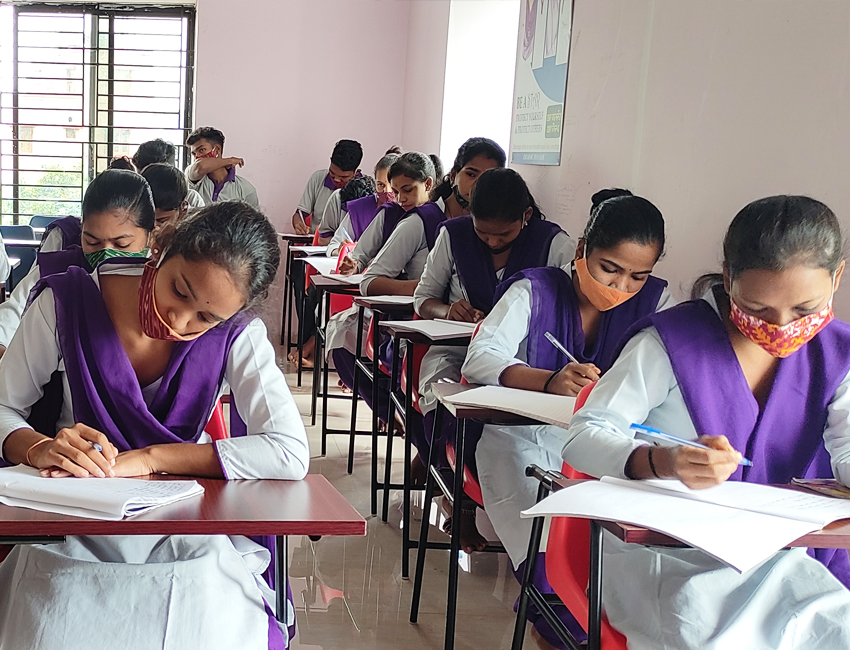
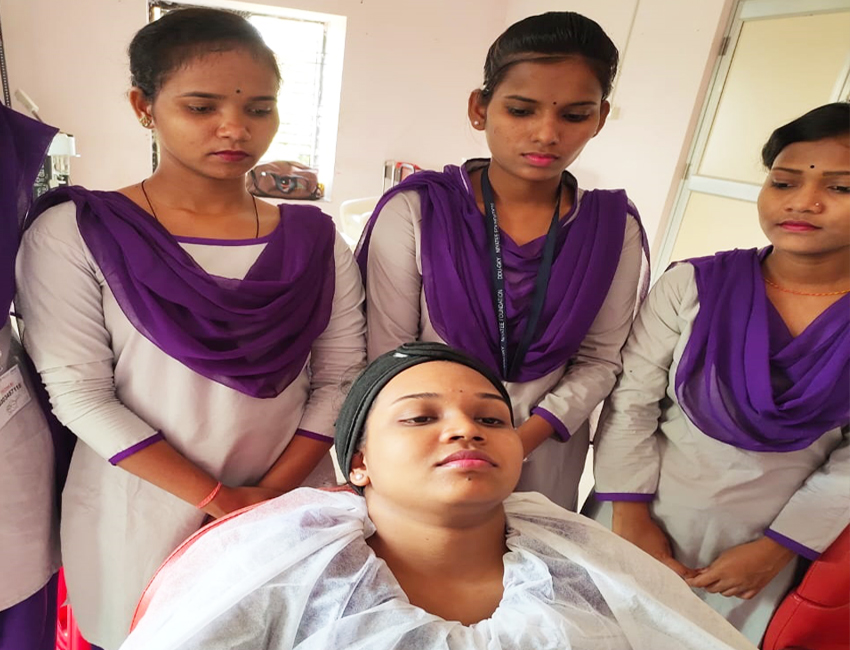
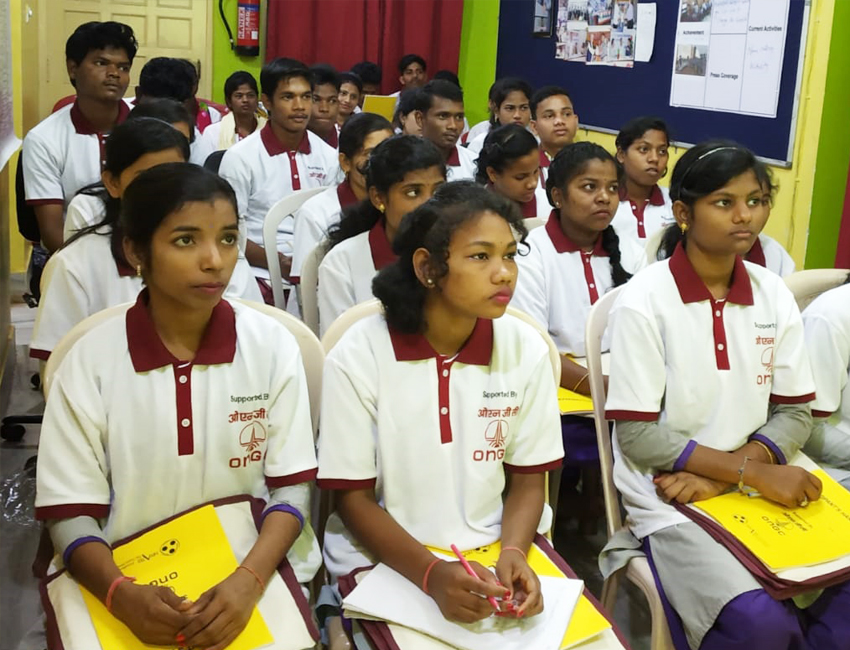
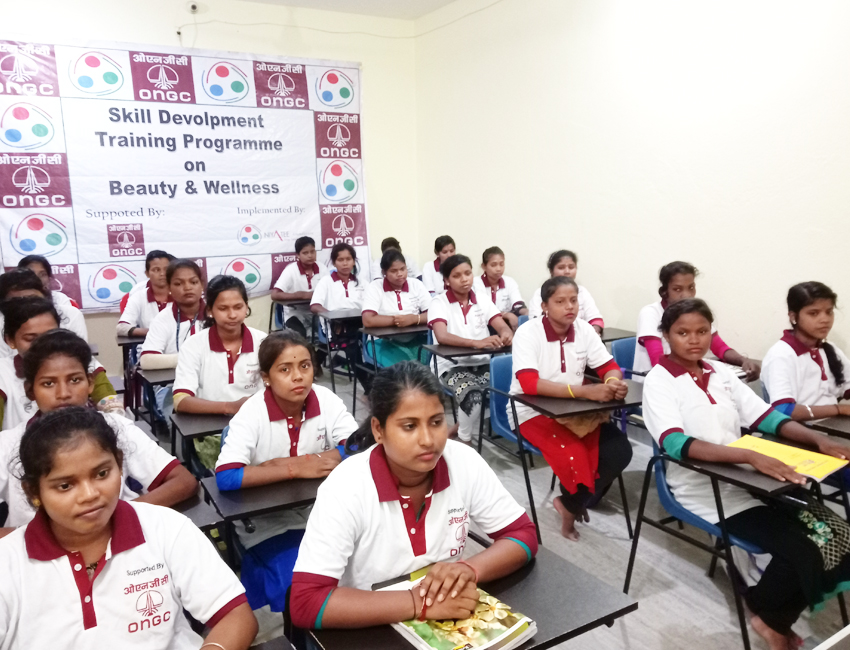
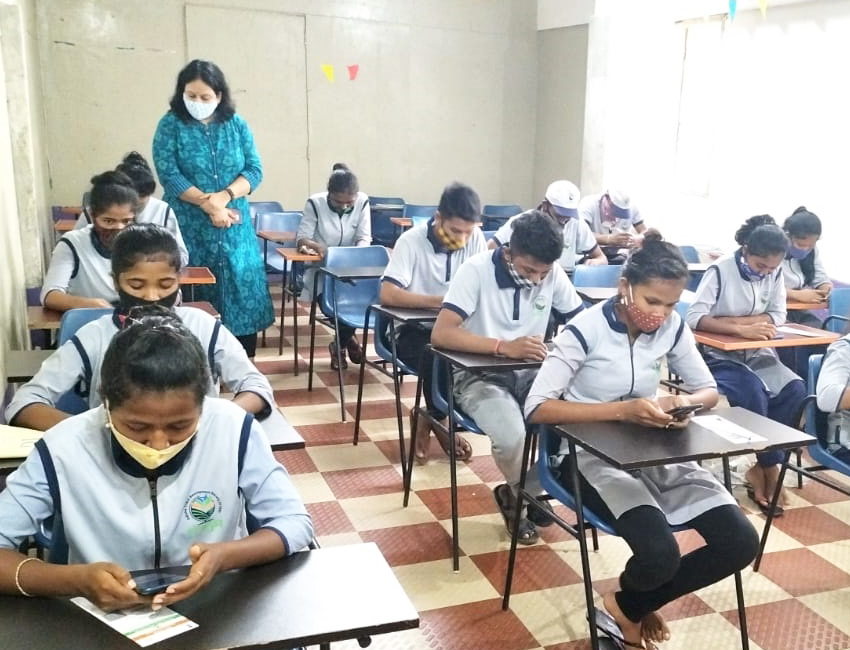
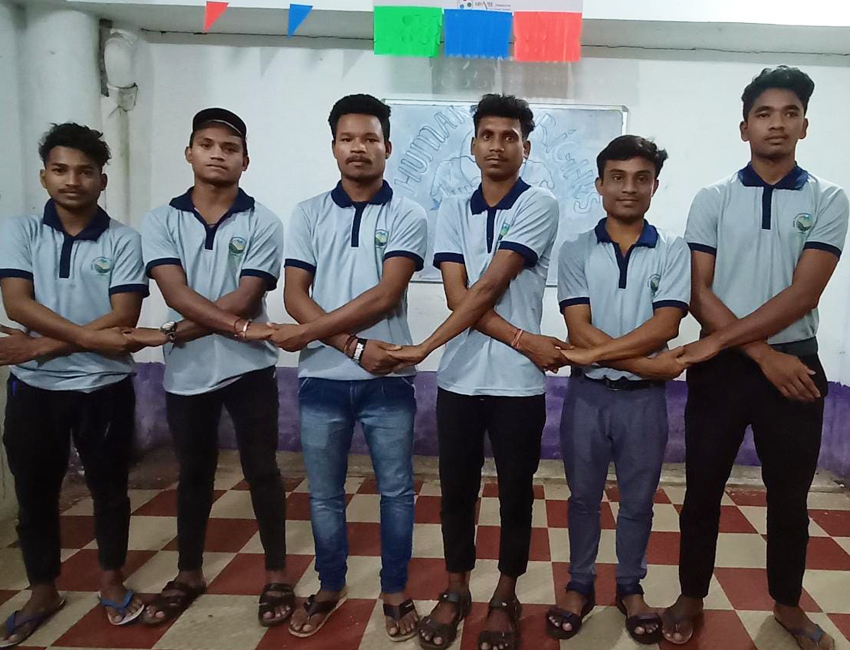
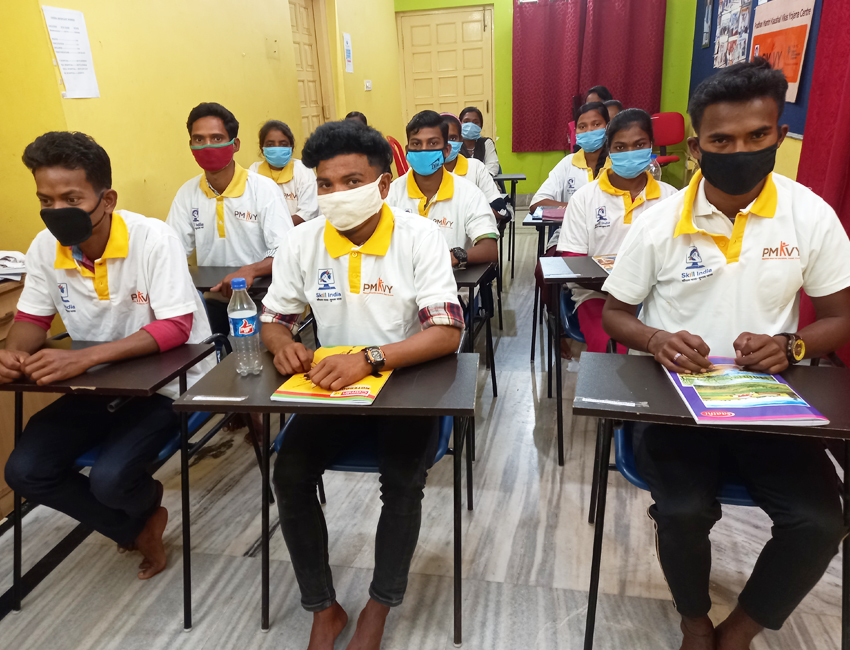
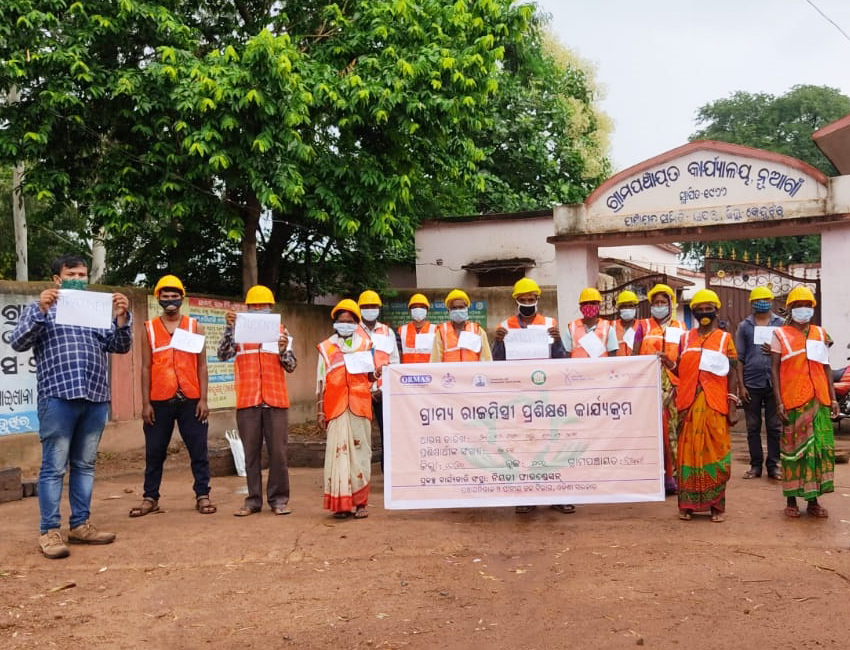
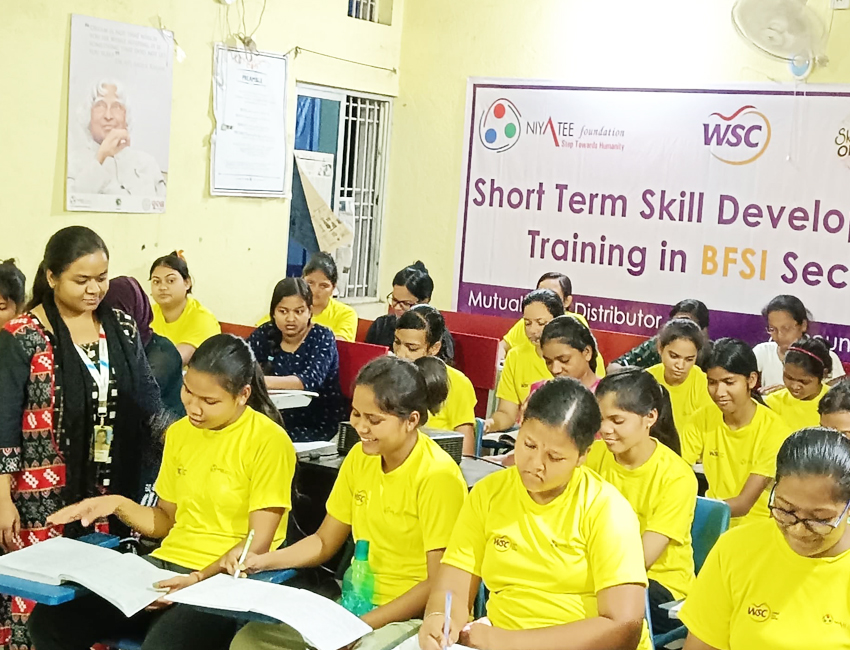
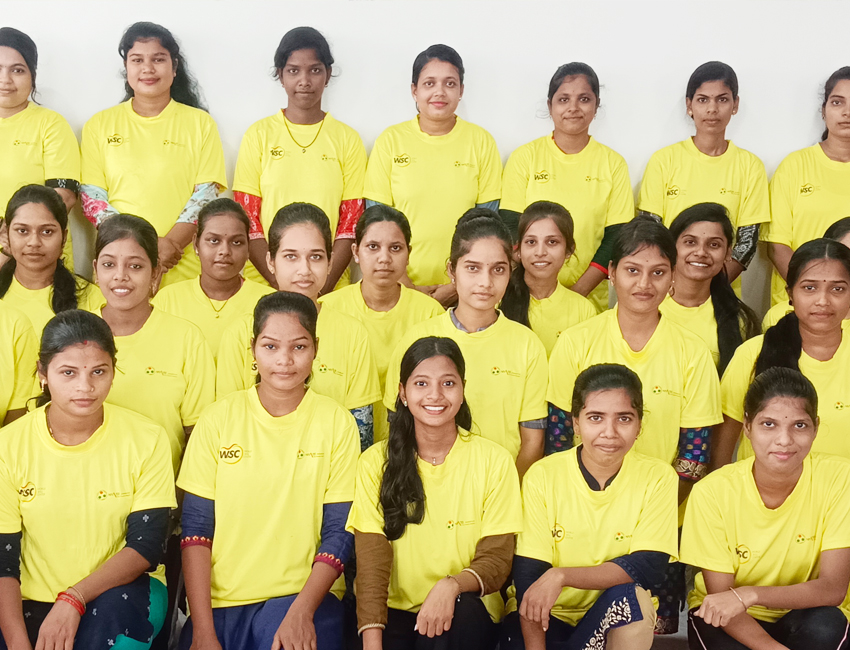
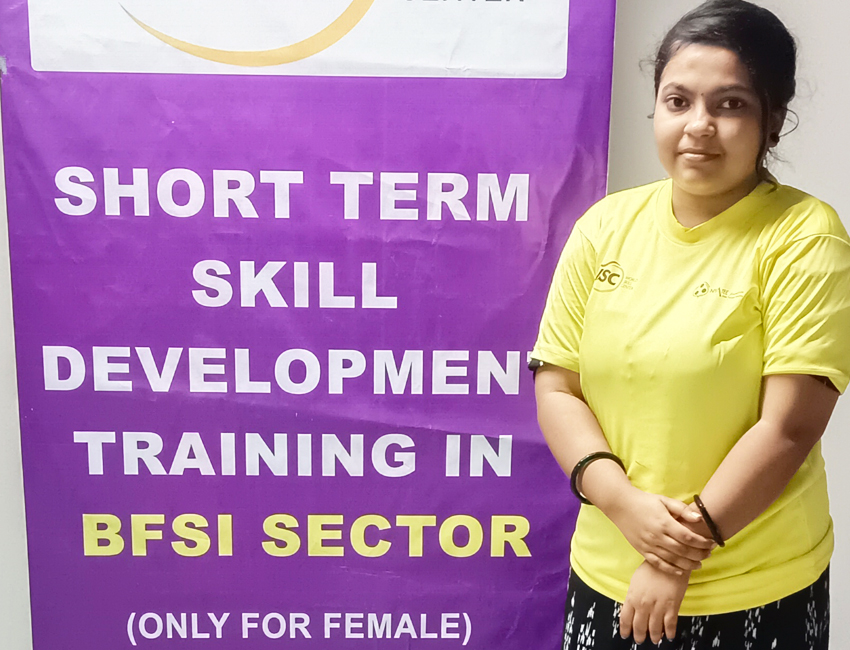
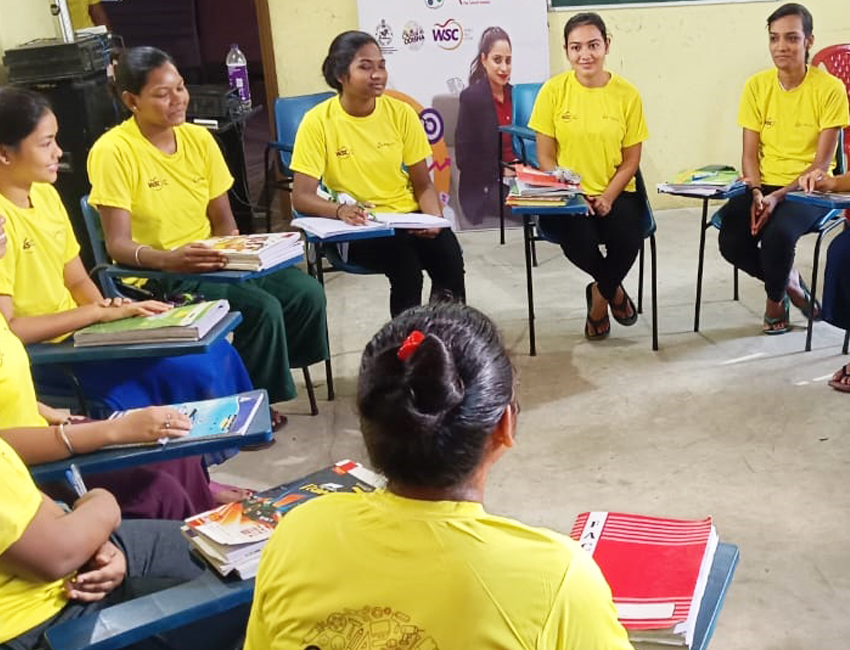
Communities, inherently connected and resourceful locally, are uniquely positioned to plan and execute immediate rescue, relief, and rehabilitation actions during disasters. However, this potential can only be realized if they are adequately trained and actively involved in the Village Disaster Management Plan (VDMP) process. Recognizing the importance of empowering communities in disaster management, the Niyatee Foundation has taken the initiative to develop VDMPs across the state, ensuring the active participation of residents.
During the year, we facilitated the development of 783 VDMPs across 196 Gram Panchayats in 14 districts of Odisha: Puri, Khordha, Cuttack, Nayagarh, Sambalpur, Mayurbhanj, Angul, Bolangir, Bhadrak, Jharsuguda, Jajpur, Keonjhar, Ganjam, and Kendrapara. Additionally, a comprehensive VDMP initiative is being implemented in 16 districts, empowering local communities through participatory planning processes.
We established 703 Village Disaster Management Committees (VDMCs) responsible for creating VDMPs tailored to their village's needs. These committees, formed through community meetings involving PRI members, ensure inclusive planning.
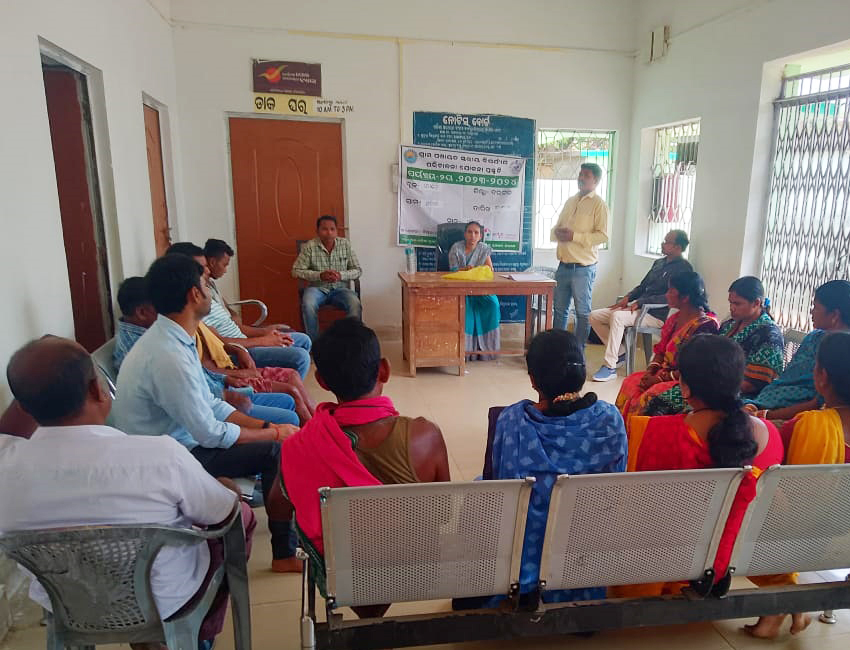
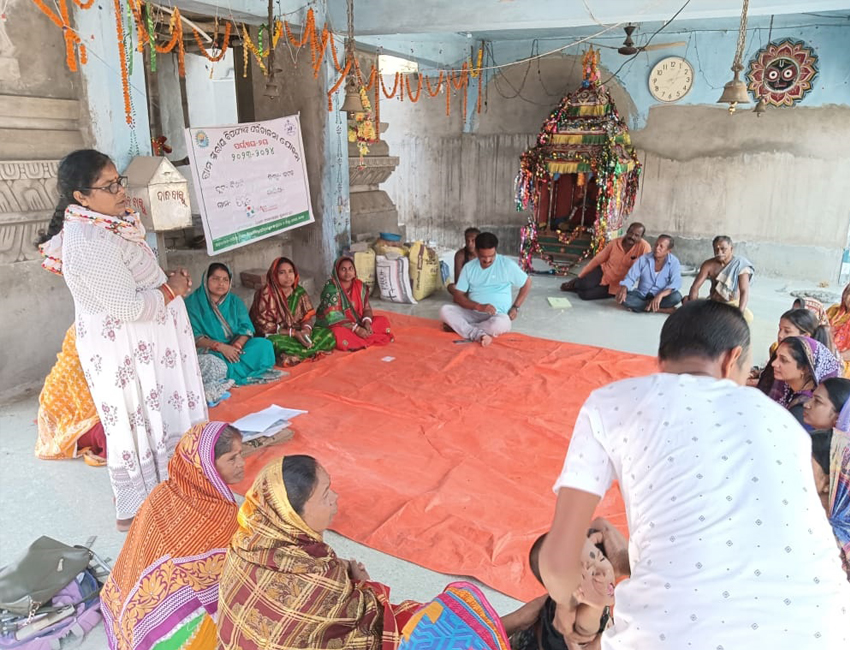
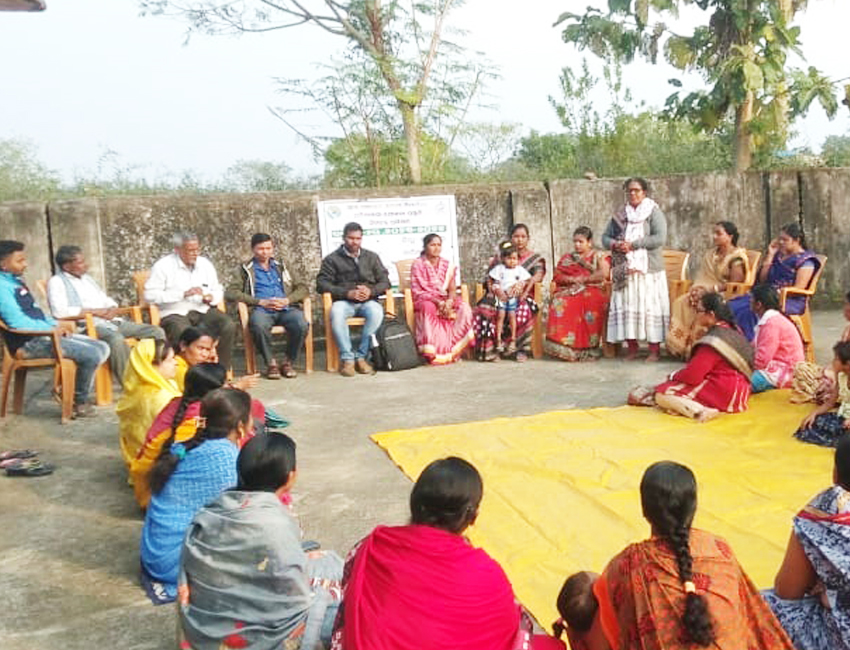
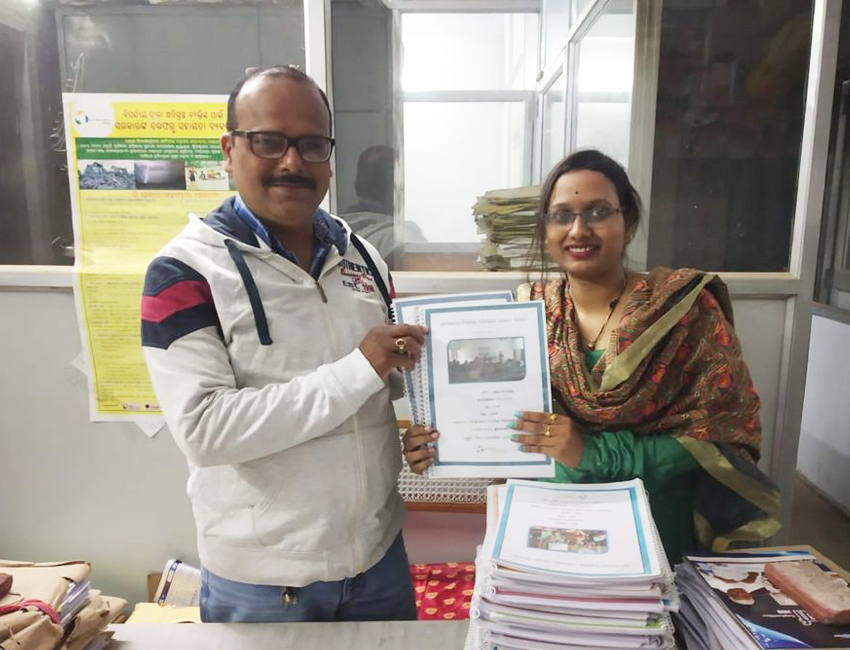
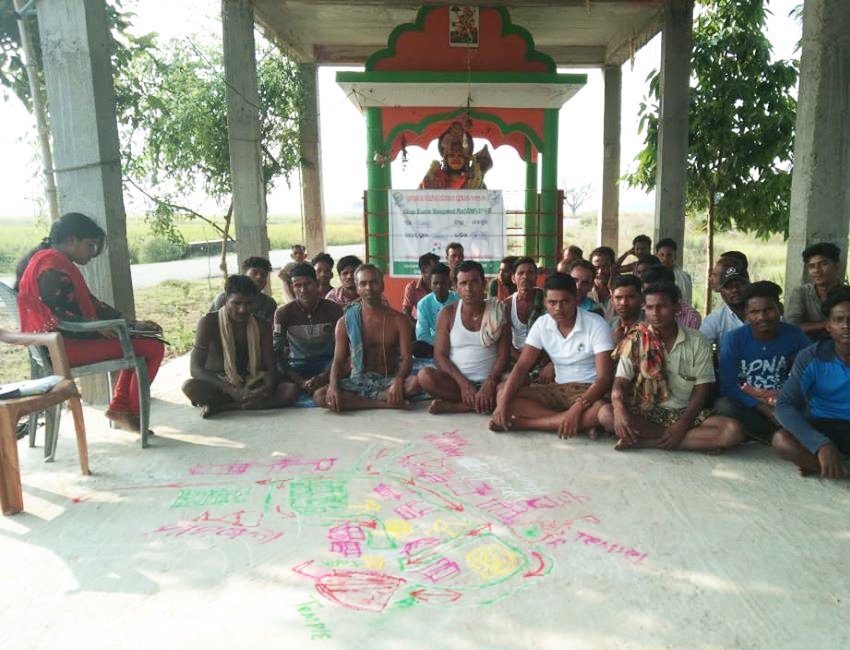
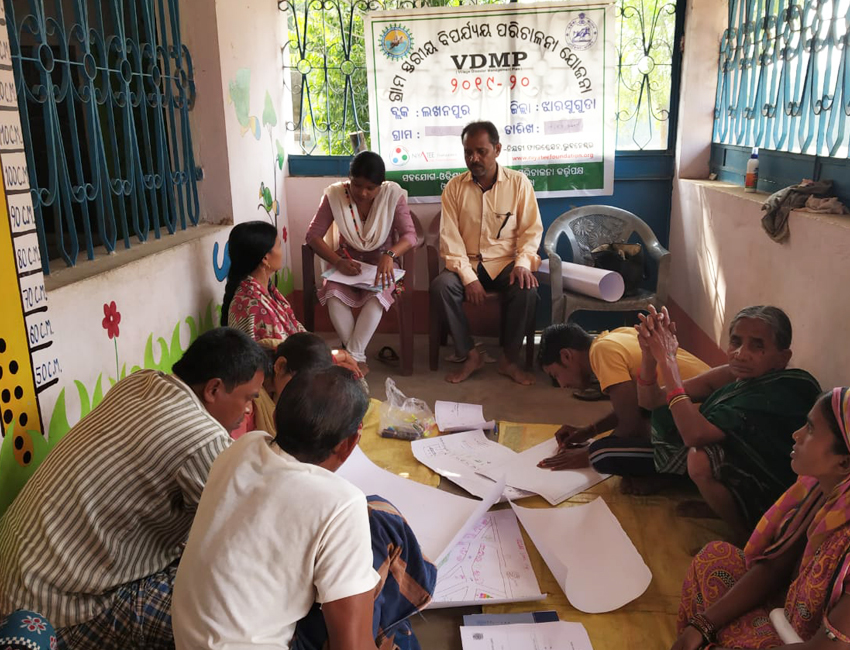
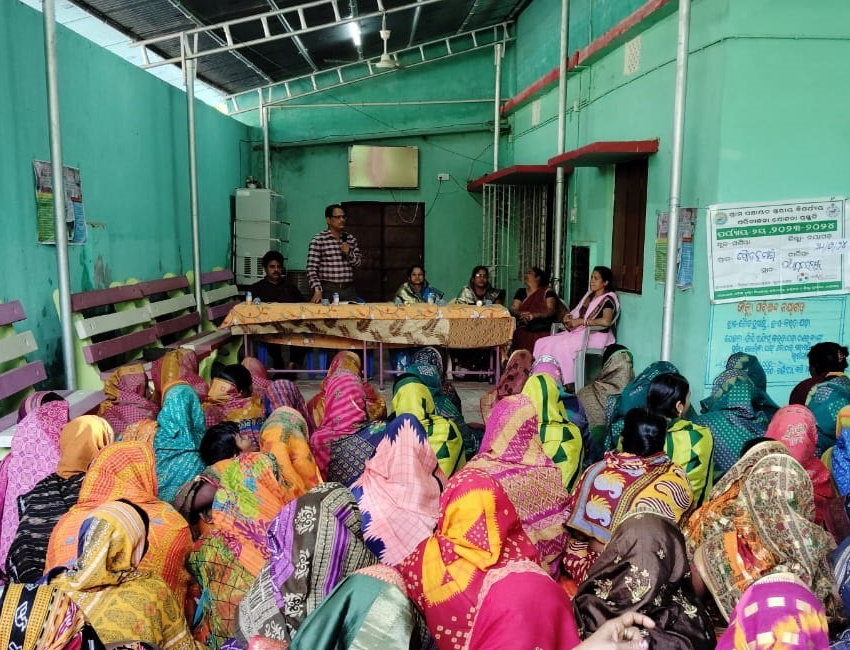
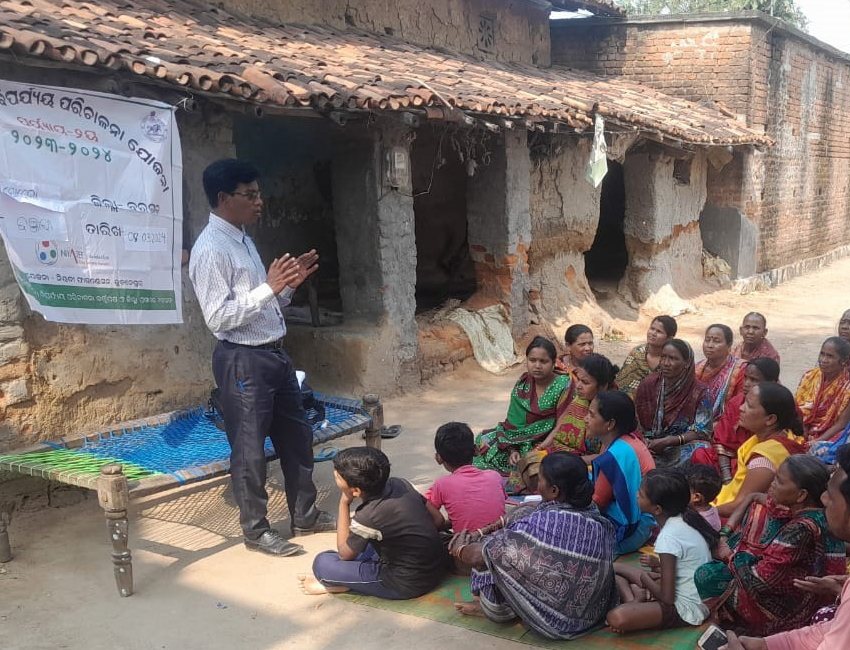
With the motto of creating an equitable society where each lives with dignity, we are facilitating the urban homeless with food and shelter under the Shelter for Urban Homeless (SUH) initiative of Kendrapara Municipality. In these shelters, the urban homeless, living in unhealthy and risky living conditions with no shelter over their heads, are provided with hygienic and healthy living spaces along with facilities for their skill enhancement training, health facilities, home-cooked food, facilitating their holistic development and making them self-sufficient to lead a healthy and meaningful life. Our implementation of the Jaga Mission in the districts of Kendrapara and Keonjhar was aimed at extending shelter to the Slum dwellers by providing them with better housing and restoration of their land rights. Through the program,slum committees were formed, and they were educated on their rights and made to act as implementation partners with the urban development bodies to streamline the process of development.
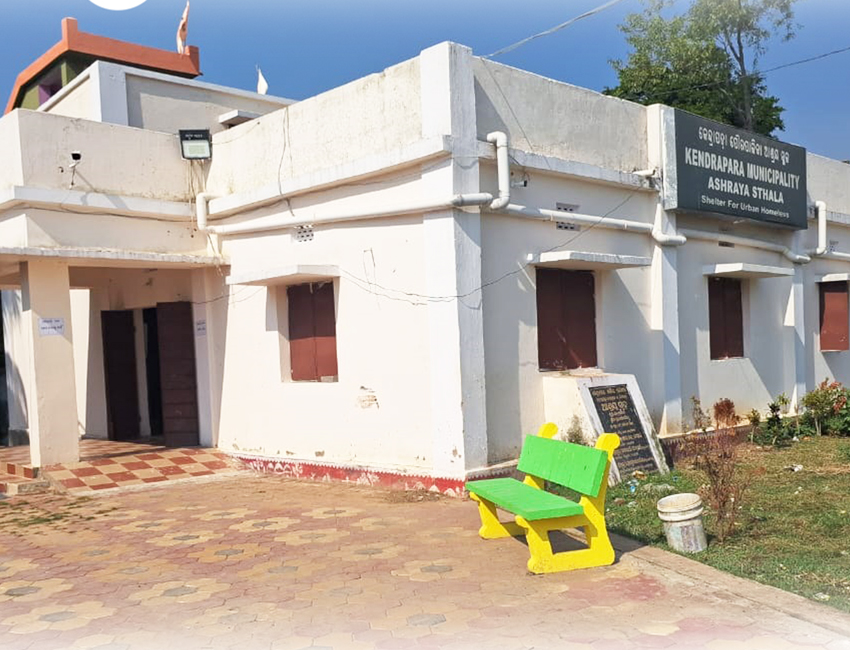
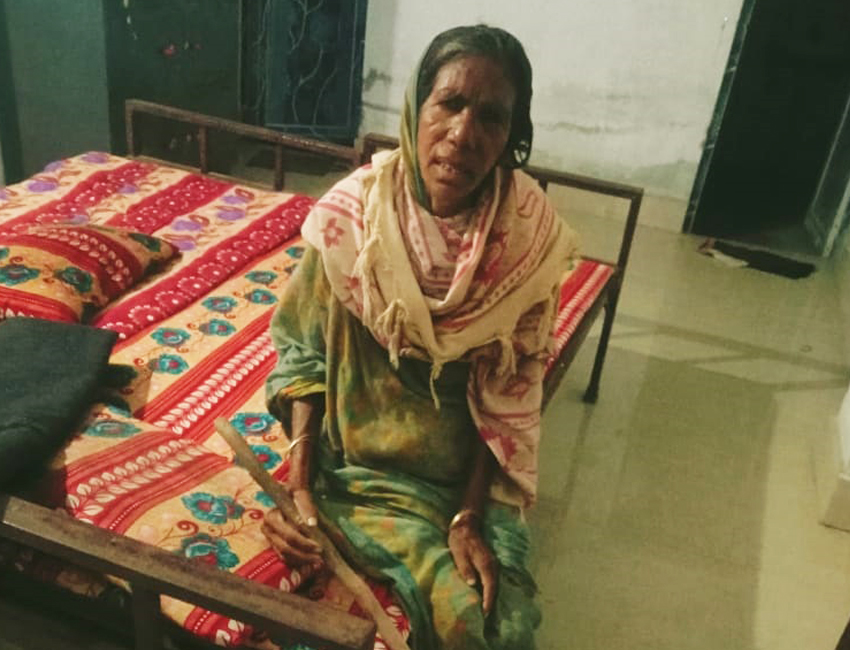
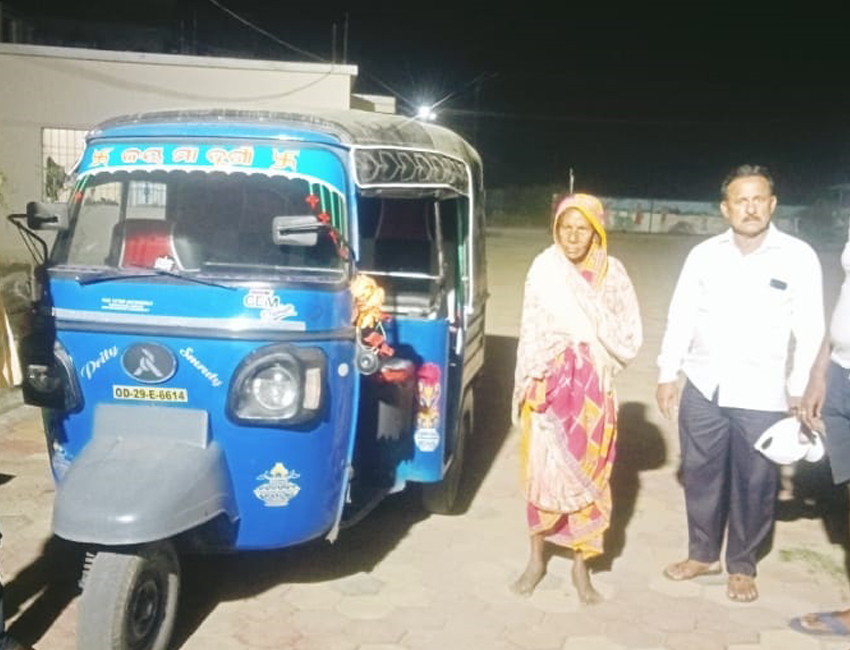
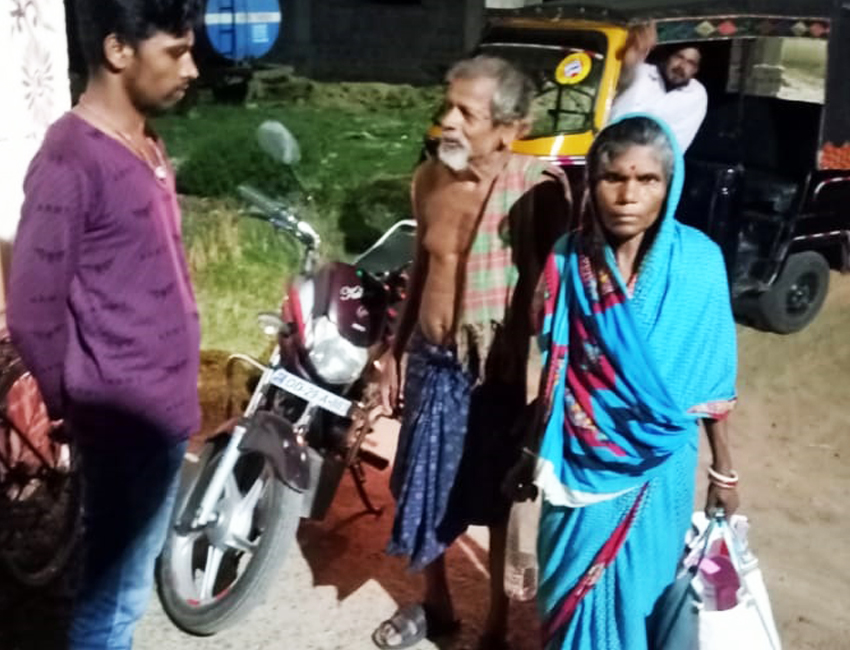
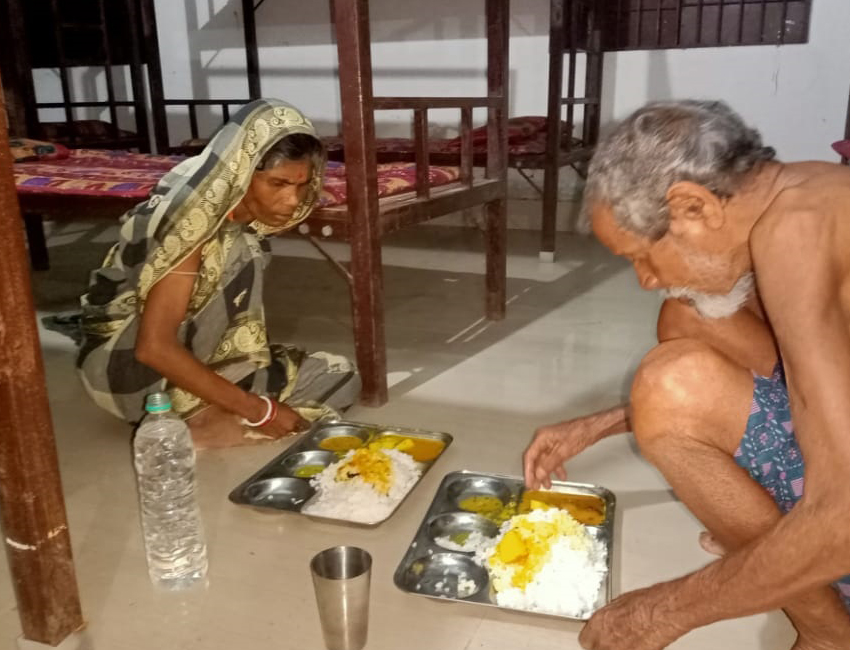
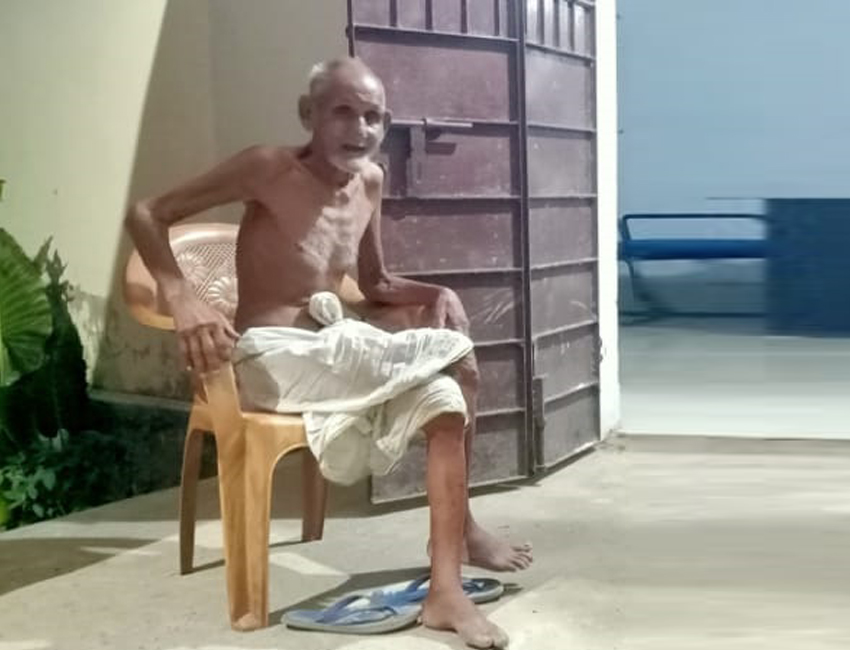
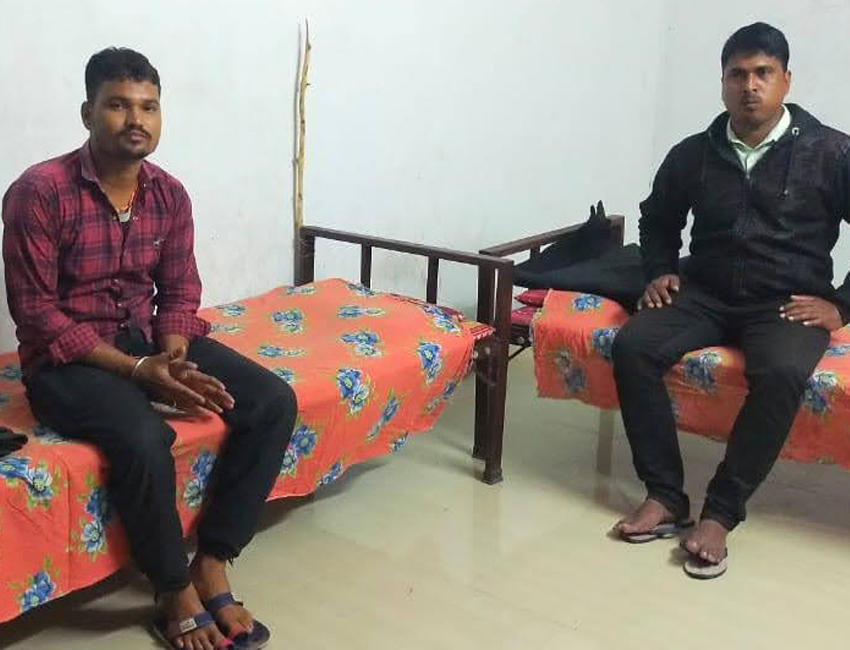
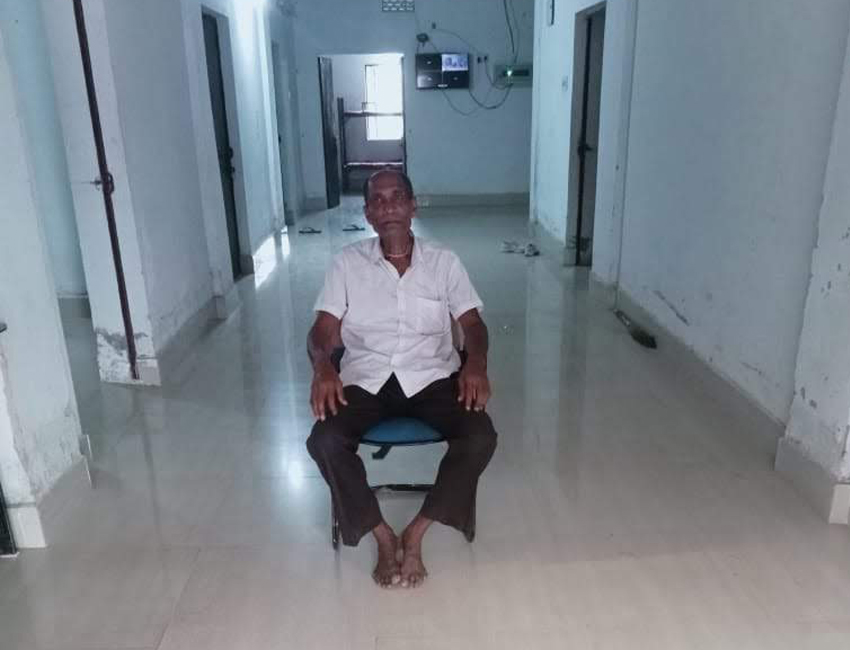
For the promotion of Gender Equality and Women empowerment and instilling self-reliance among women, we have undertaken various skill development and enterprise development activities for women in the urban and rural areas of Odisha. We are the only organization that conducts Skill Development Training under ORMAS, NSDC, MORD, NITI AAYOG, OTDS, FIEO, CII & NASCOM in various trades like Beauty and Wellness, Information and Technology, BPO, Handicraft, Food processing, processing of Farm products etc. Our comprehensive approach includes not only training but also hand holding support in terms of providing raw materials for start of enterprise, institutional credit linkage, linking with resource agencies and providing them with market linkage and promotion of their products. The Enterprise Development Training and handholding market and credit linkage support was extended to the trainees in sectors like;
Food processing includes food catering, Arisa Pitha production, Achar and Papad production, Badi production, dry snacks production, grocery shops, etc.
Agriproduct processing, including coir doormats, floriculture, mushroom cultivation, leaf plates, etc.
Handicrafts include bamboo artefact making, applique work and Chandua making, jewellery making, textile production and tailoring, etc.
In association with SUDA (State Urban Development Authority) under the DAY- NULM scheme, Niyatee Foundation has been instrumental in establishing Self Help Groups (SHG) and thus extended handholding support for Livelihood development across 19 ULBs of Odisha, namely, Bhubaneswar Municipal Corporation, Sambalpur Municipal Corporation, Sonepur Municipality, Keonjhar Municipality, Kendrapada Municipality, Jagatsinghpur Municipality, Bargarh Municipality, Banapur Municipality, Balugan Municipality, Jatni Municipality, Paradeep Municipality, Pattmundai Municipality, Attabira Municipality, Joda Municipality, Champua NAC, Badbil Municipality, Anandapur Municipality, Barpali Municipality and Padampur Municipality. Through the program, we have worked with more than 5000 SHGs and have ensured enterprise development for over 60,000 women, earning them meaningful livelihood opportunities.
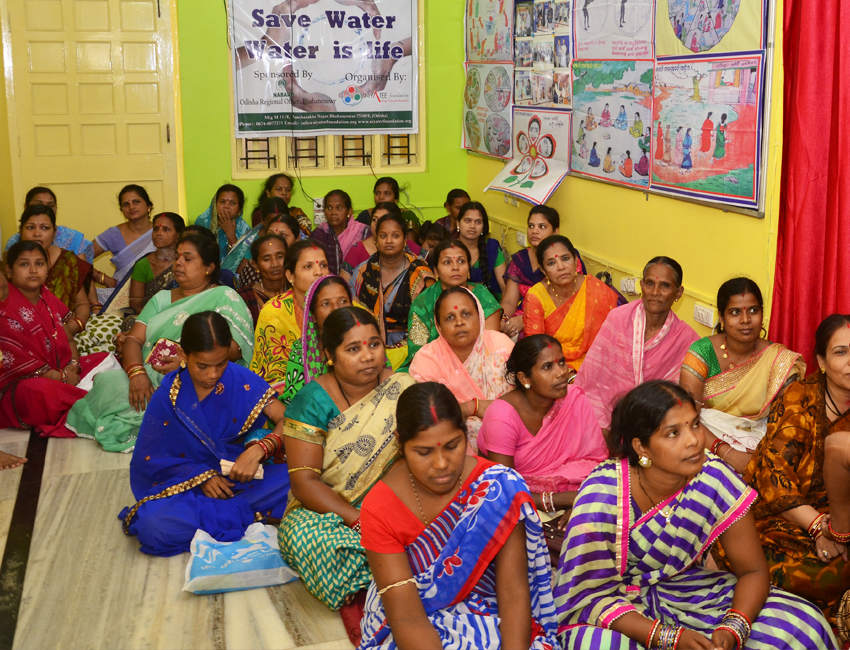
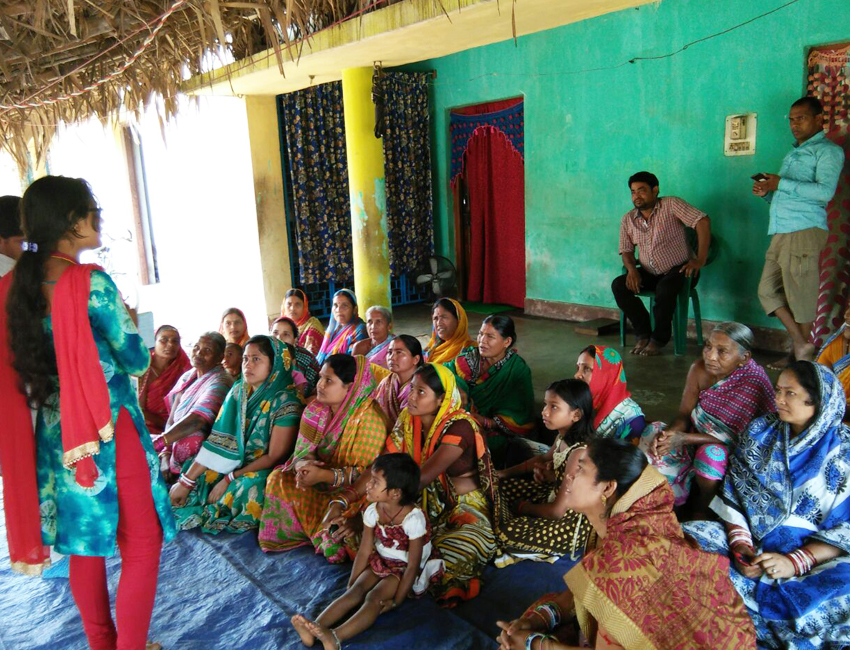
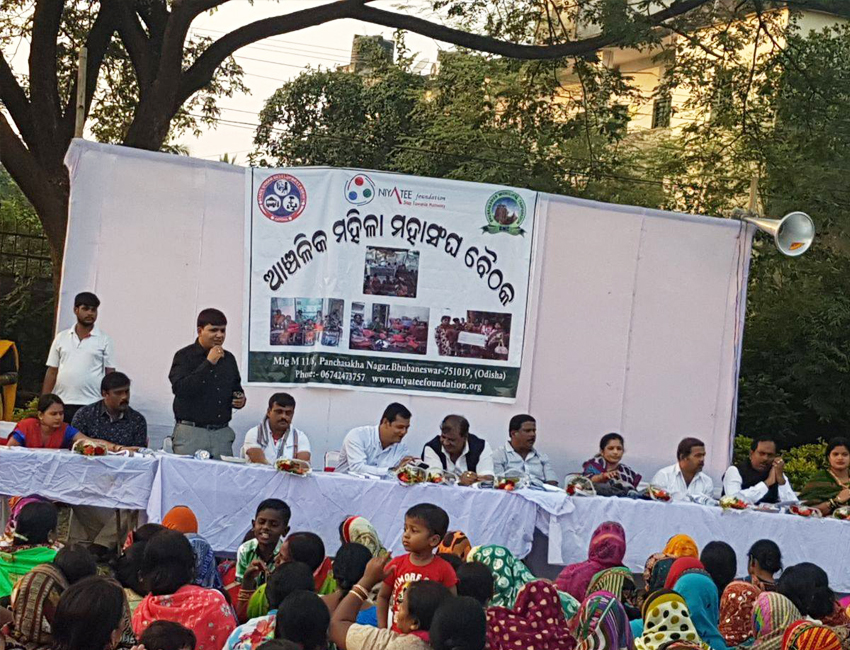
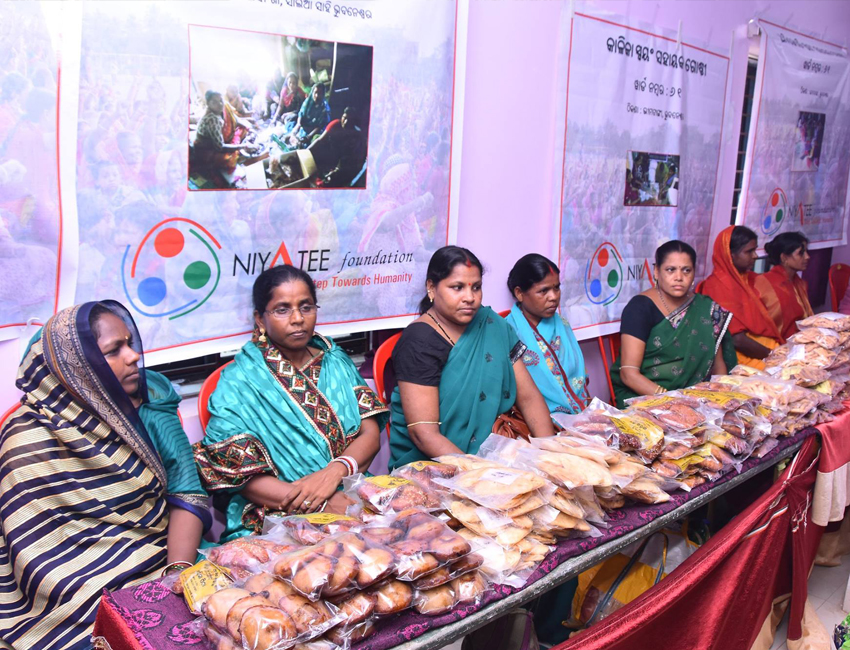
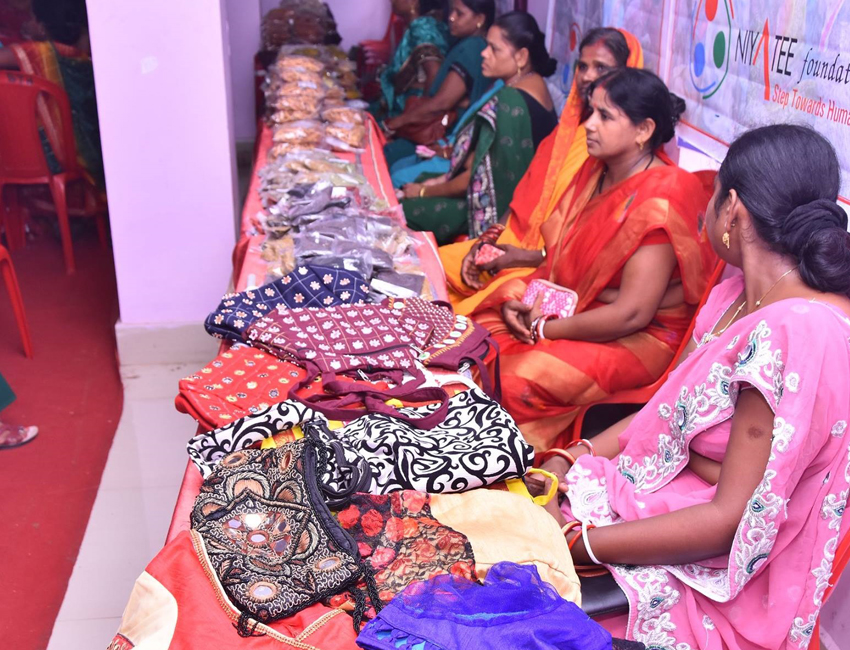
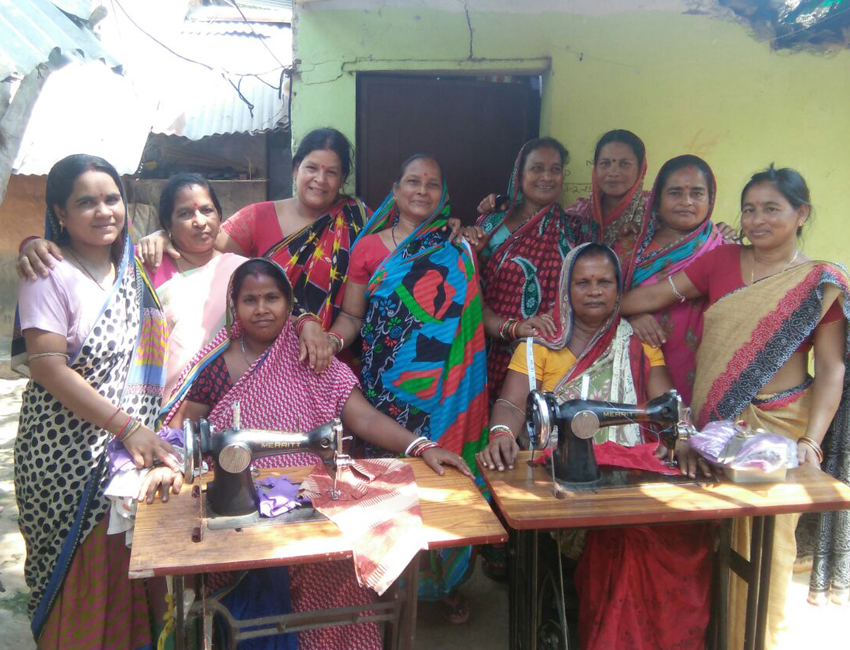
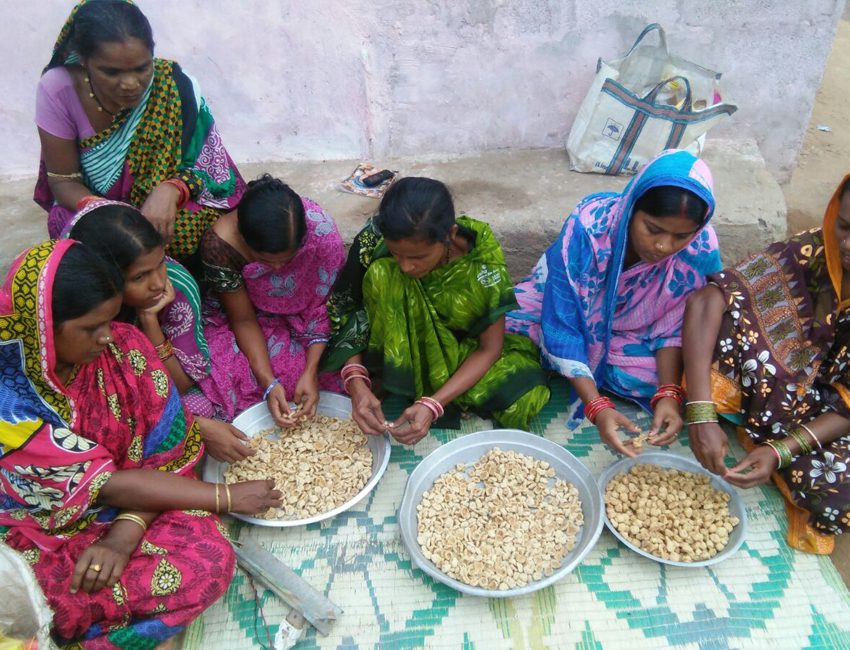
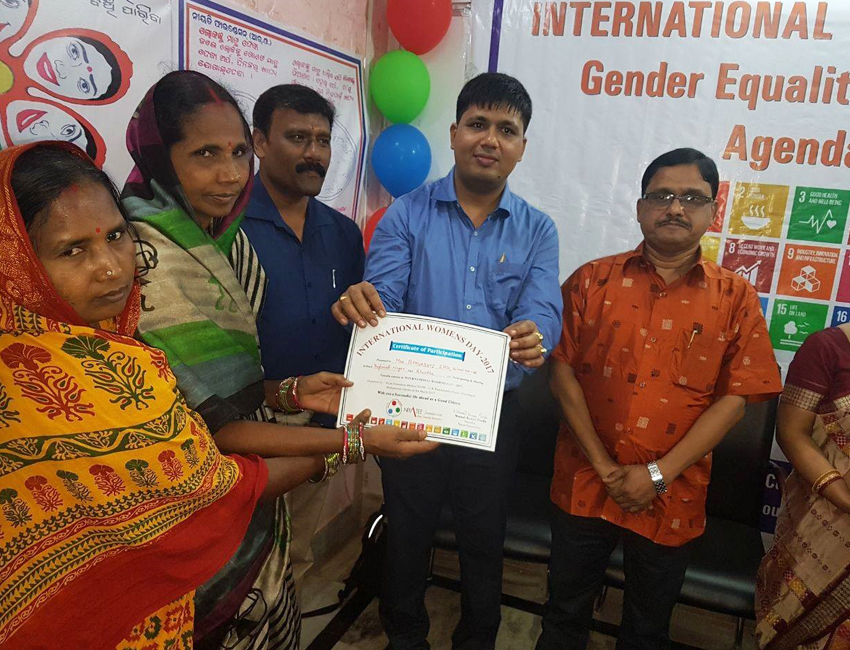
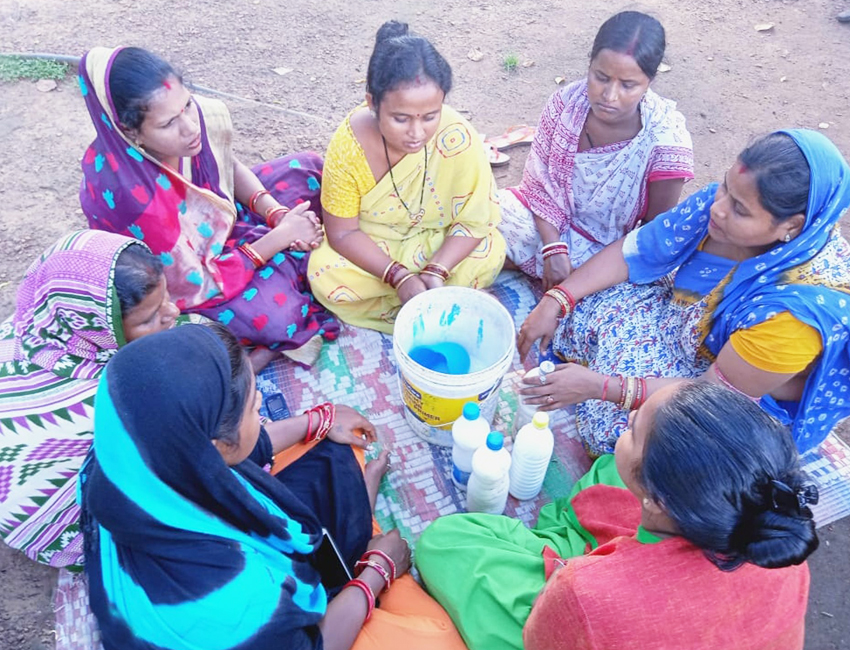
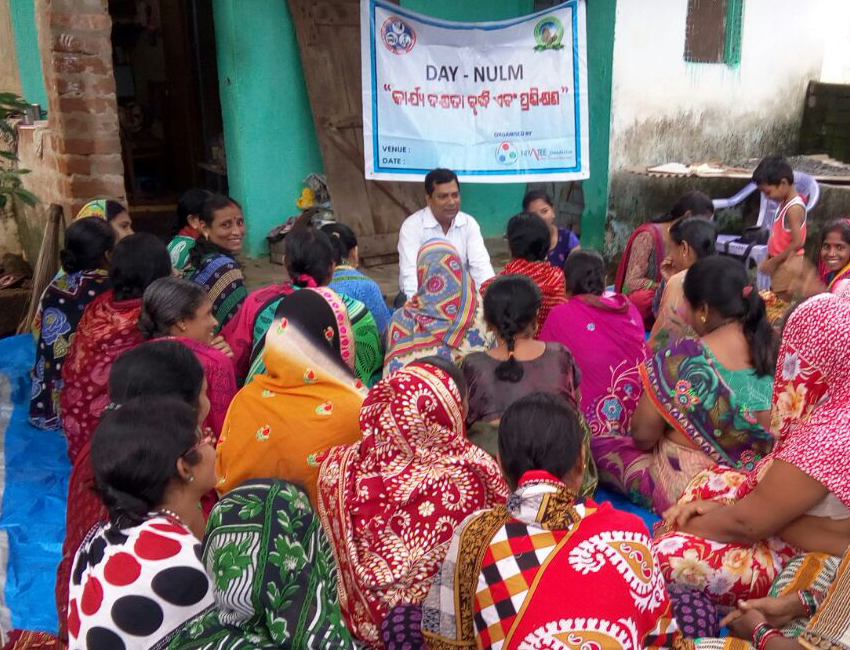
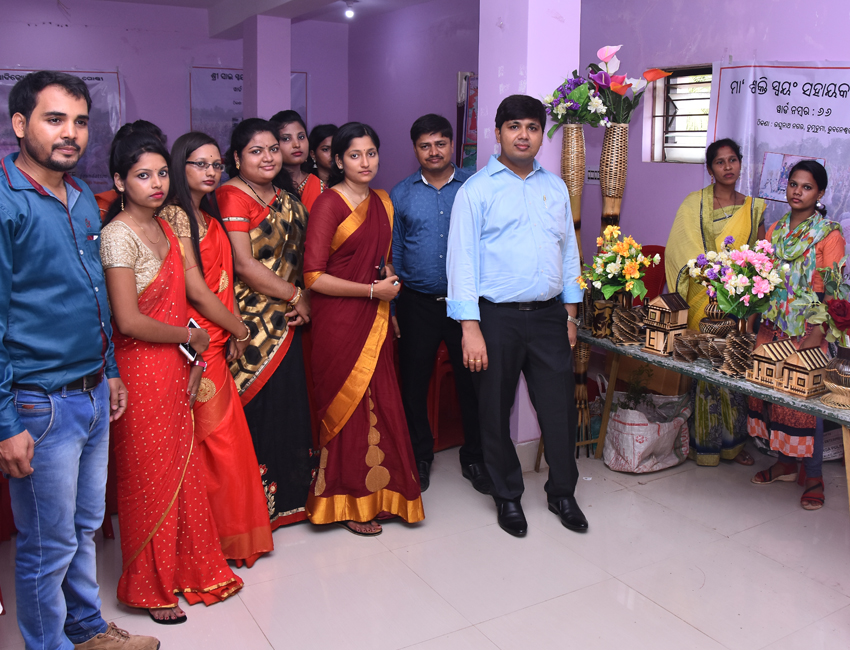
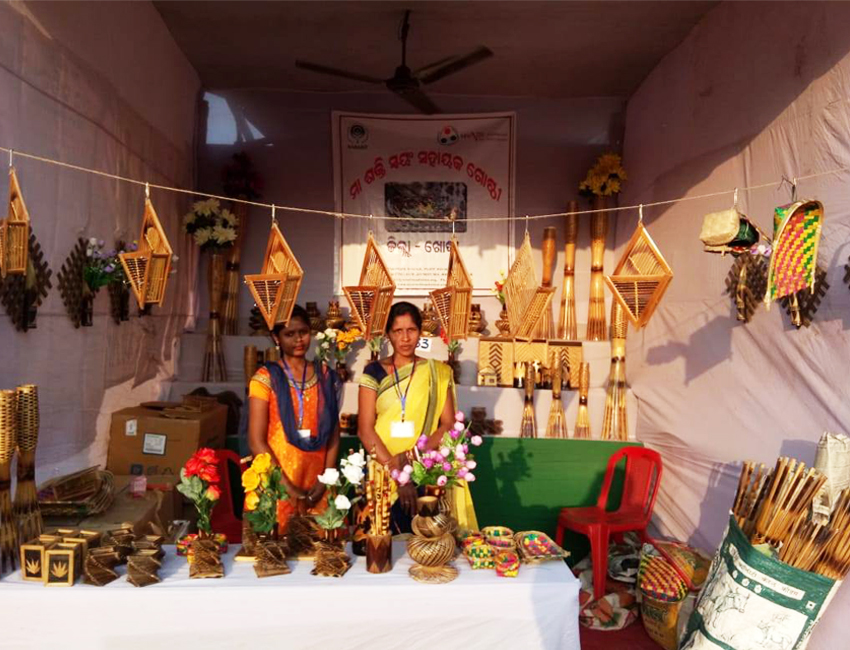
In association with the Rural Water Supply & Sanitation Department under Jal Jeevan Mission's flagship programme, we aim to ensure safe piped drinking water through taps at every rural household for their day-to-day use. The program was devised to focus on the ownership of water resources by the villagers through their participation and contribution to the maintenance of the water resources. The program focused on organizing the Village Action Plan, GP Action Plan, and District Action Plan for ad centralized planning to supply clean water to each rural household. Our journey in the Jal Jeevan Mission began with organizing village-level meetings and social and resource mapping to locate the water resources in the villages. The Village. The Water & Sanitation Committee was formed with the villagers' consent to plan, collect user fees, document, and maintain the water resources. The villagers actively participated in preparing action plans for facilitating water in their village and got it approved in the Gram Sabhas for implementation. The community participation model for water supply to each rural household was implemented by Niyatee in the districts of Bargarh, Deogarh, Jharsuguda, Sambalpur and Sundargarh.
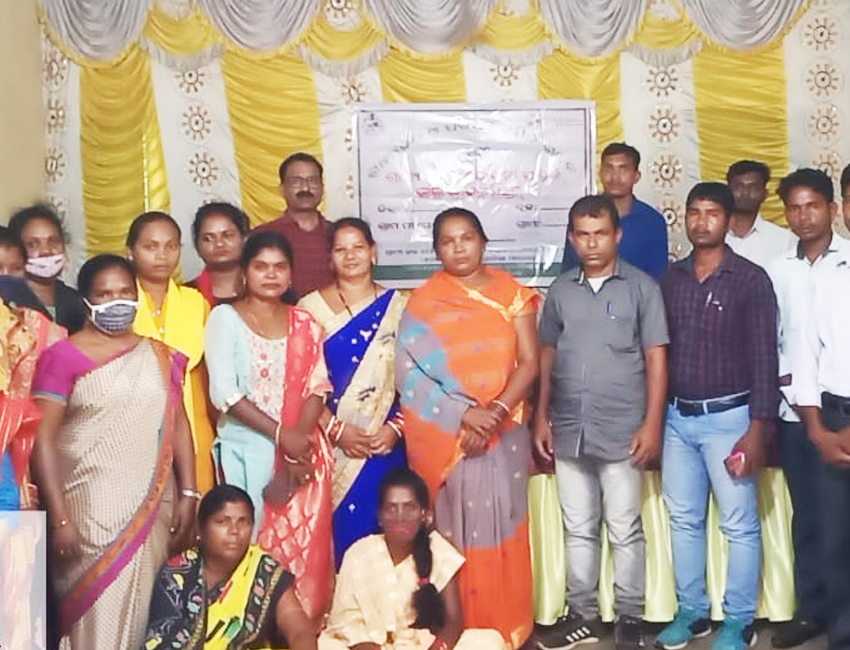
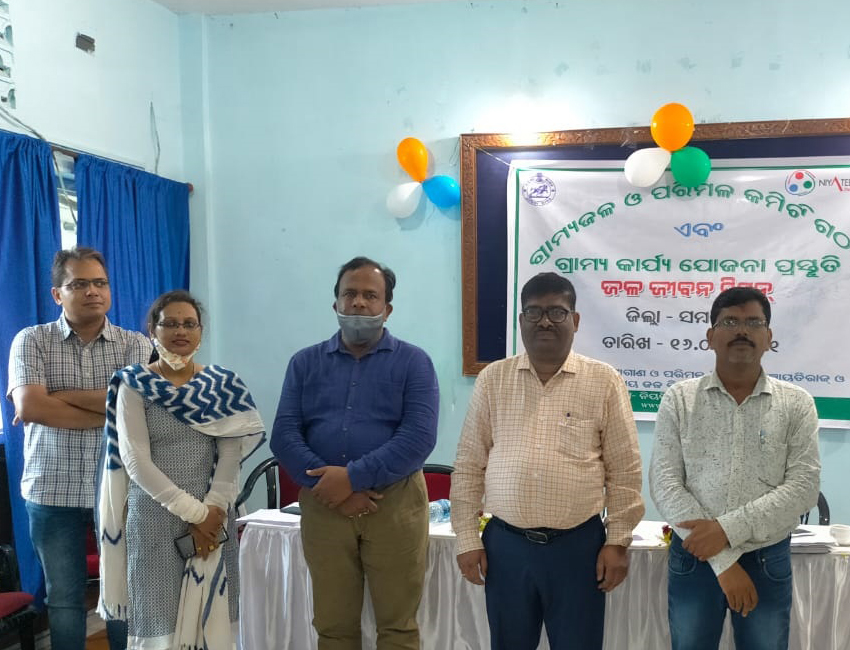
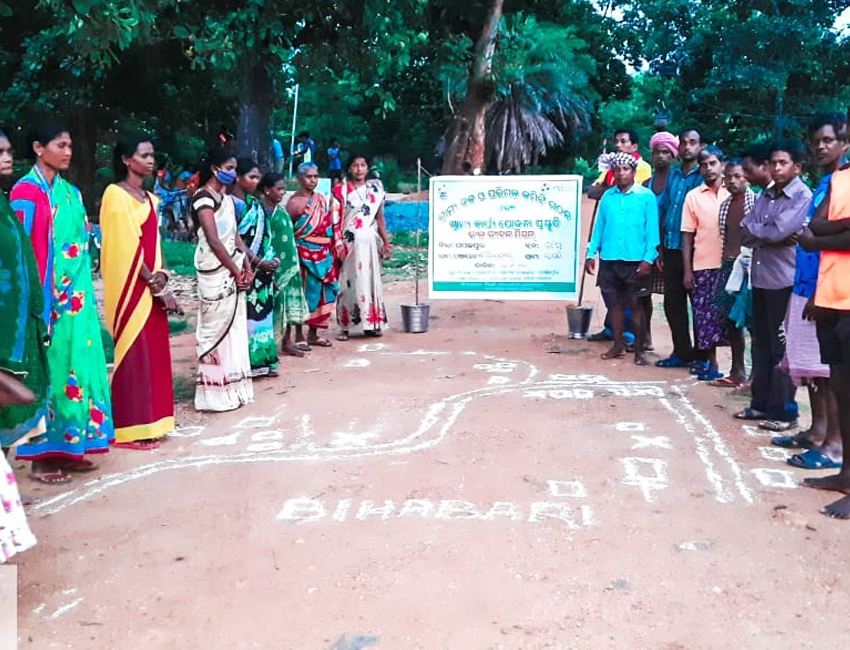
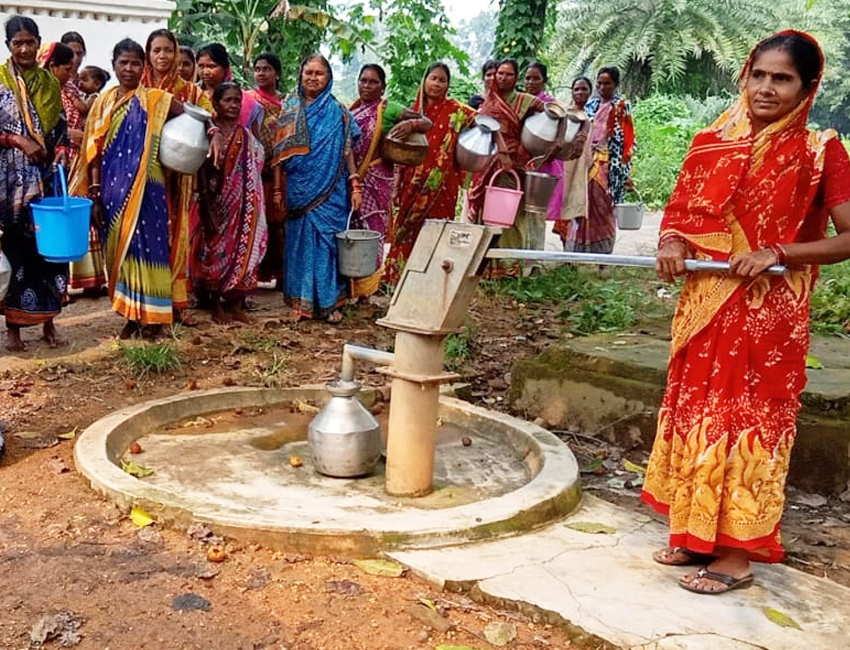
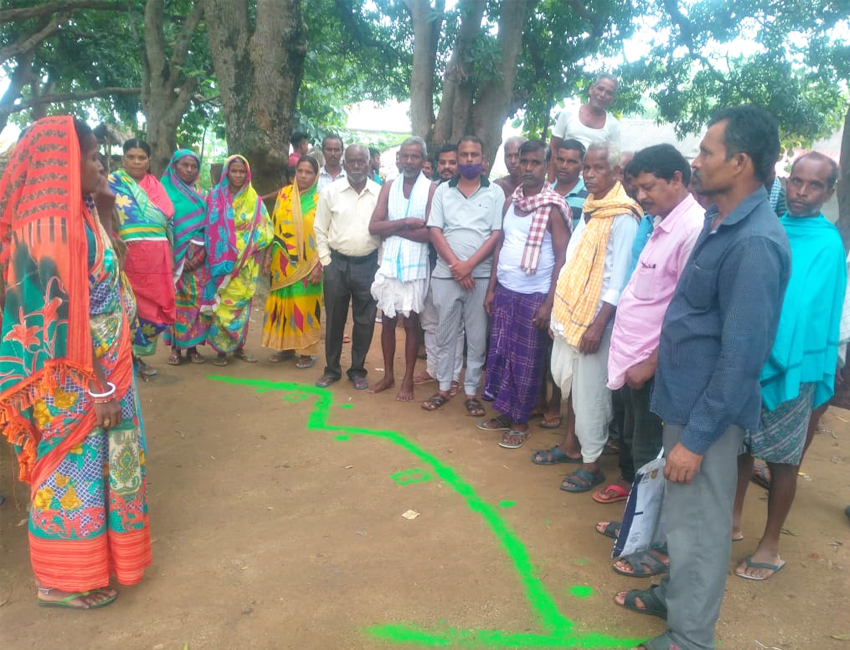
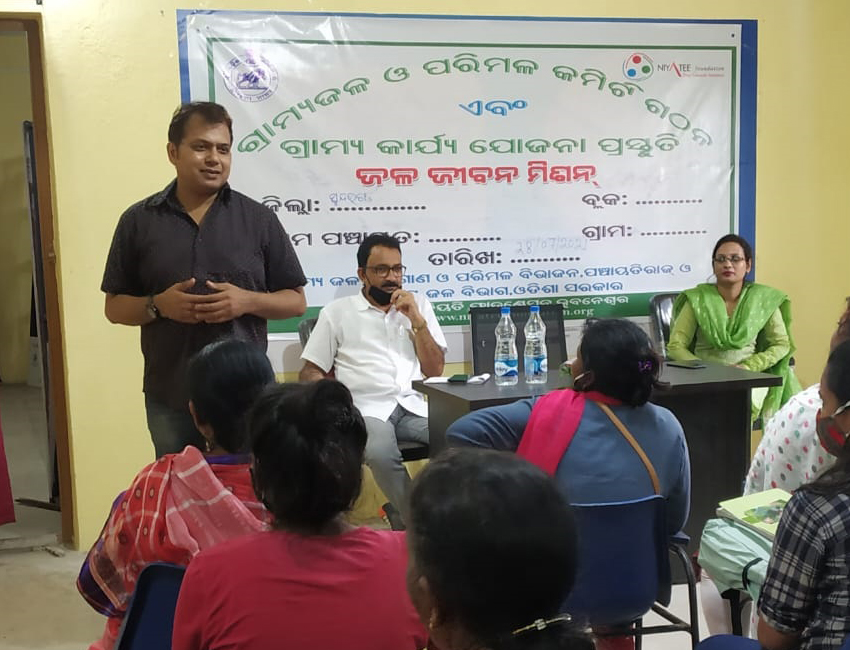
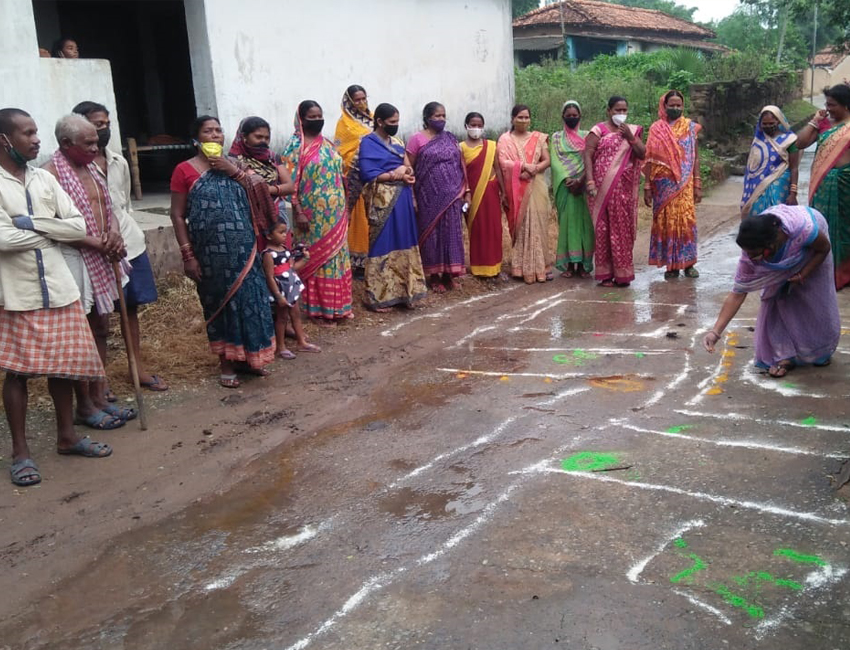
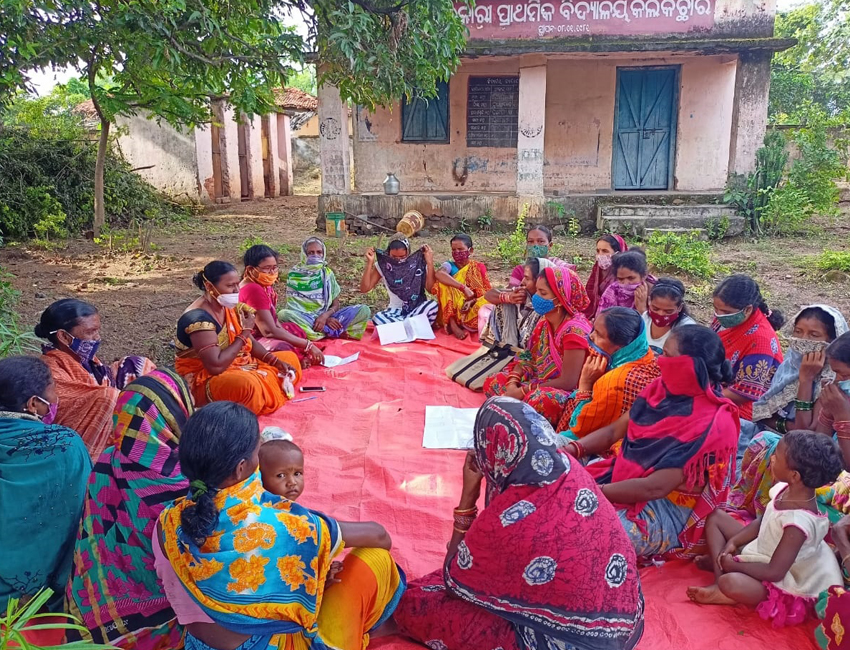
Access to clean and cool drinking water is essential for public health and well-being, especially during the hot and humid seasons when the demand for hydration increases. We have installed 32 water coolers at temples and public places across Bhubaneswar and its surrounding areas to meet this need.
These water coolers are strategically placed in high-footfall locations to provide relief to devotees, visitors, daily commuters, and local vendors. By ensuring access to fresh, potable water, we are improving public health and well-being in the community.
Additionally, we contribute to environmental conservation by reducing single-use plastic bottles, offering a sustainable alternative for the public.
Through this initiative, we are enhancing the comfort and welfare of people in Bhubaneswar, making the city more hospitable and supportive for all.
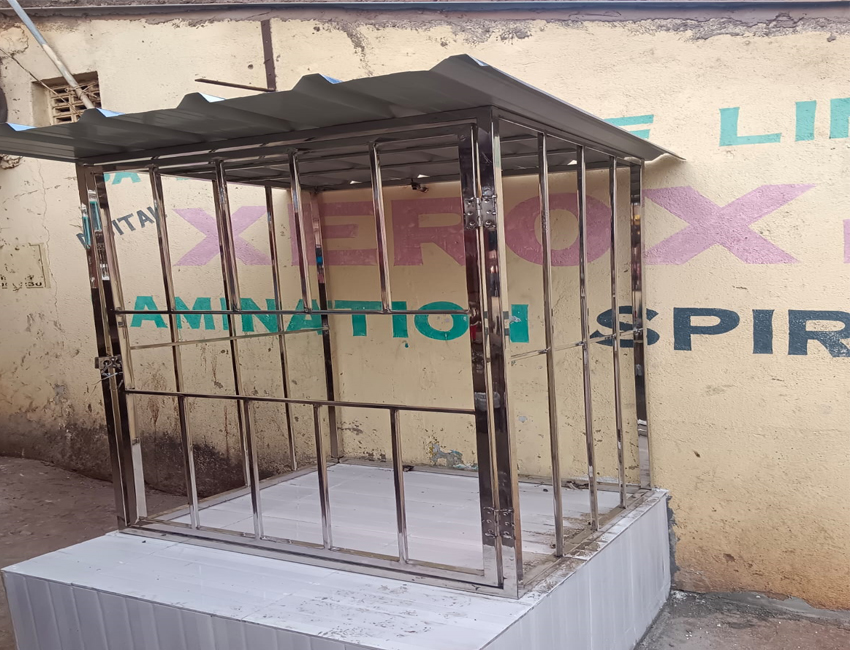
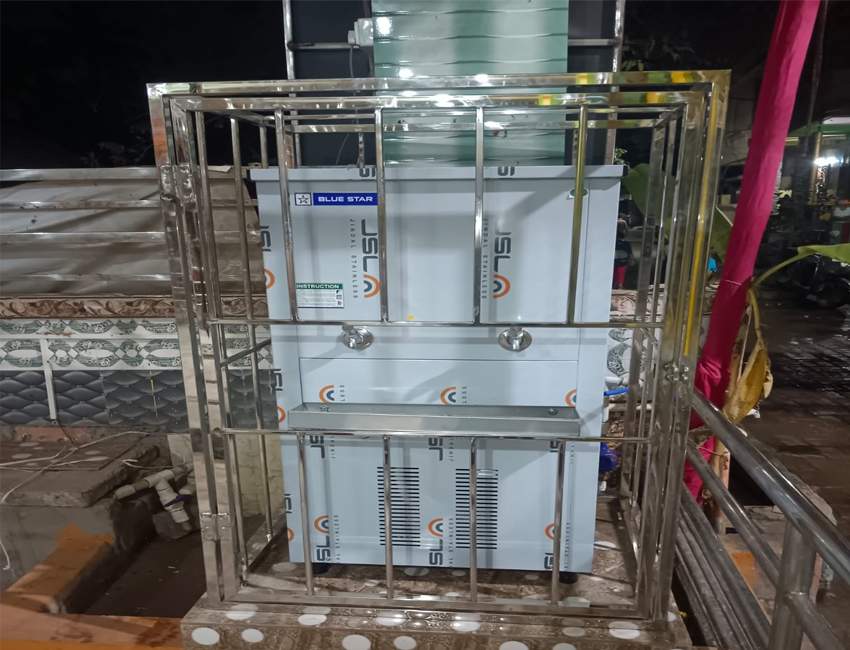
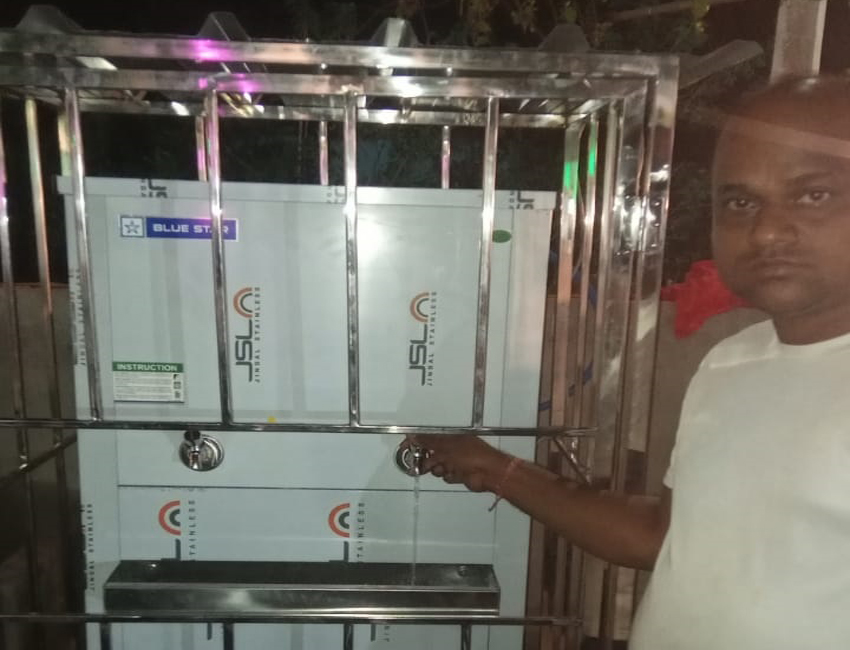
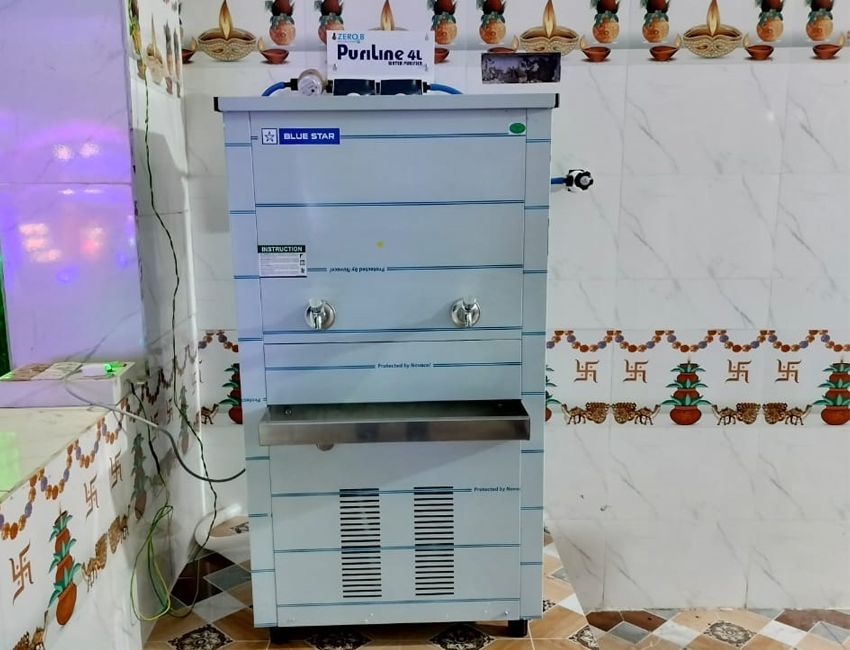
The Quality Education Enhancement Program in Bolangir and Rayagada districts has successfully transformed 40 government and government-aided schools. This transformation includes the installation of smart classrooms and training teachers in modern teaching methods, showcasing the power of technology in education.
By actively engaging parents and the community, we have empowered educators to deliver high-quality, technology-driven education, significantly reducing dropout rates. Strengthening School Management Committees (SMCs) has been crucial to sustaining these improvements.
The program's impact is evident in creating dynamic, interactive learning environments that are better equipped to meet the needs of students, ensuring a brighter educational future for the region. This initiative is a testament to our commitment to enhancing education through innovative solutions and community collaboration.
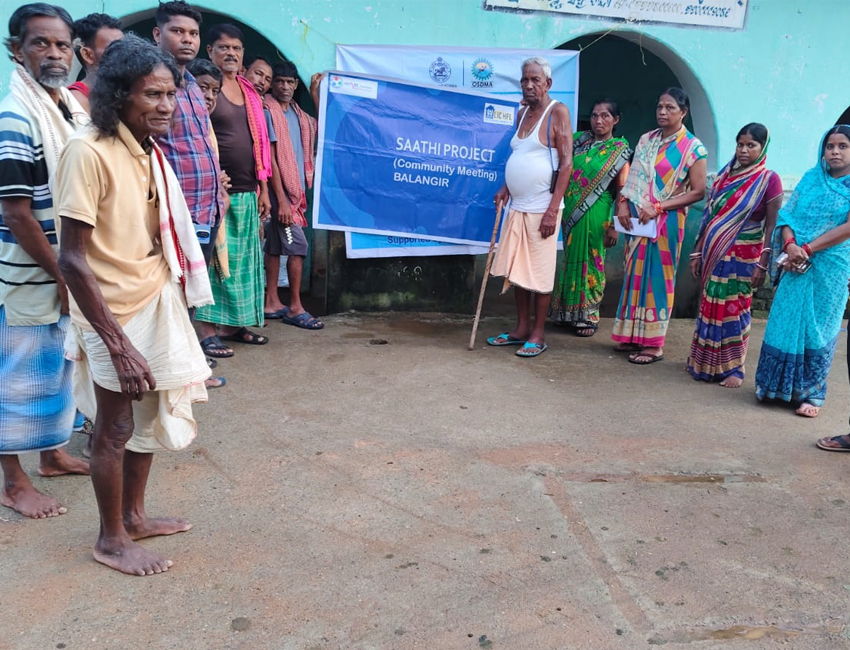
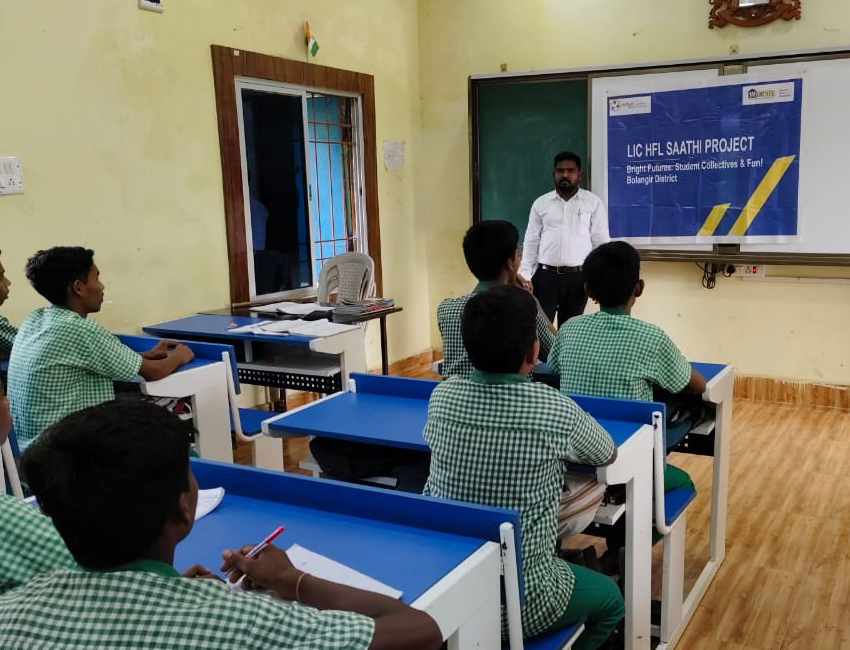
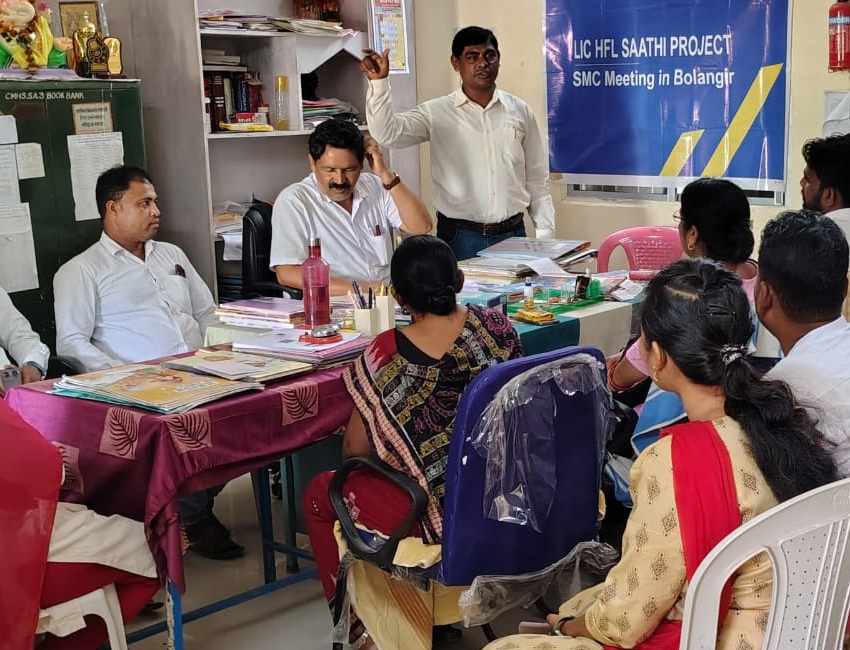
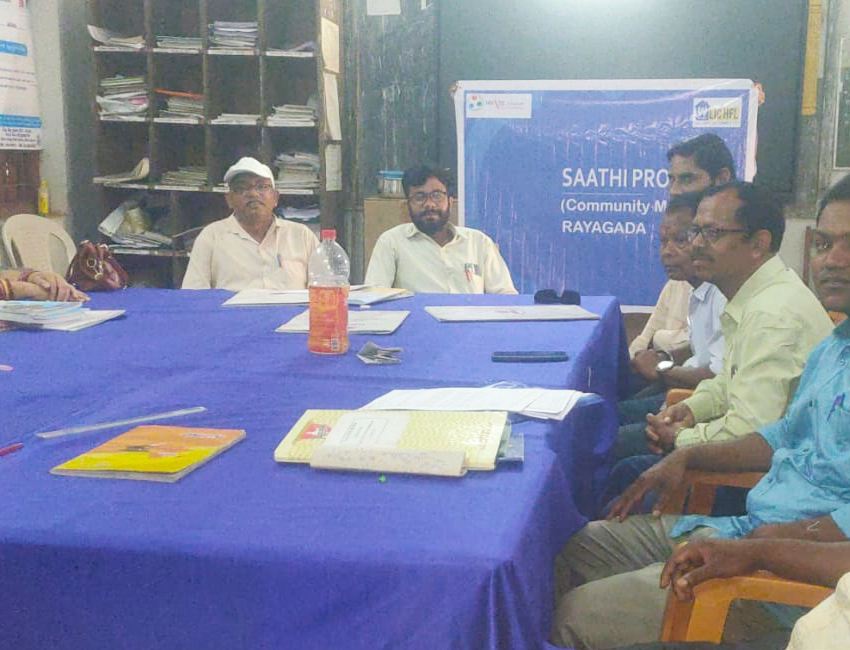
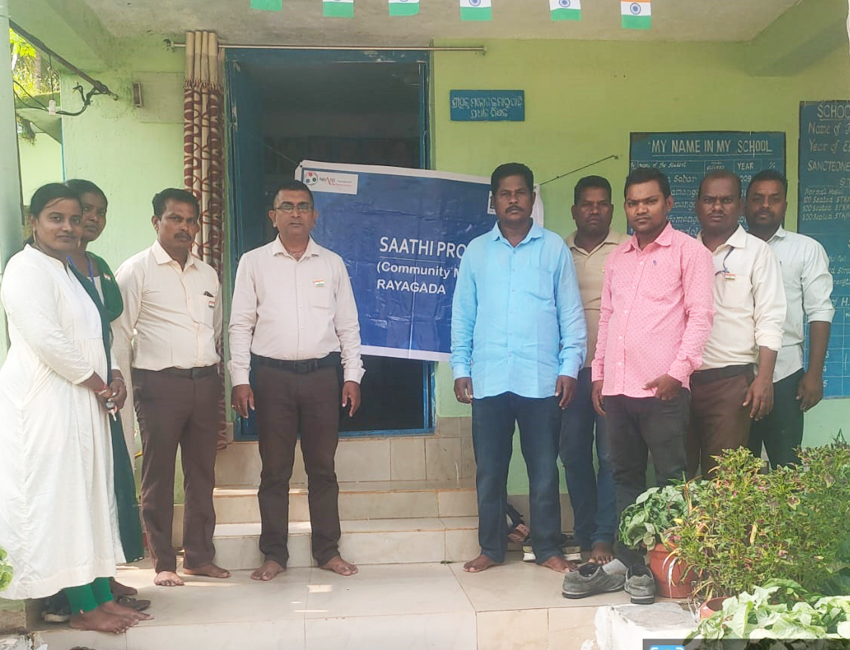
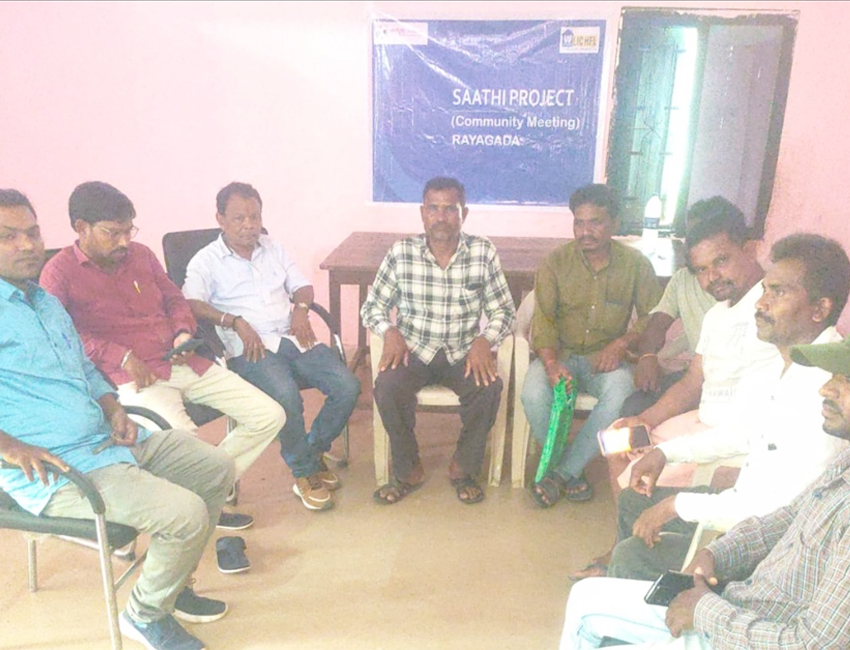
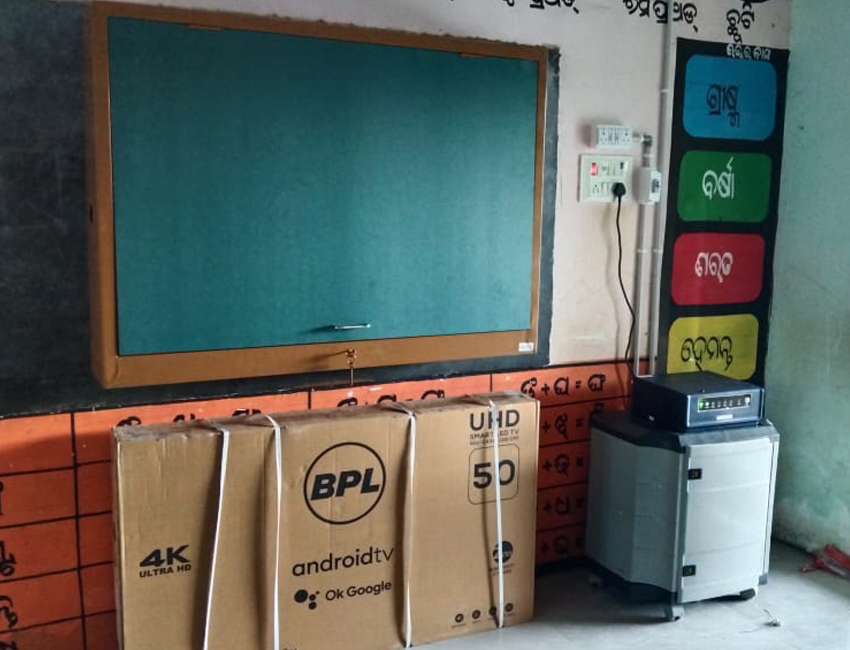
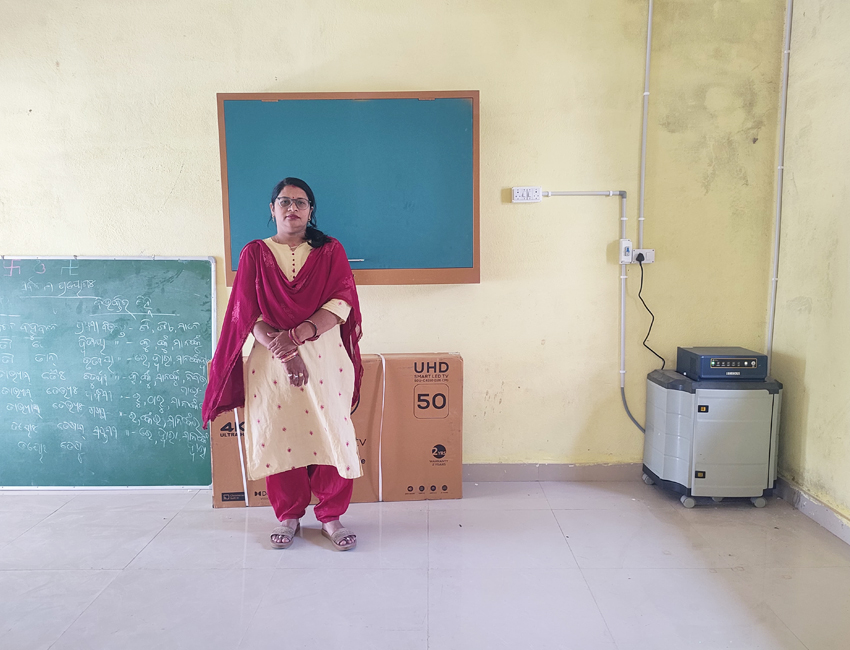
Under our initiative to empower women and youth across the state, we are undertaking Meter Reading, Billing and Collection activities in the various districts of Western Odisha in association with TPWODL. The program has been a source of income generation for the youths and women organized in SHGs or otherwise by creating continuous employment opportunities and strengthening the electricity infrastructure. Through the program, the youths and women are actively trained, and participants are made to undertake the monthly MBC activities throughout the district, guaranteeing them sustainable income and resulting in their social and financial empowerment. The SHGs and youths are extended employment in their local region through the program, and over 100 SHGs are empowered through the program. The program has resulted in a reduction in rural-to-urban migration with the availability of local job opportunities. The intervention, being non-market intensive, results in a safe and more sustainable source of income for the women and youths in the region. Also, flexible working hours provide them with convenience at work, creating a better work-life balance. The program doesn’t include captive labour and results in knowledge and skill enhancement using the latest meter reading and collection technology. The program also highly focuses on digital payment of electricity bills, strengthening the infrastructure of digital India. Young girls, especially those with ITI backgrounds, are given ample opportunity for employment in the sector, making them bread earners for their families. The youths are attaining experience and valuable skills due to the extensive training and implementation of the program, shaping them as experienced professionals and opening avenues for better employment. The extensive grassroots level implementation of the program, including over 3 lakh households across 5 districts of western Odisha, is a massive intervention and has attracted the attention of eminent institutions like the Indian Institute of Management, Sambalpur, as part of their case study
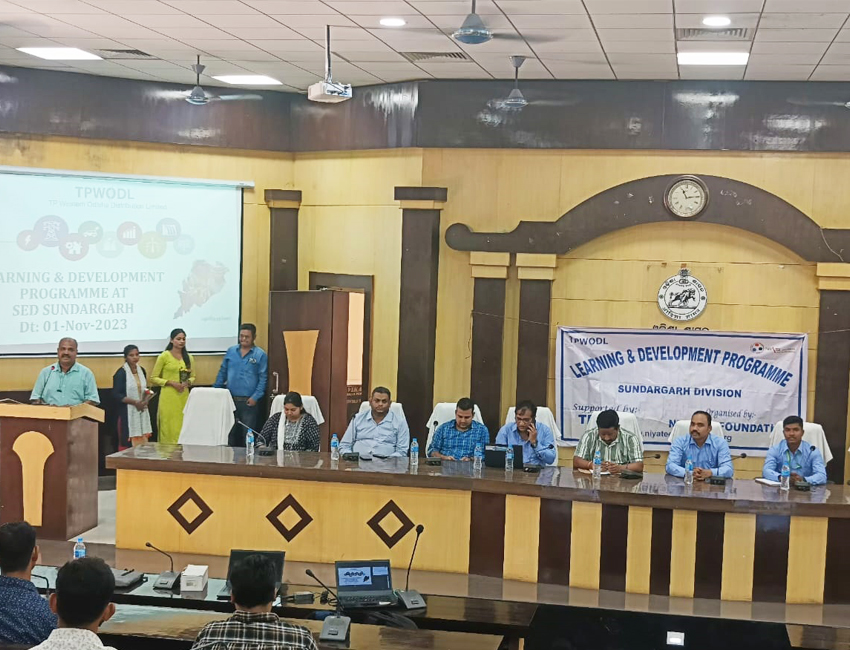
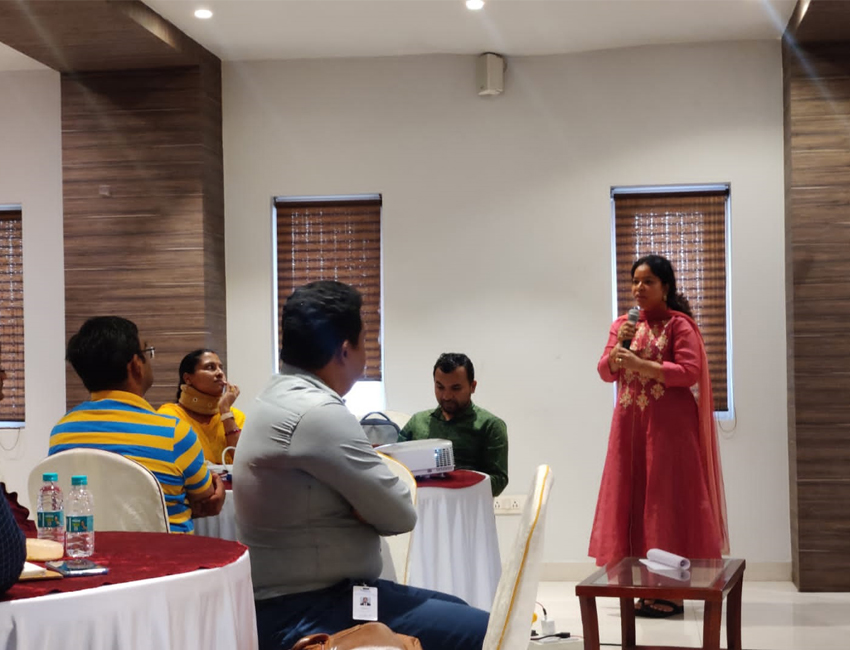
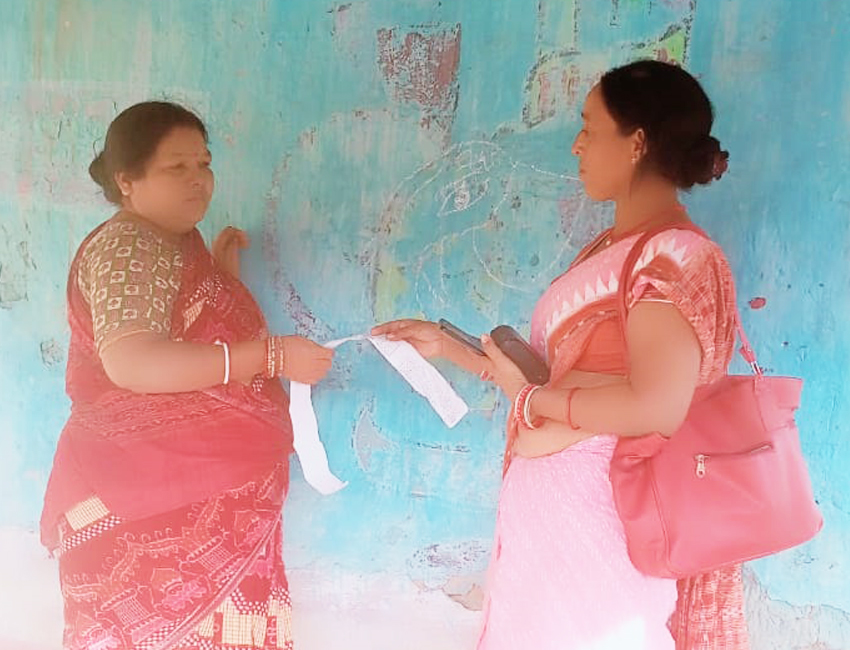
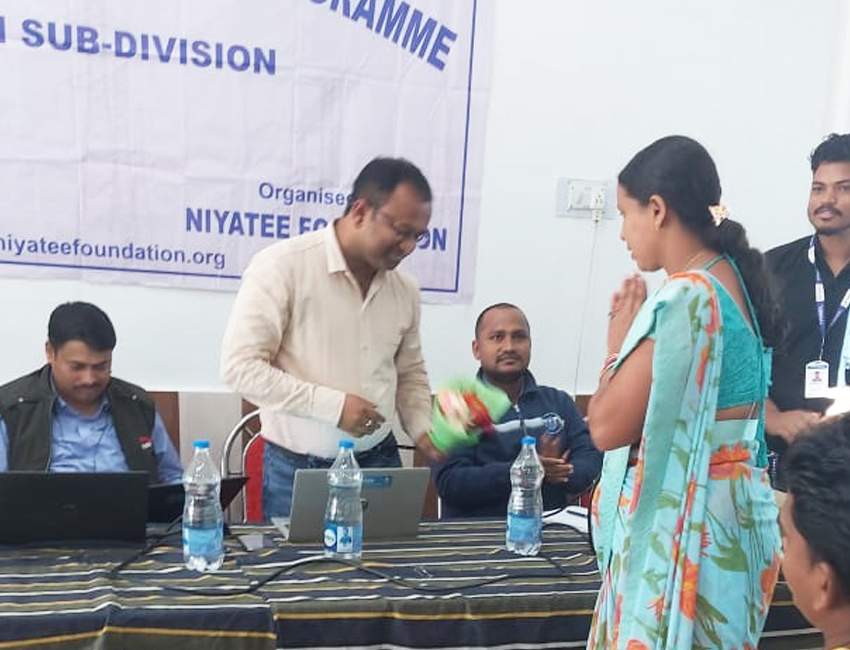
At a time when global warming is widely recognized as the most alarming issue confronting planet Earth, we at Niyatee Foundation understand that to tackle this danger, the only solution is to sustain plantations with the required care.
Through our 'PARIVESH' campaign, we have been providing saplings to various schools, colleges, and institutions. Our aim is to instill a strong sense of responsibility among students and citizens, encouraging them to actively participate in tree planting efforts that help cleanse our environment. We also distribute saplings at all our events and include a plant with every prize we offer, fostering a culture of environmental responsibility.all and easy daily practices bringing big impact on environment.
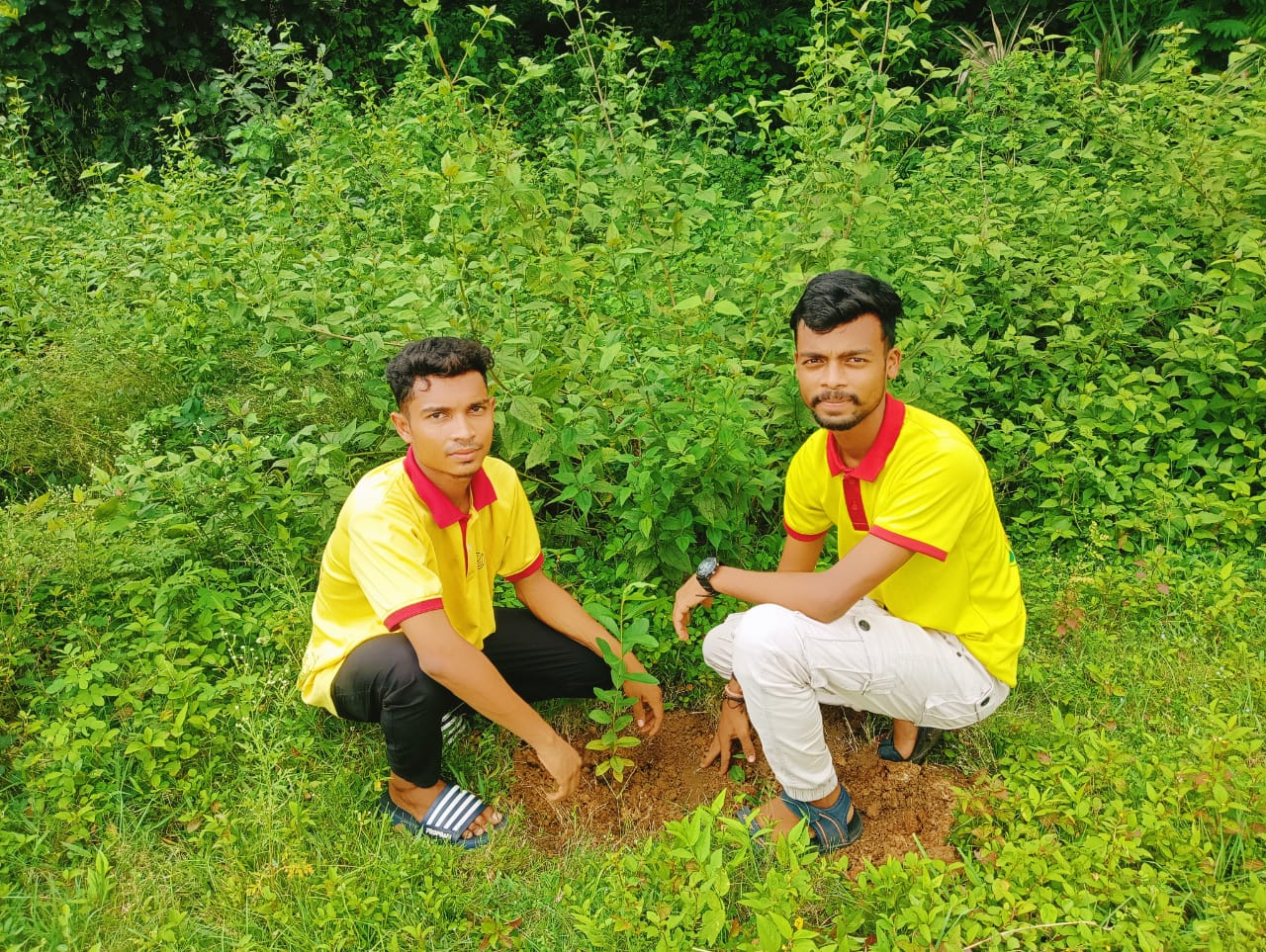
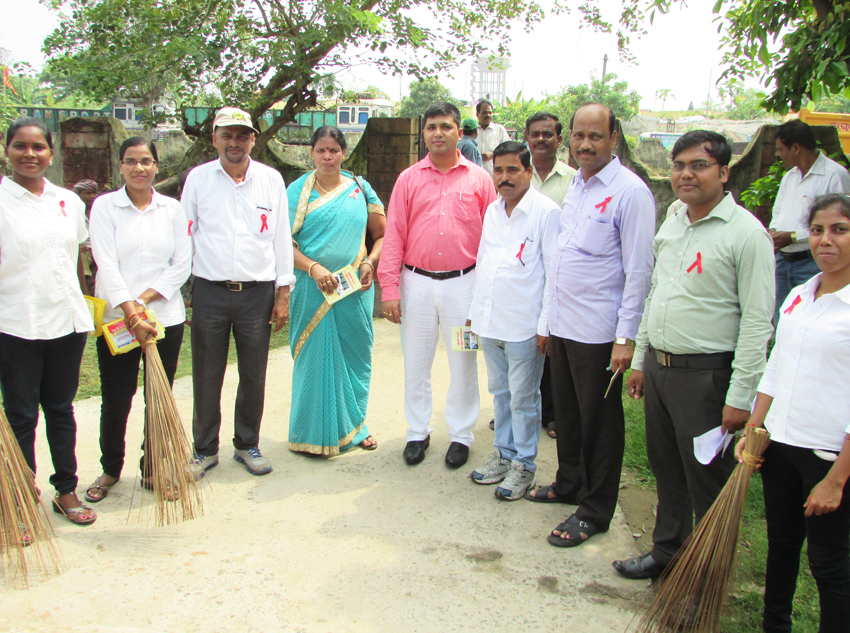
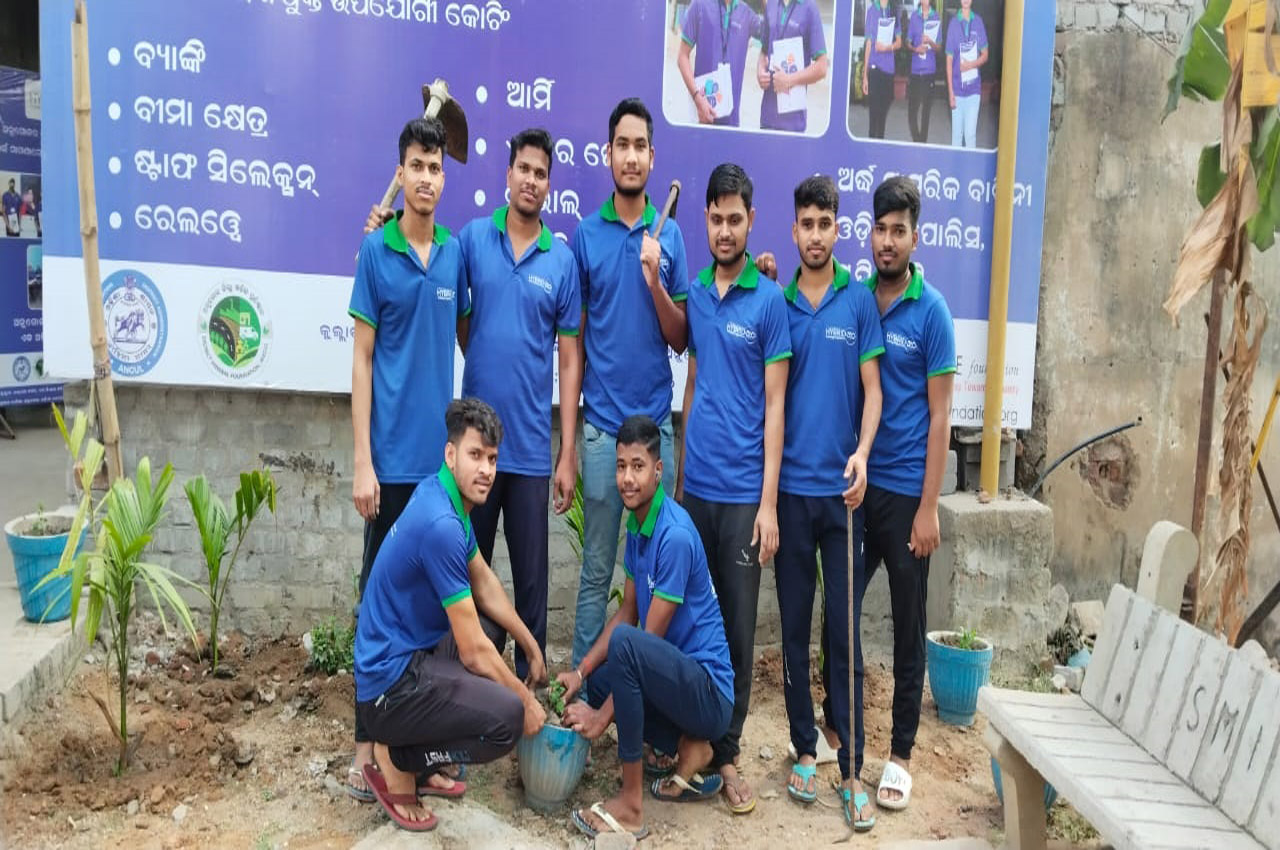
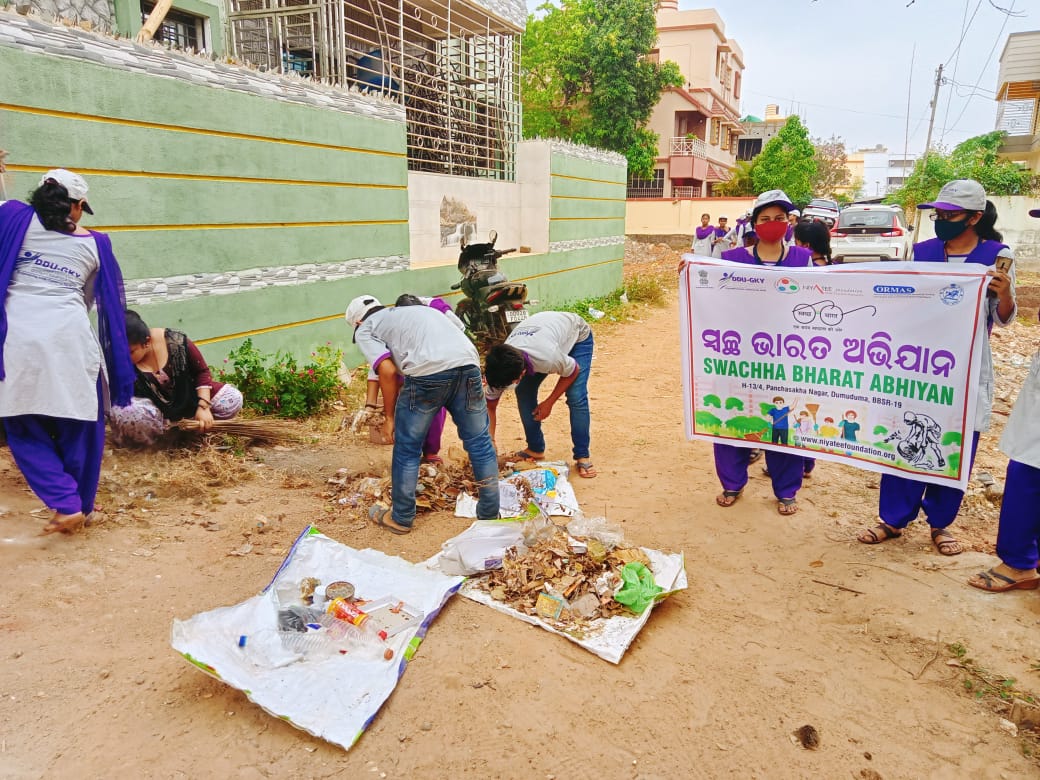
Our healthcare activities are directed to change peoples' health practices and care-seeking behaviour through education, awareness and experience with alternate healthcare services. Through our programme "sushruta " we provide awareness on acupressure and magneto therapy. We also educate people through several video programs to take initial level actions themselves before reaching the hospital. In addition, we regularly explore innovative solutions to local health challenges, as well as work with the government in an attempt to improve public health services. We also conduct regular blood donation camps and awareness regarding thalassemia, malaria, dengue and AIDS. Particularly for AIDS, we partner with the State Government in launching periodic IEC campaigns and workshops on prevention and control of AIDS.
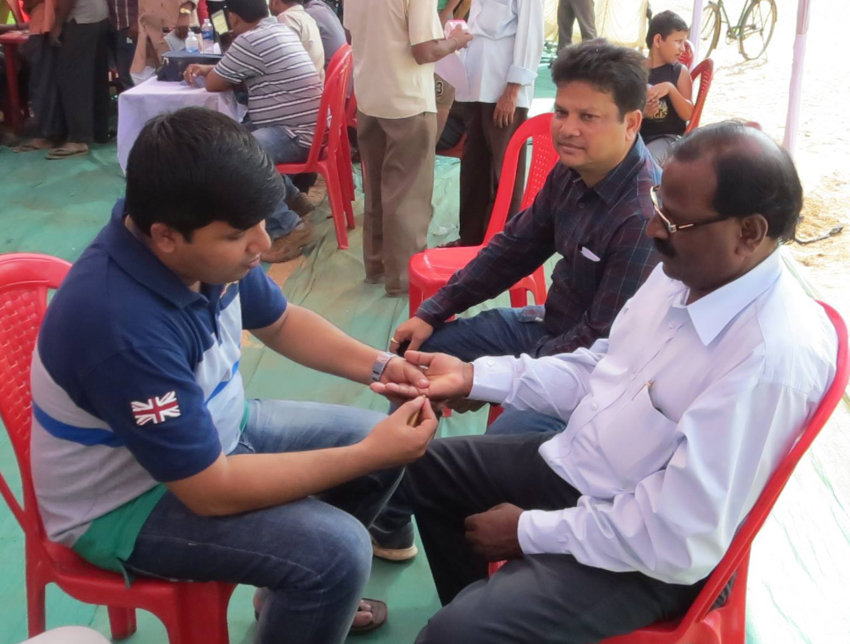
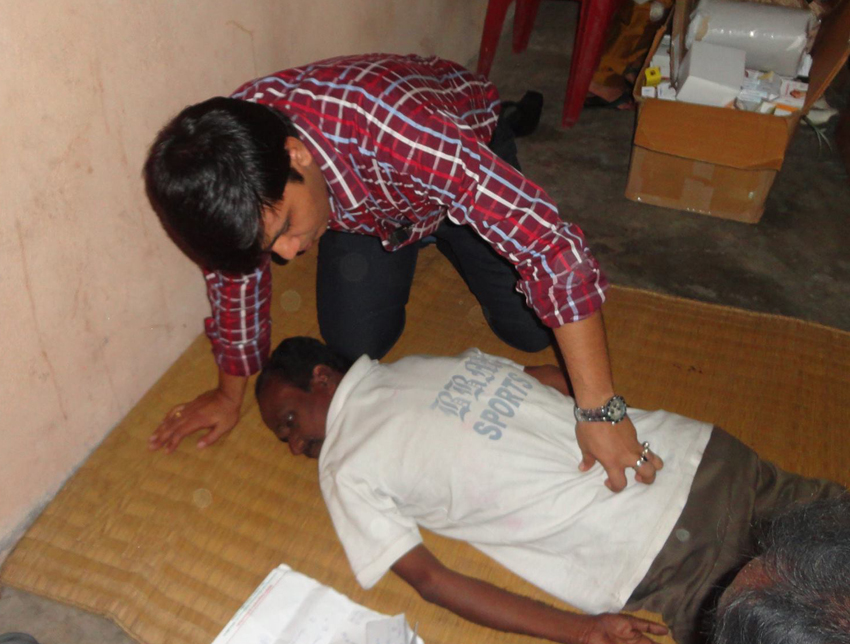
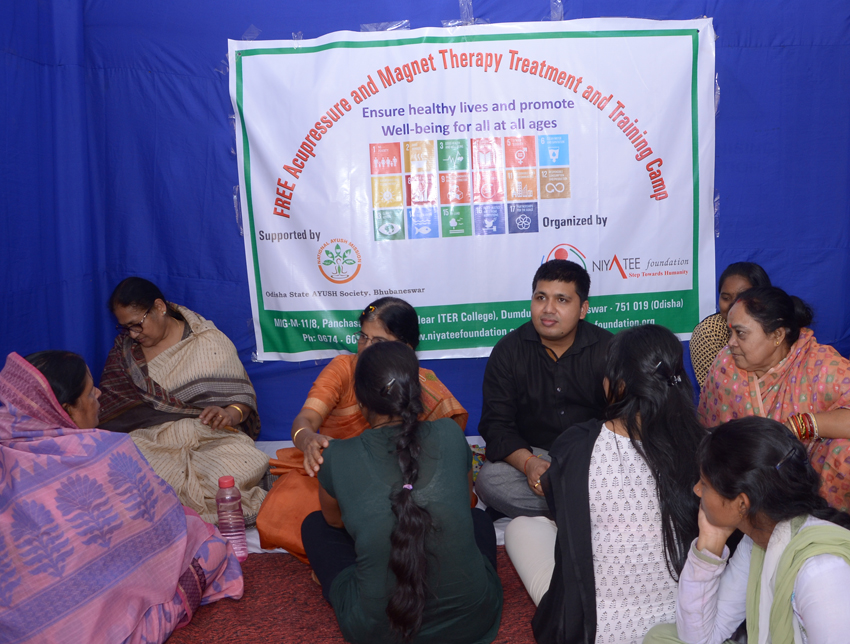
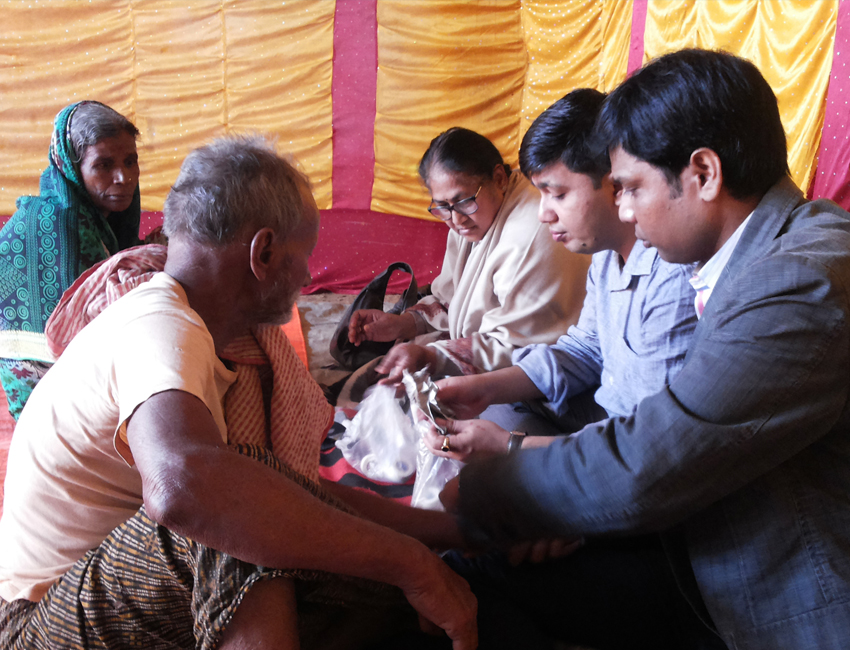
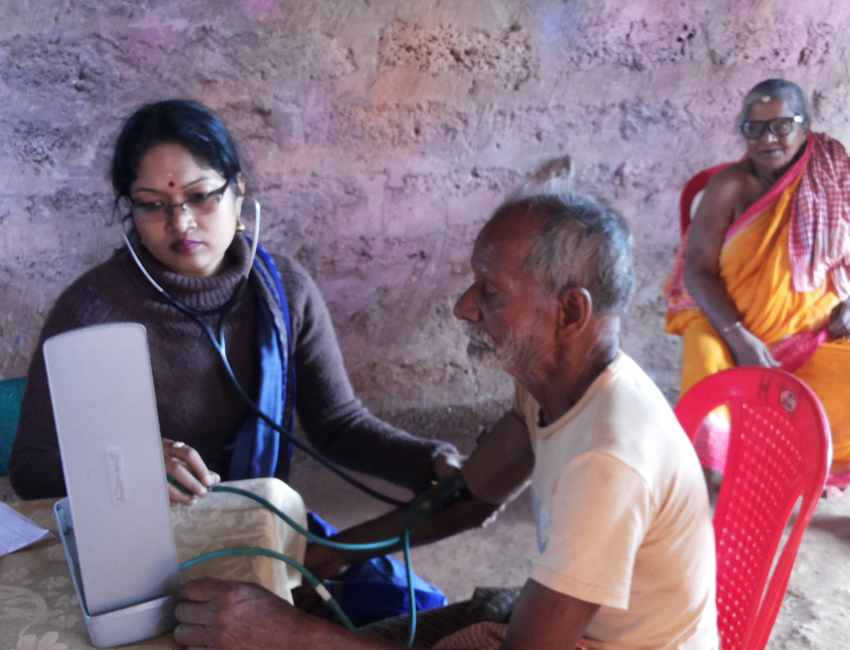
Though India is among the countries at the forefront of the digital revolution, there remains a significant disparity between urban and rural areas regarding digital knowledge and infrastructure, resulting in the digital divide. We at Niyatee Foundation strive to bridge this divide by participating in the Digital India Government programme. A Digital Village is often seen as an idea that can help remove this Digital Divide, enabling development to reach underdeveloped regions and the country to achieve inclusive growth. A "Digital Village" is a village with voice and data connectivity. Our efforts include regular awareness programmes in villages, educating residents on how information technology can enhance productivity in all aspects of life. We also provide training on the use of basic computing devices such as computers, tablets, mobile phones, and ATMs, equipping villagers with the skills they need for modern life.
